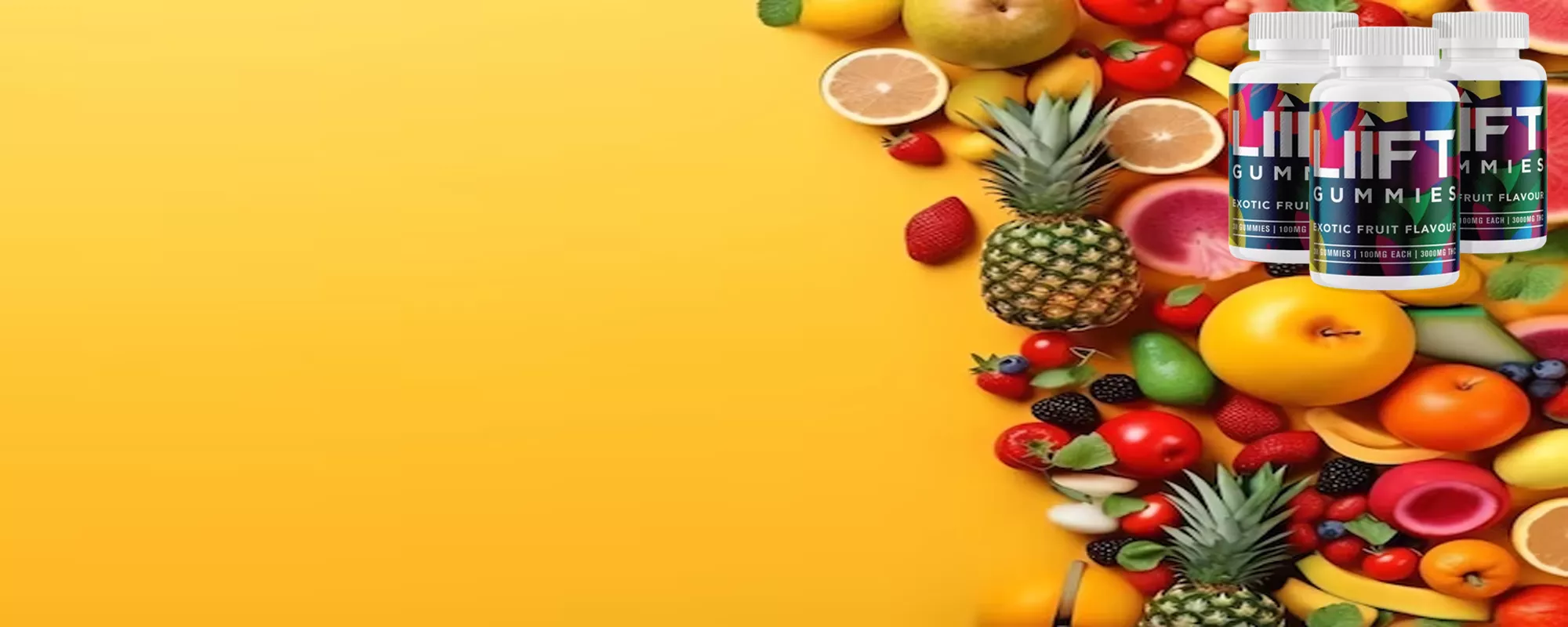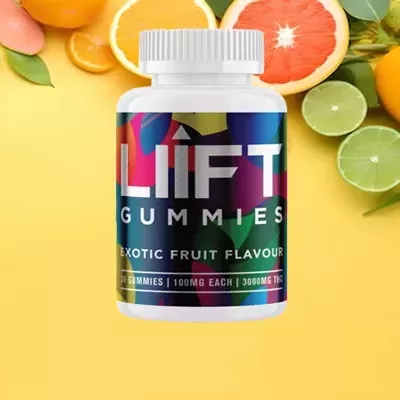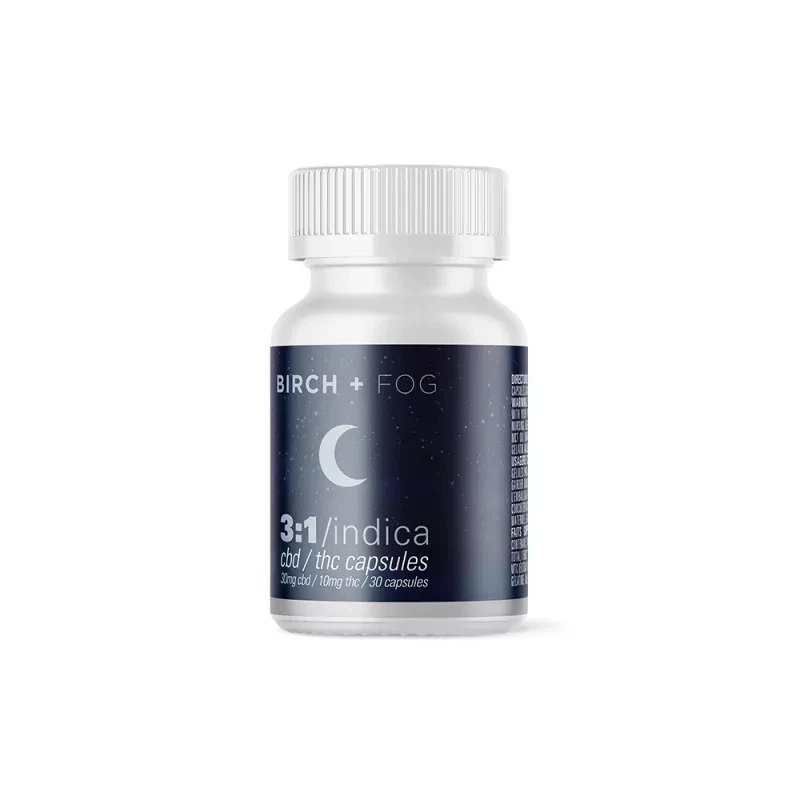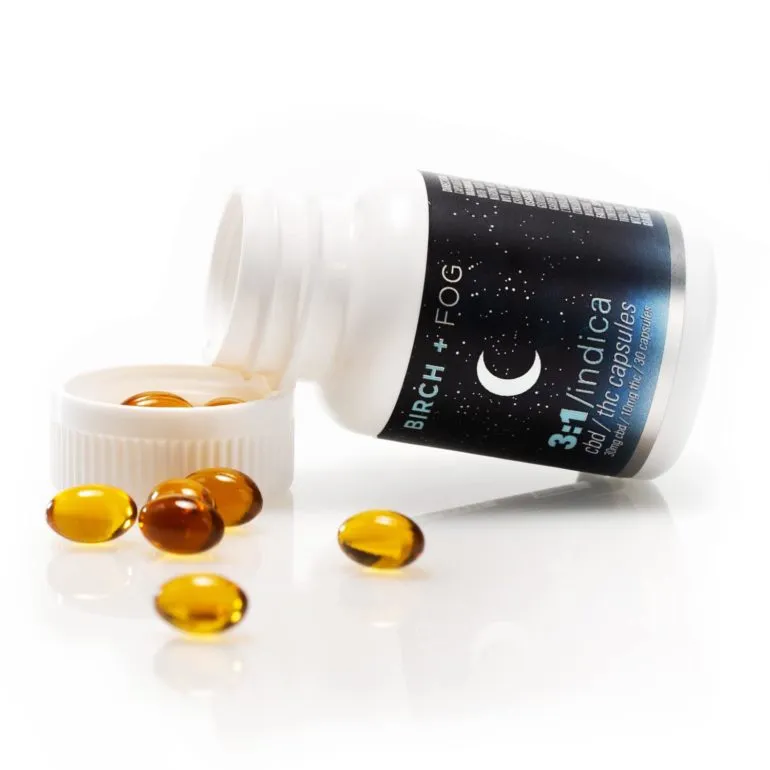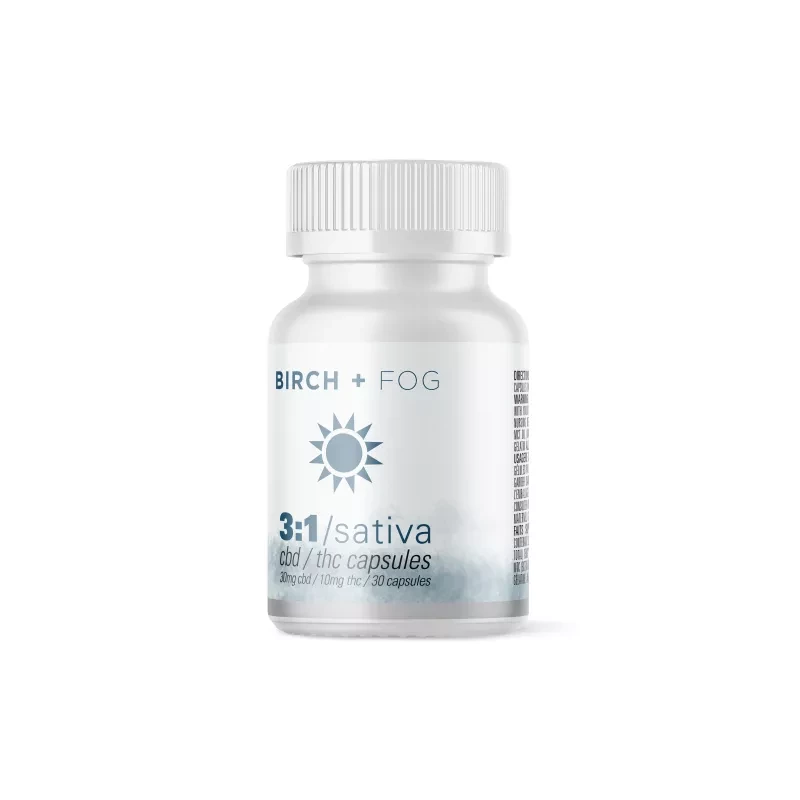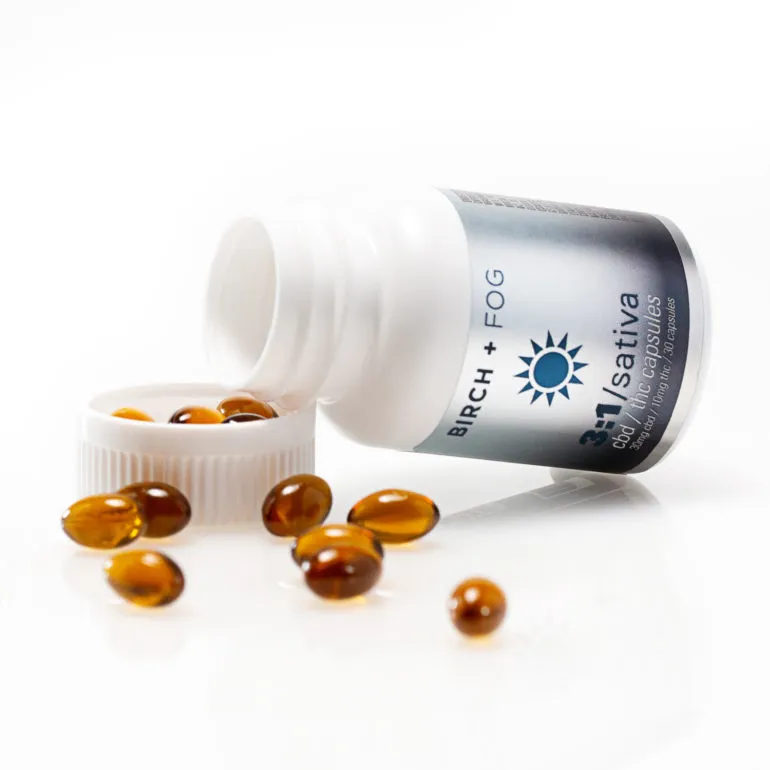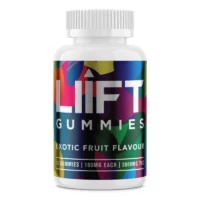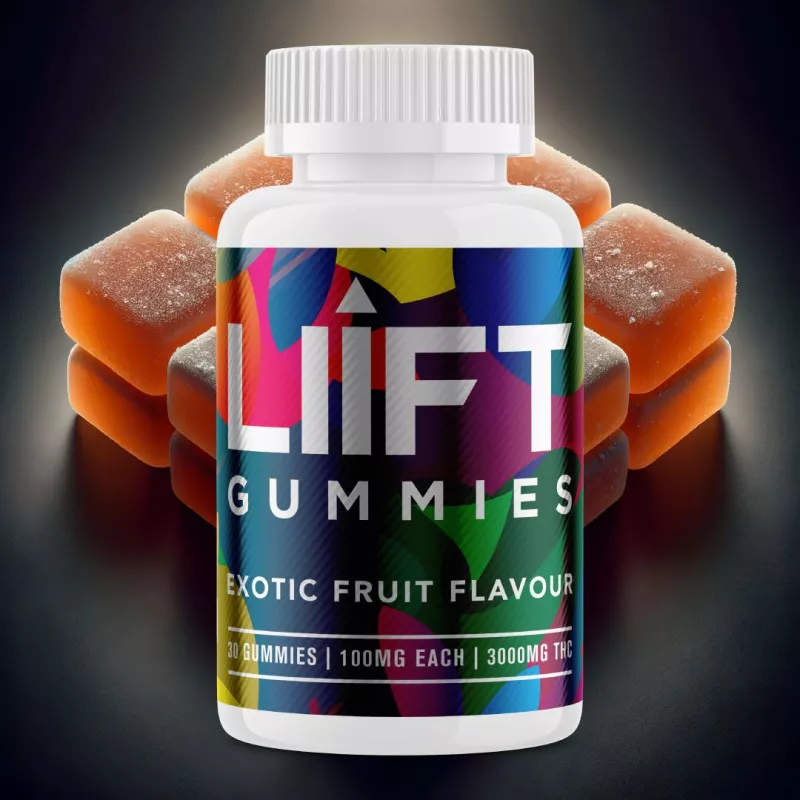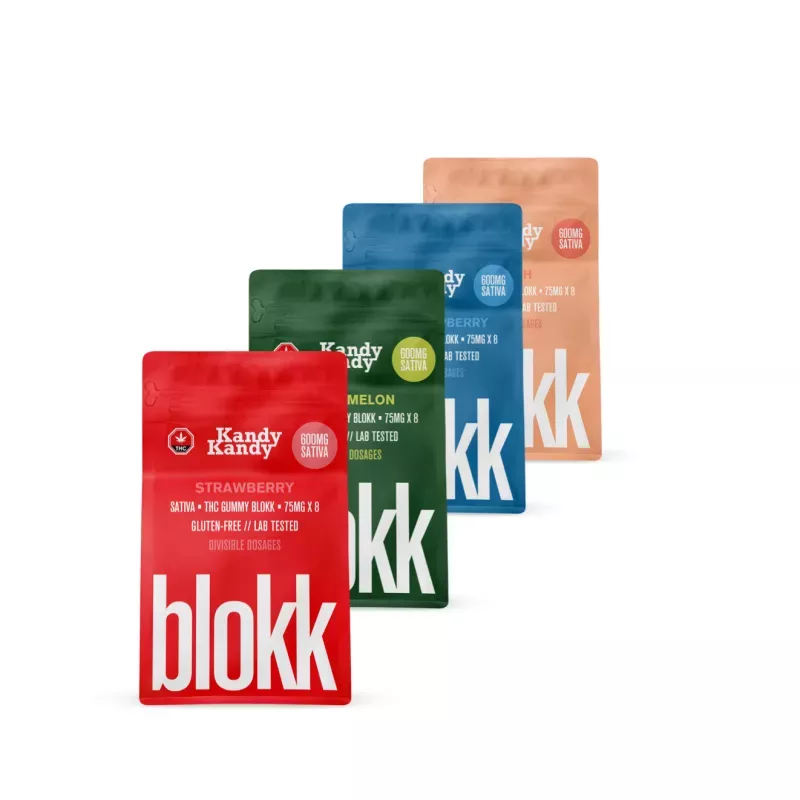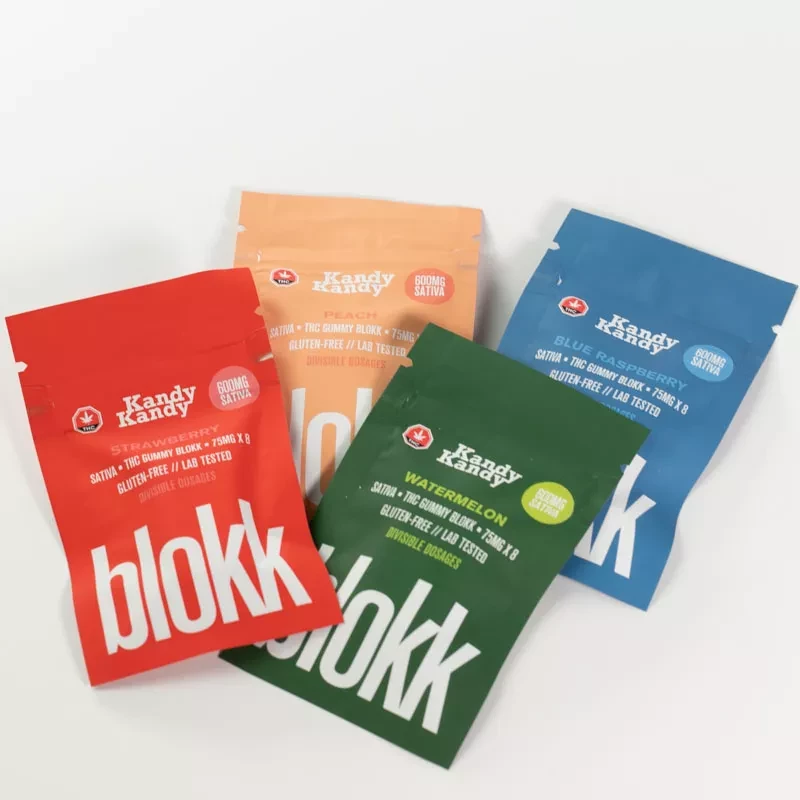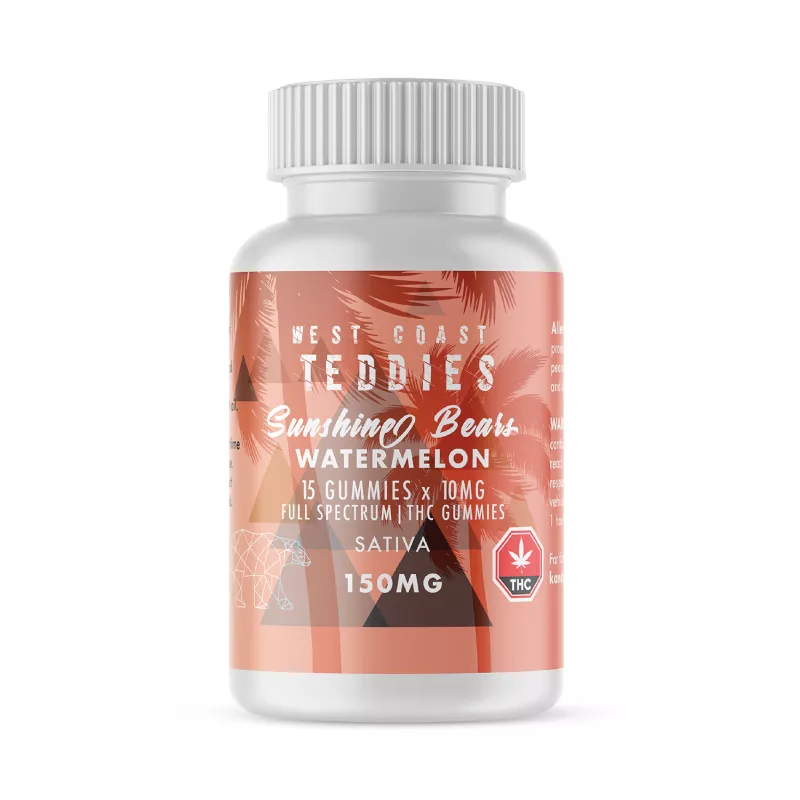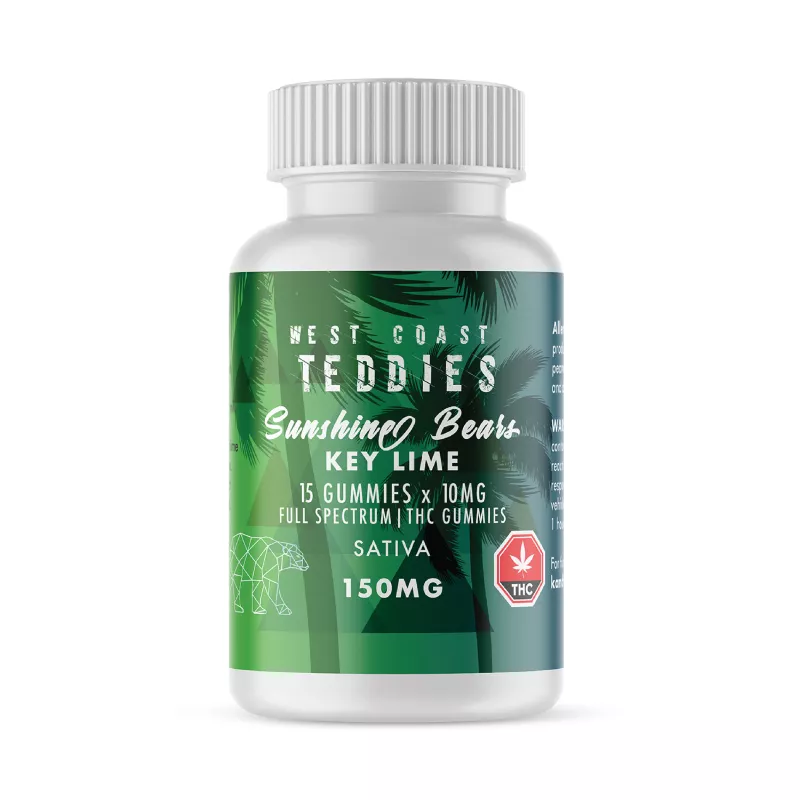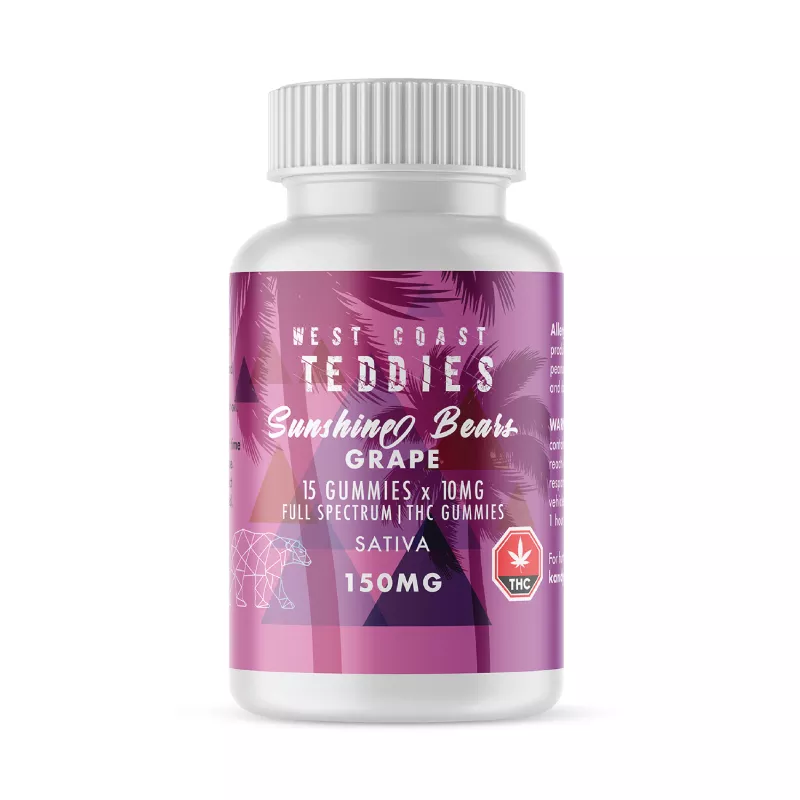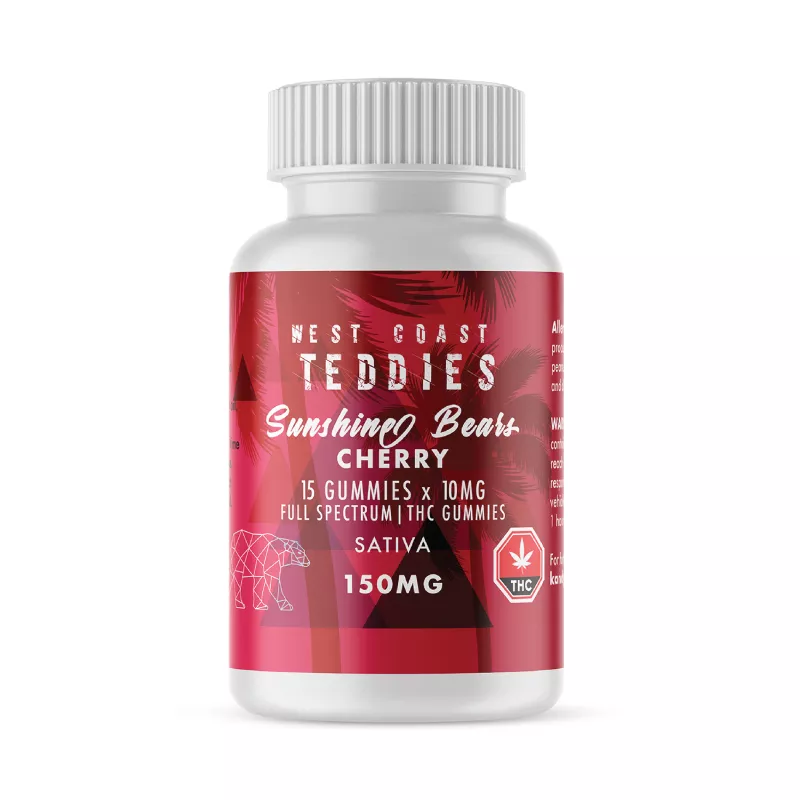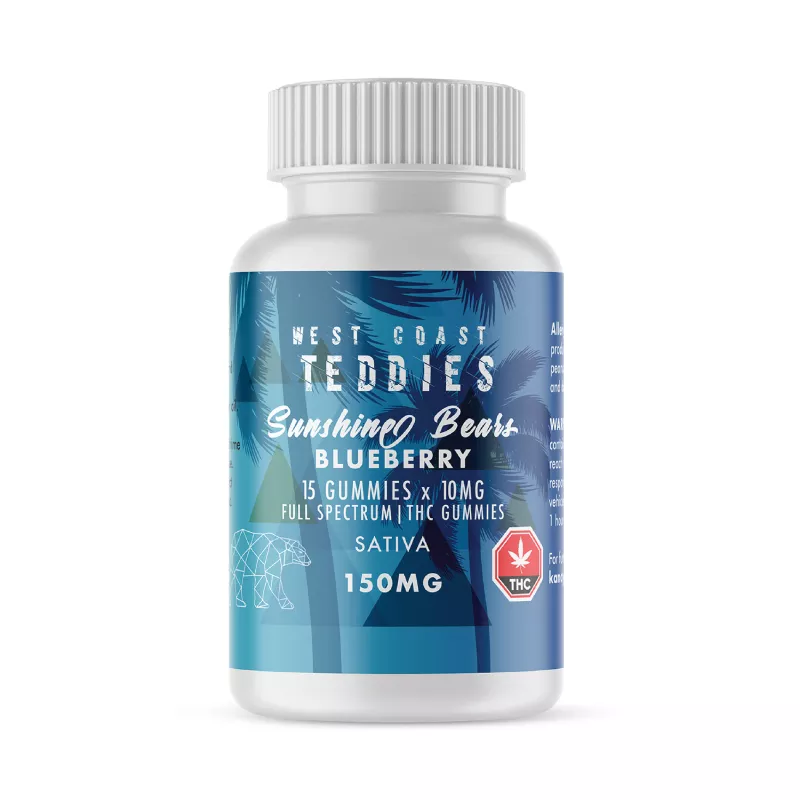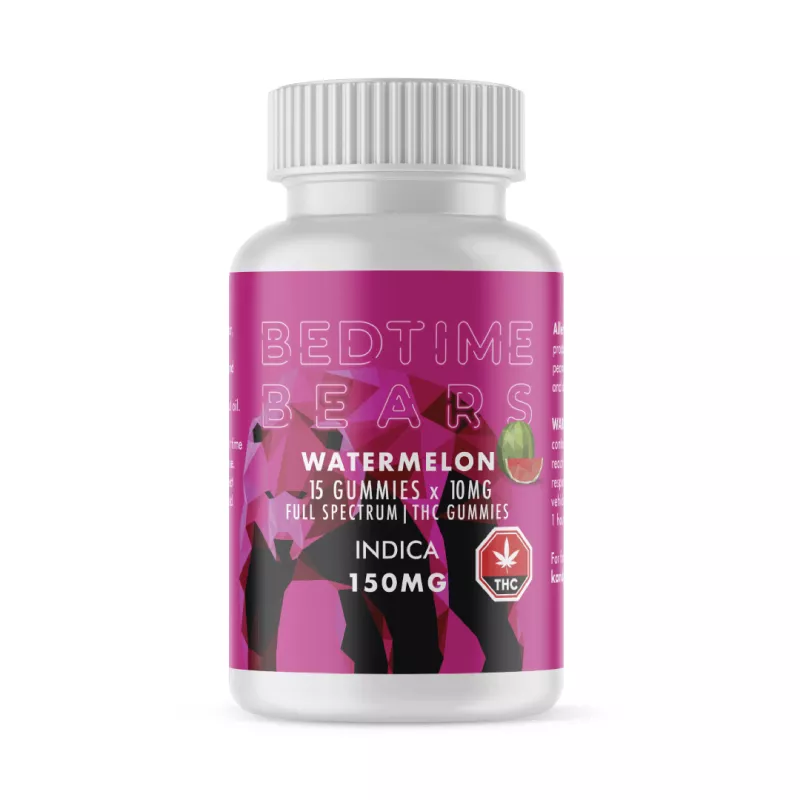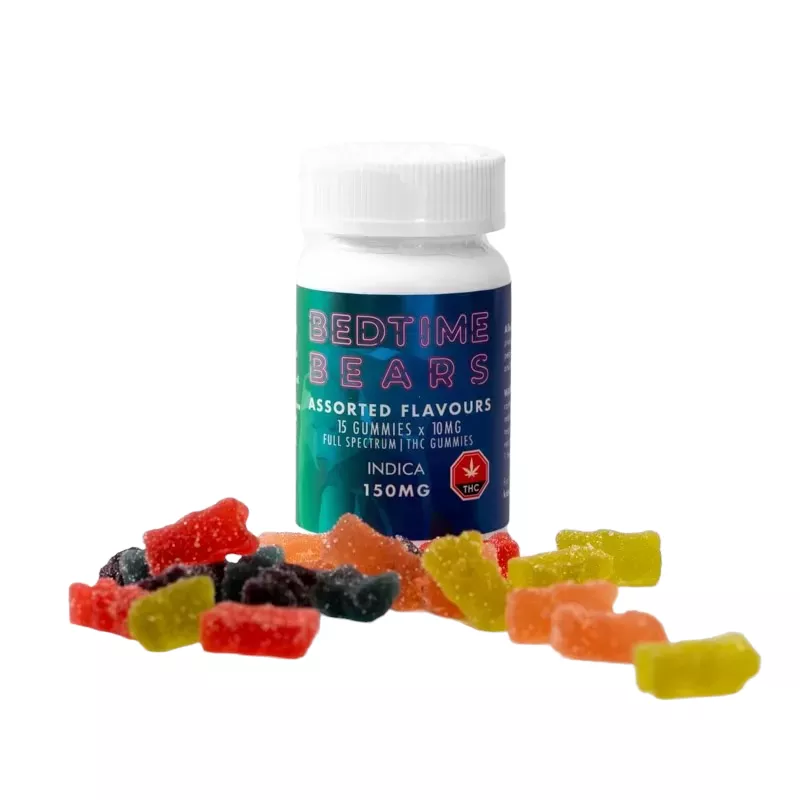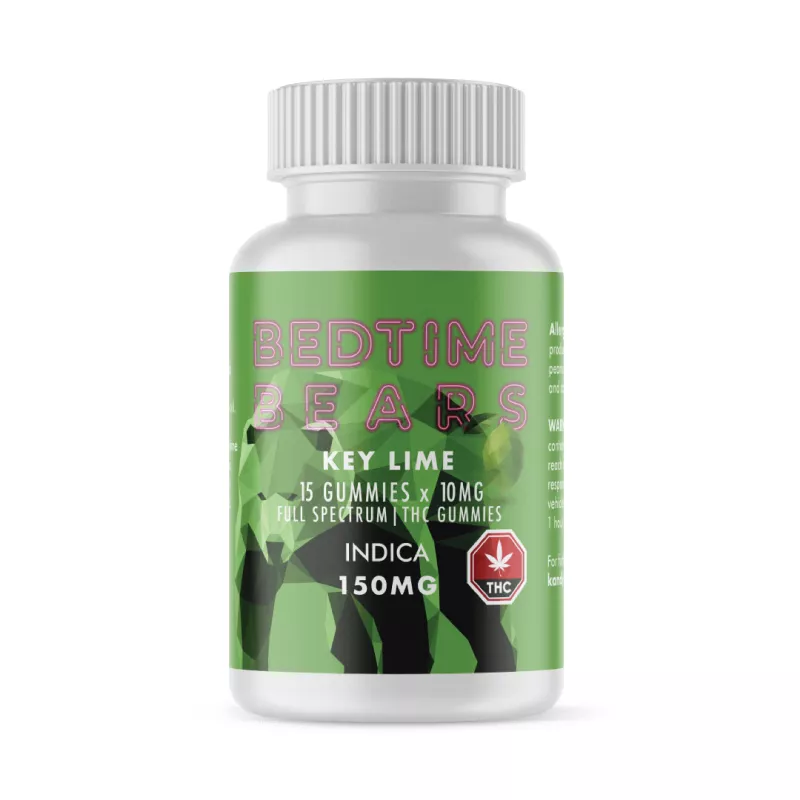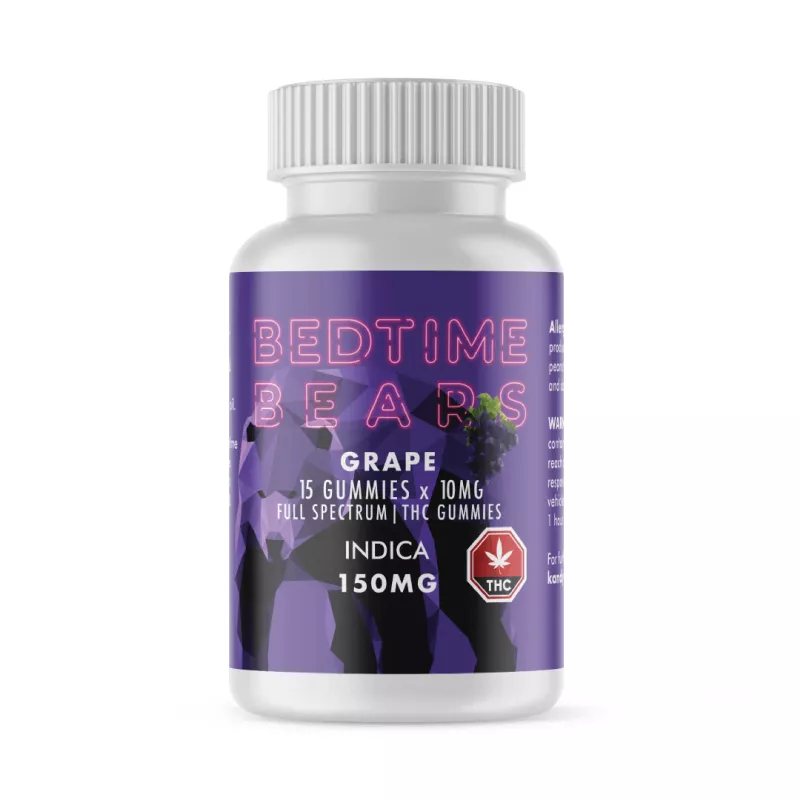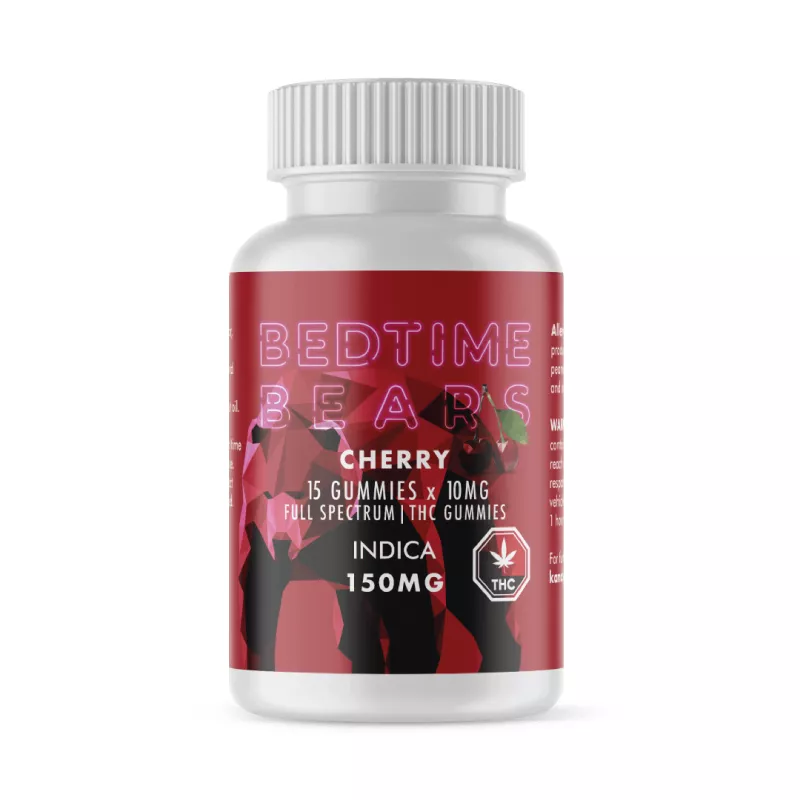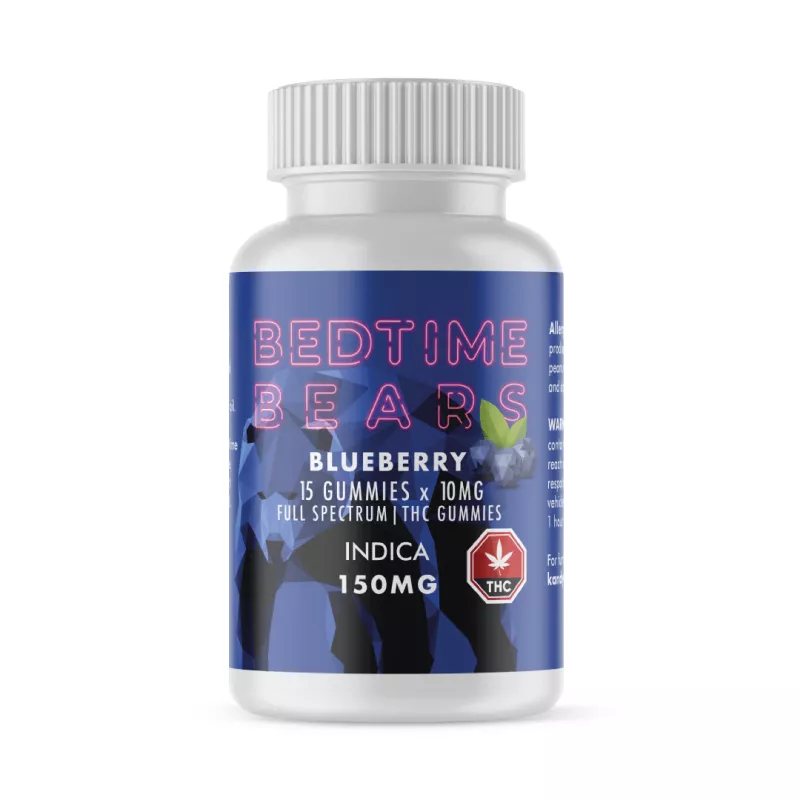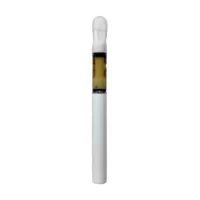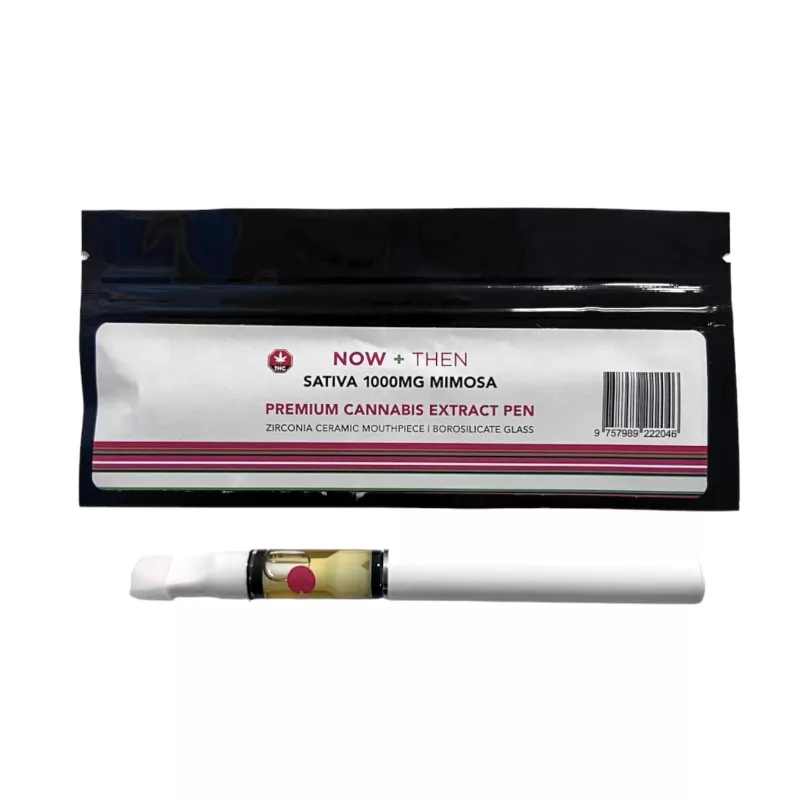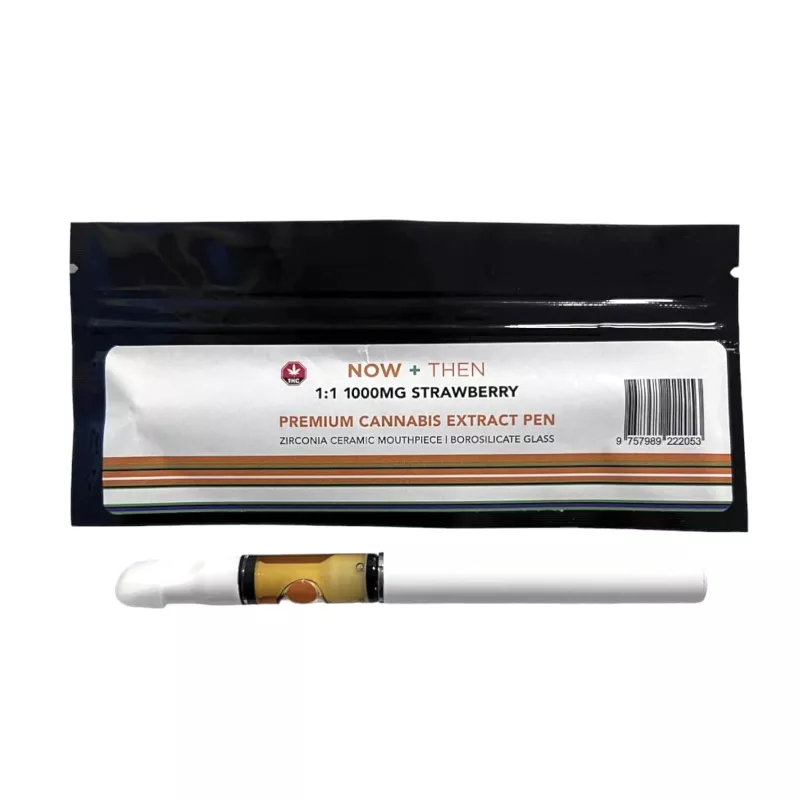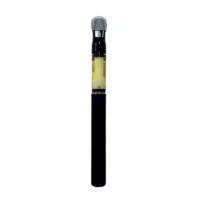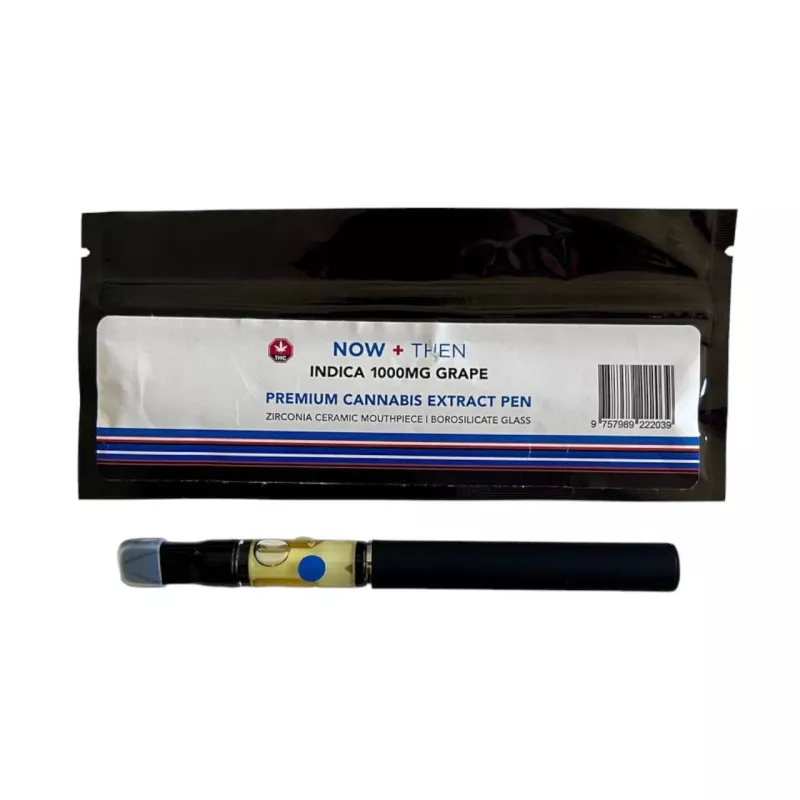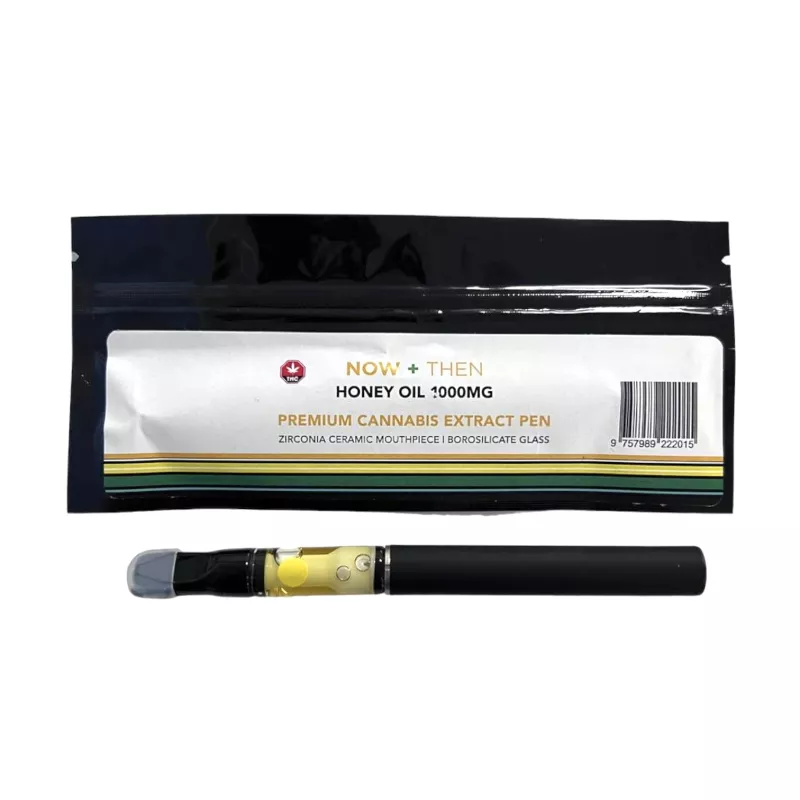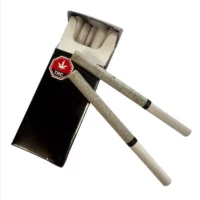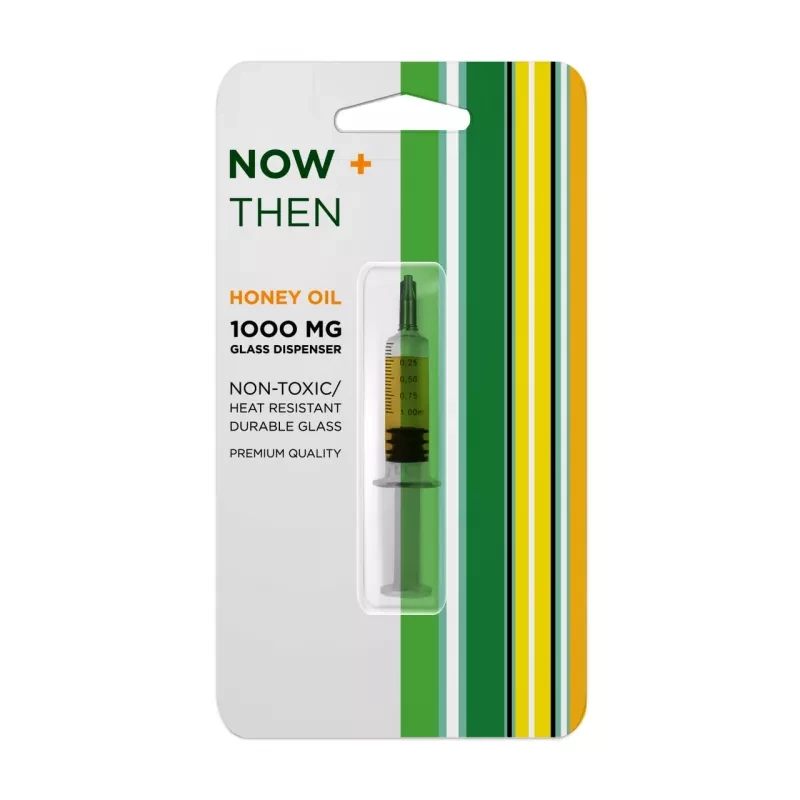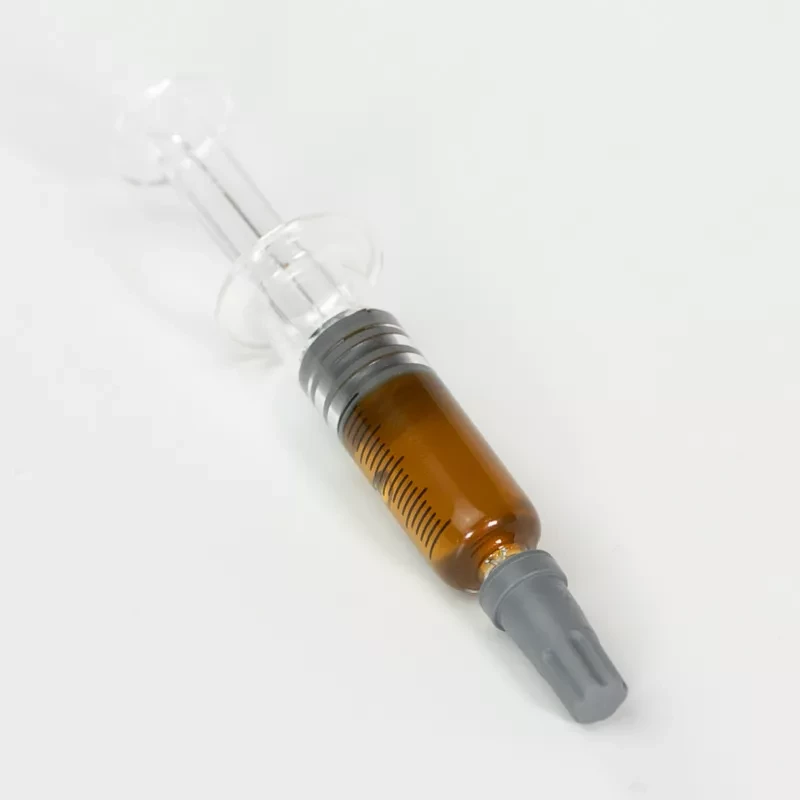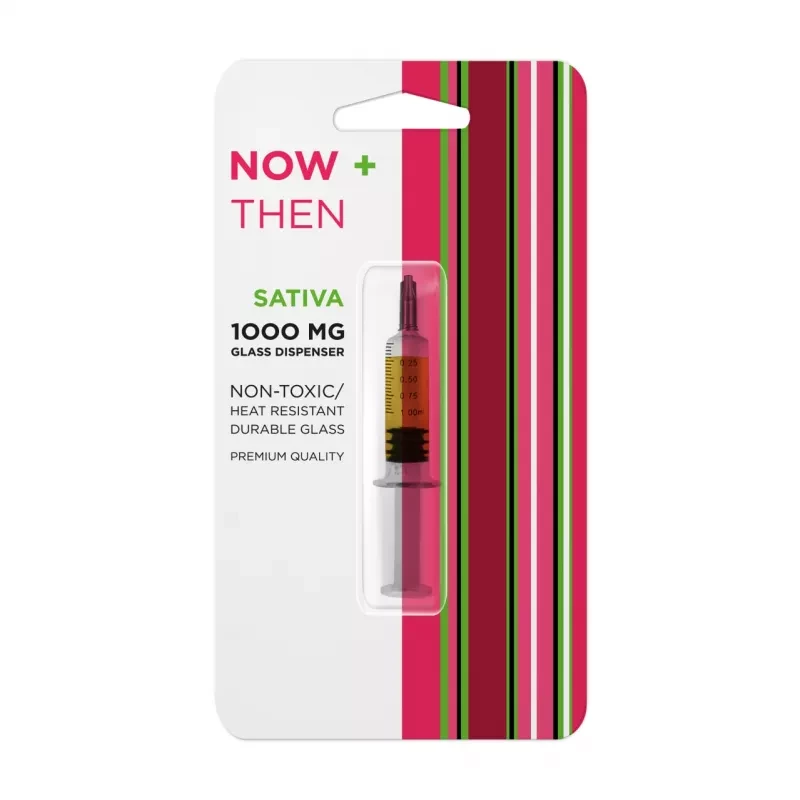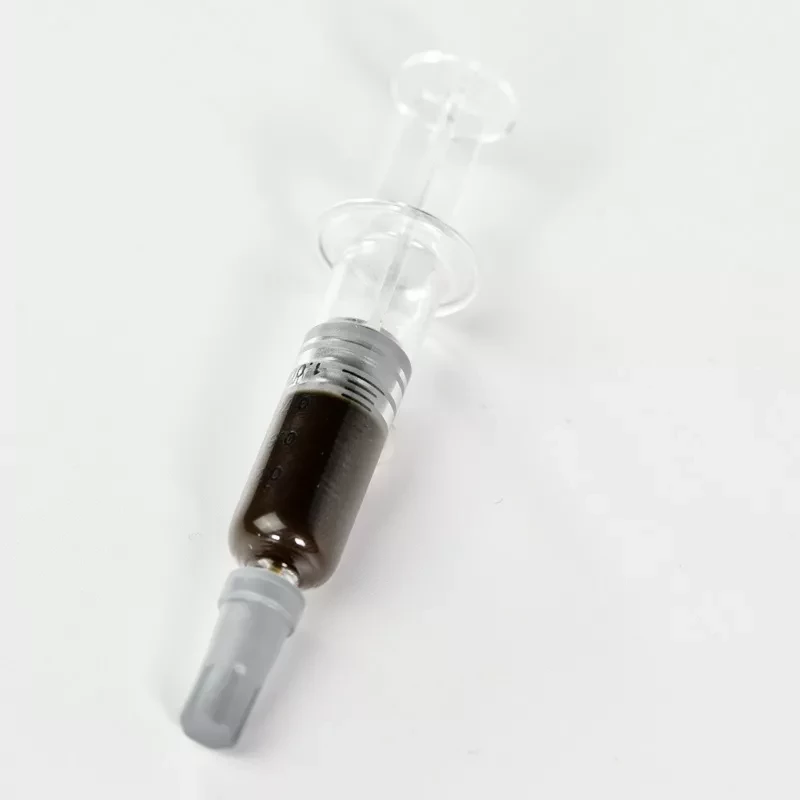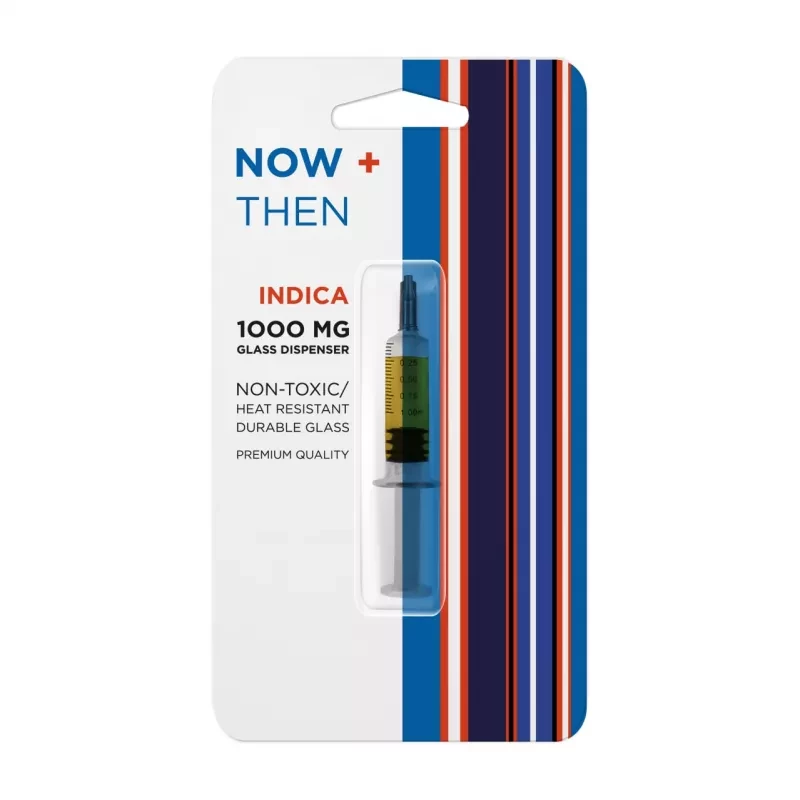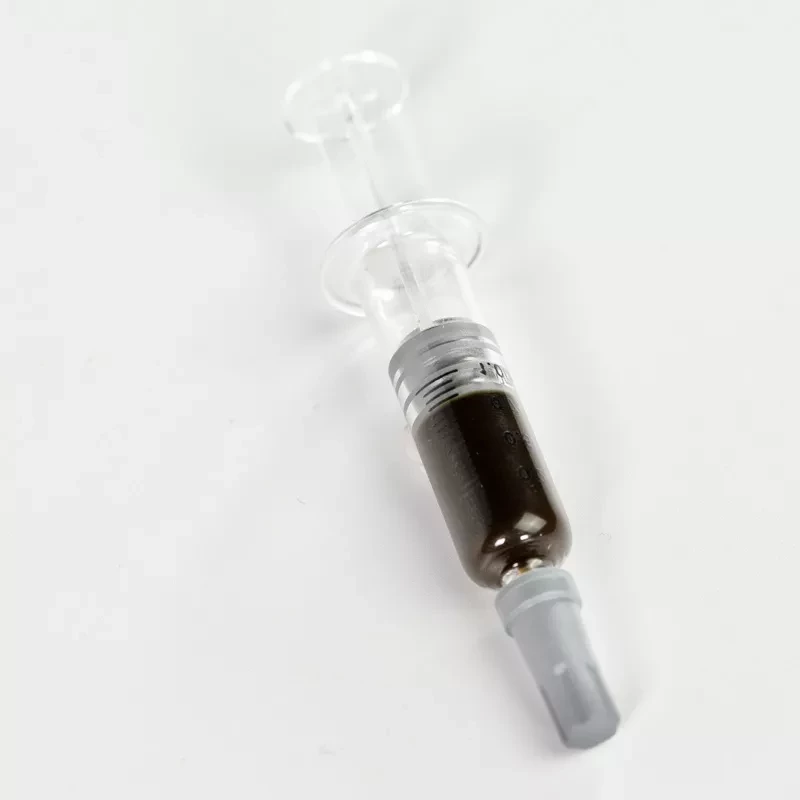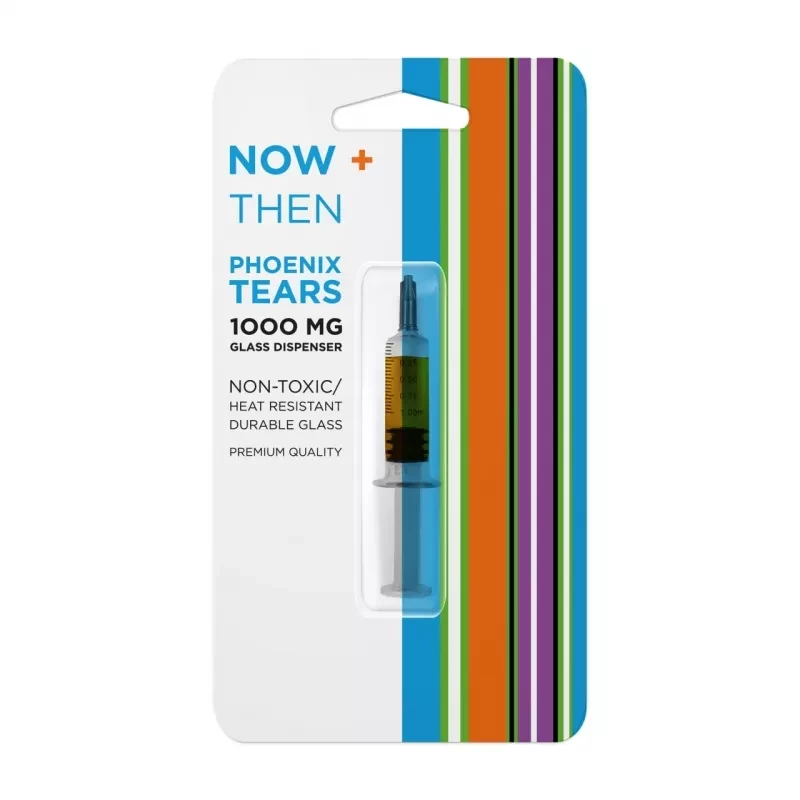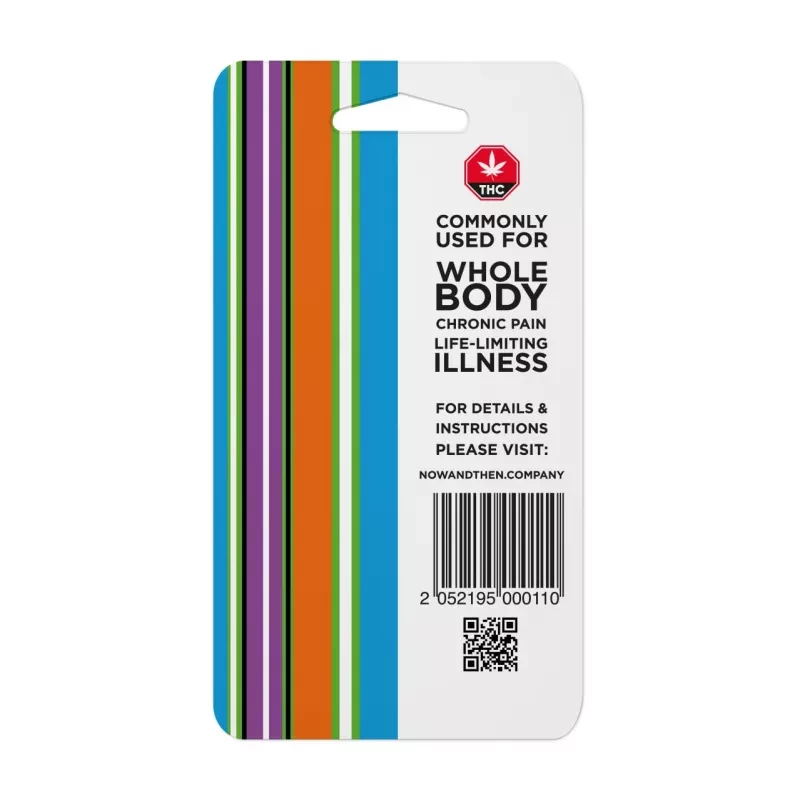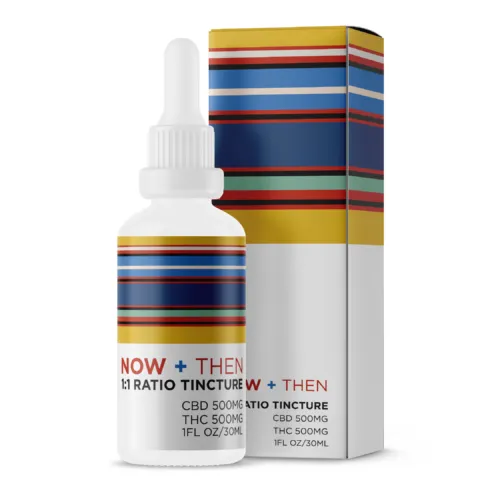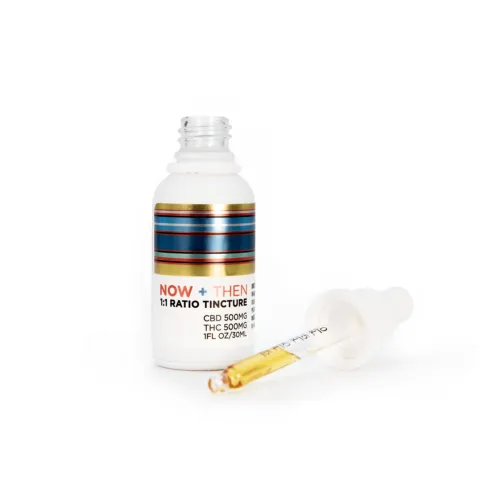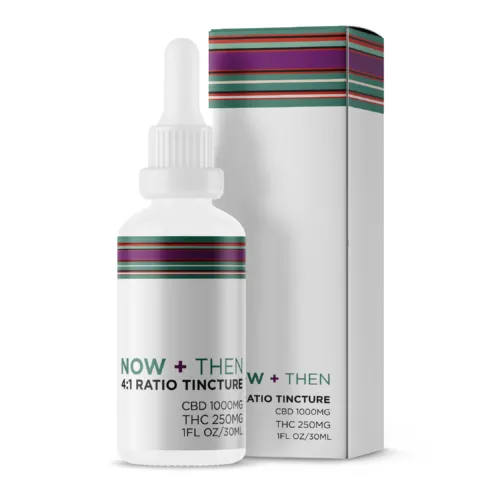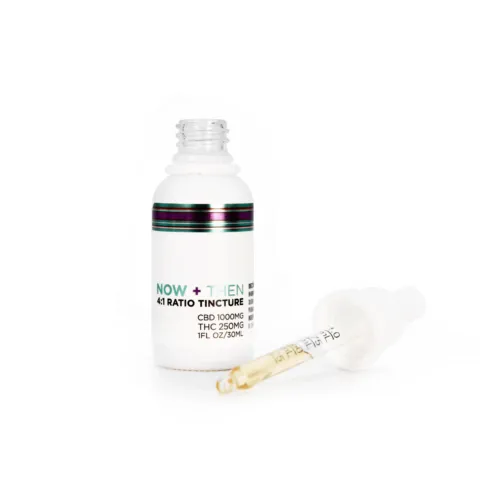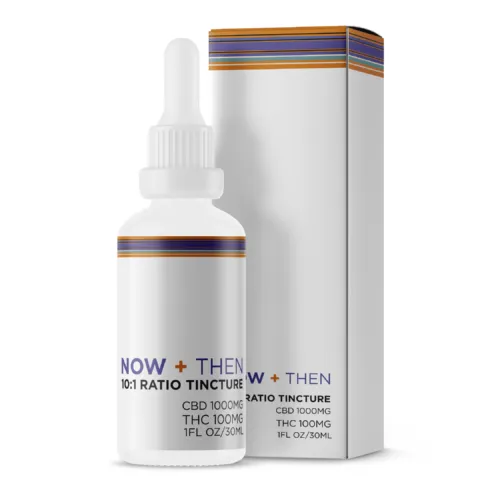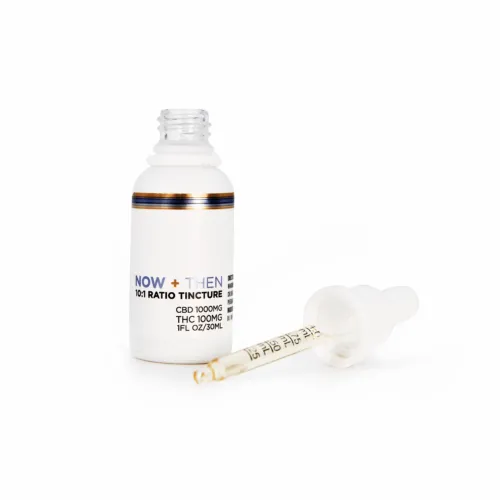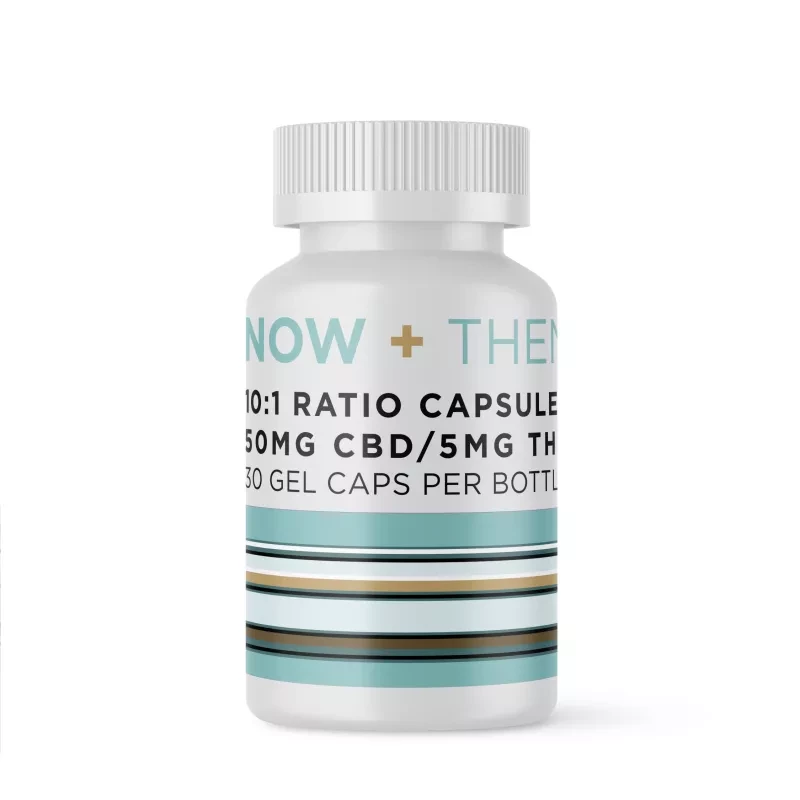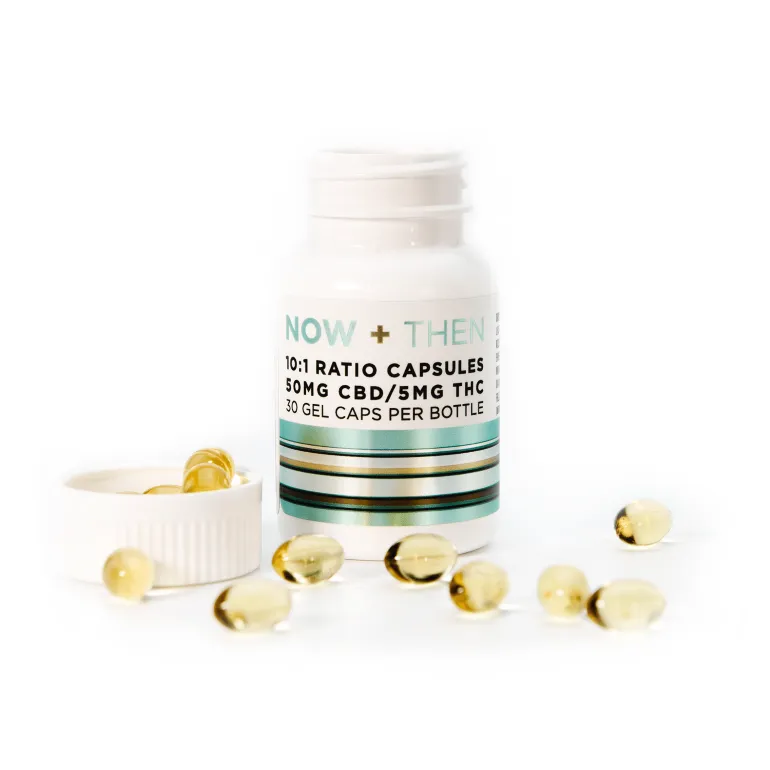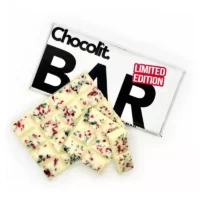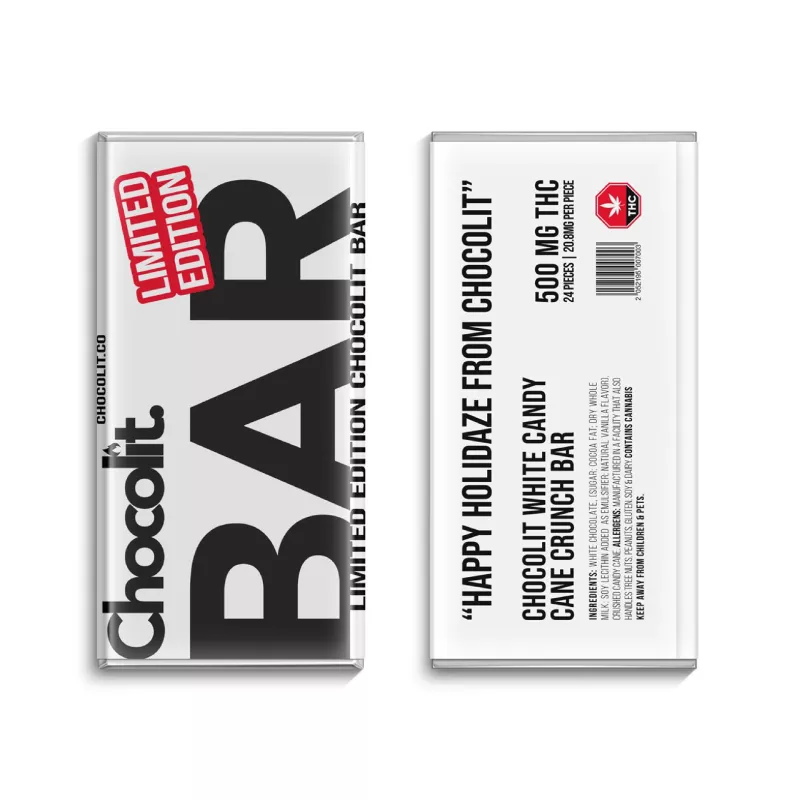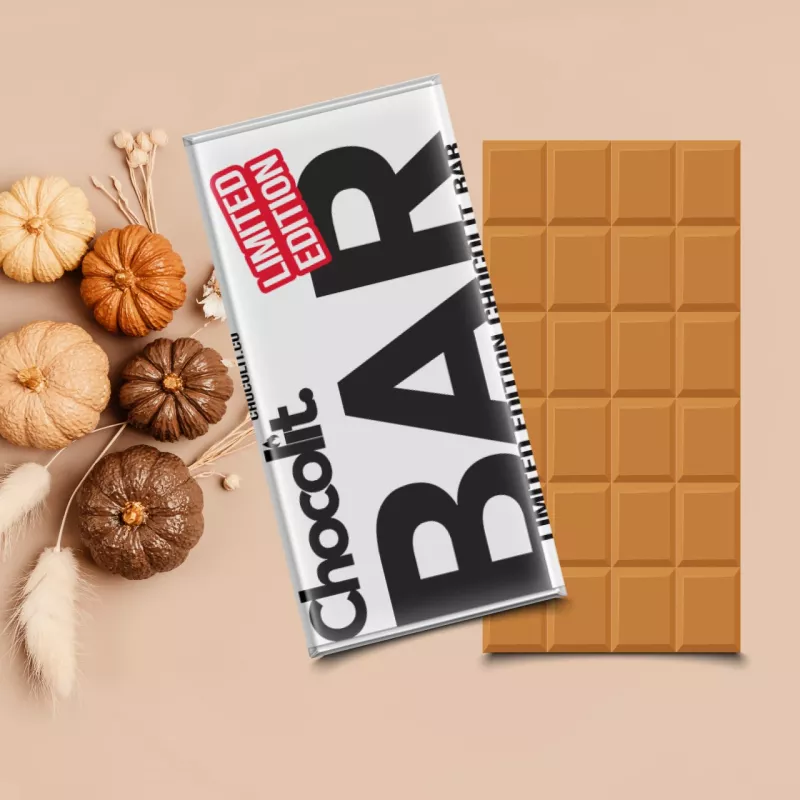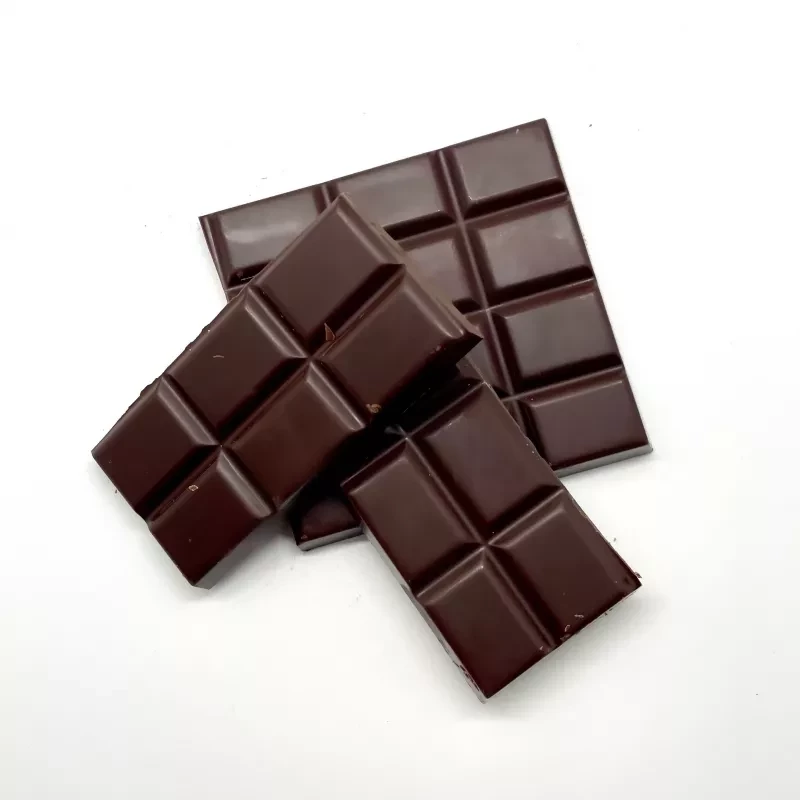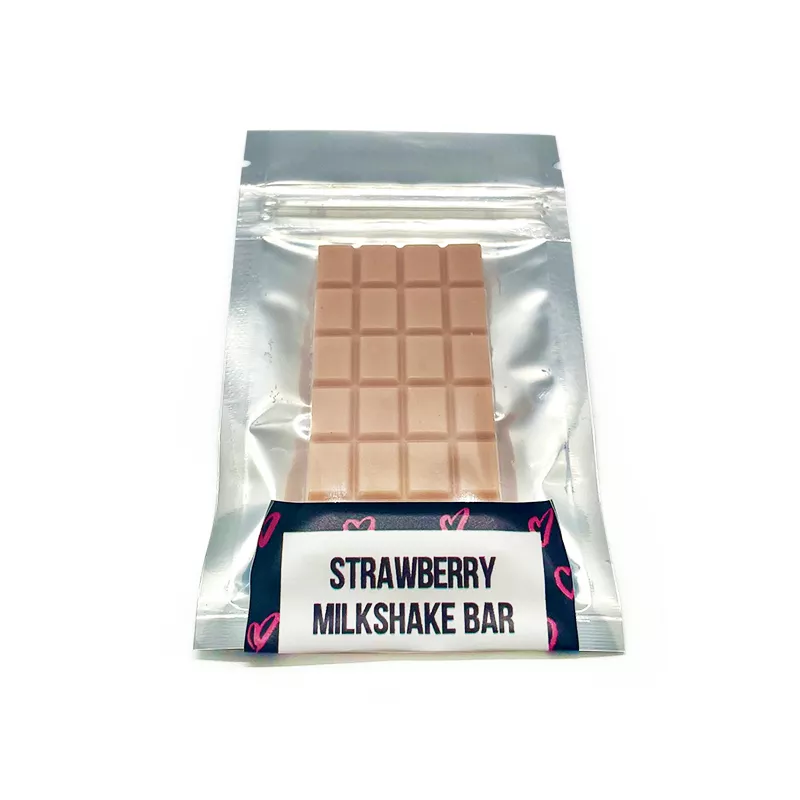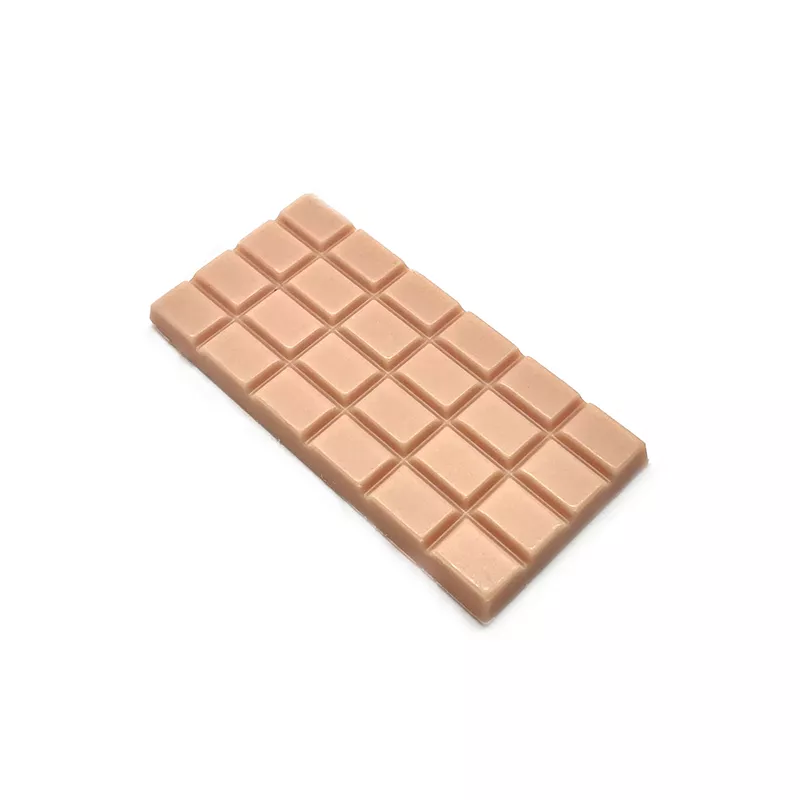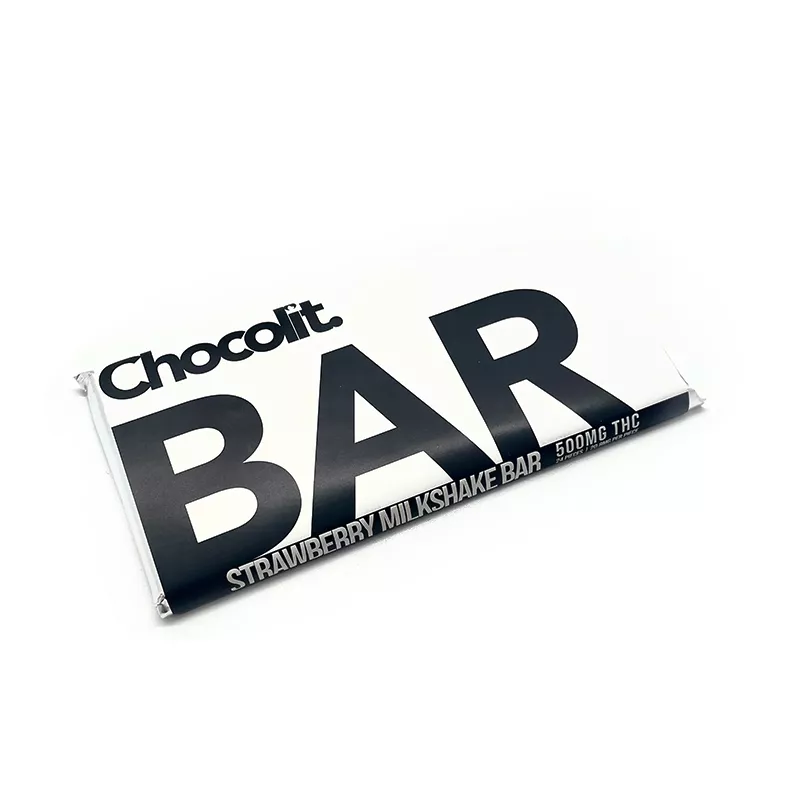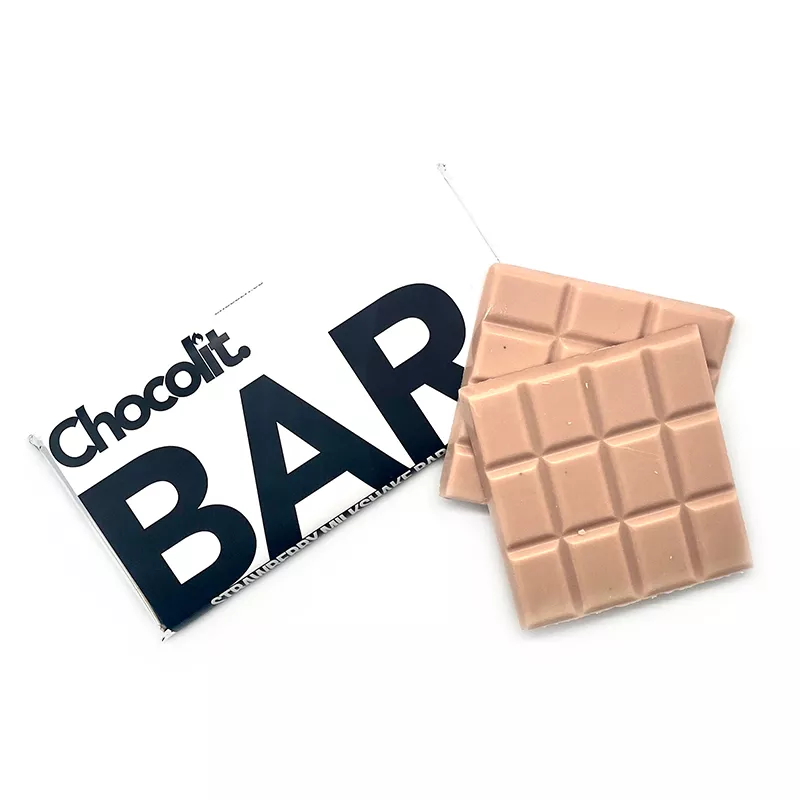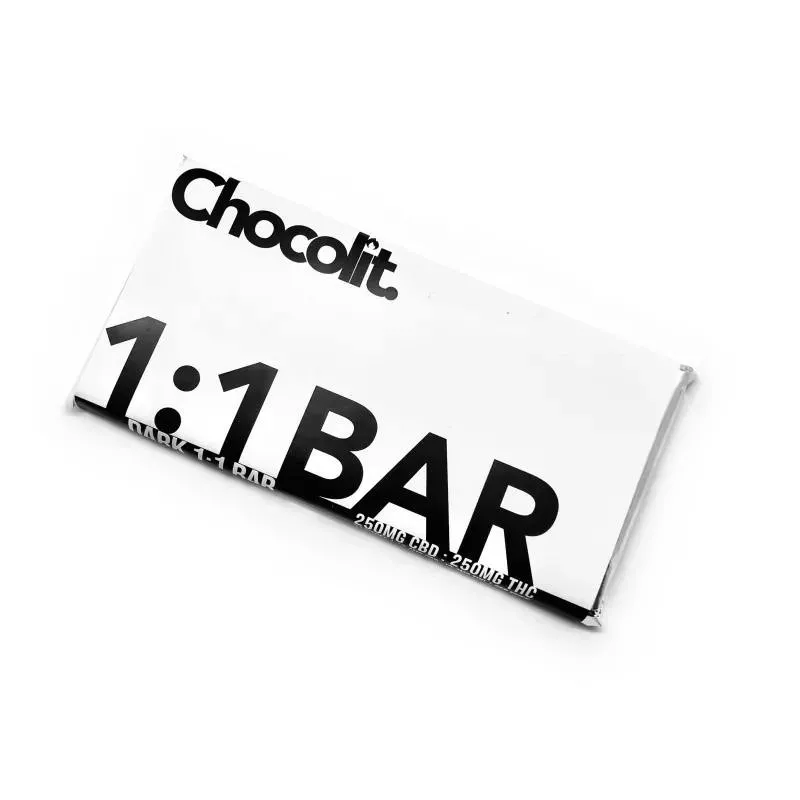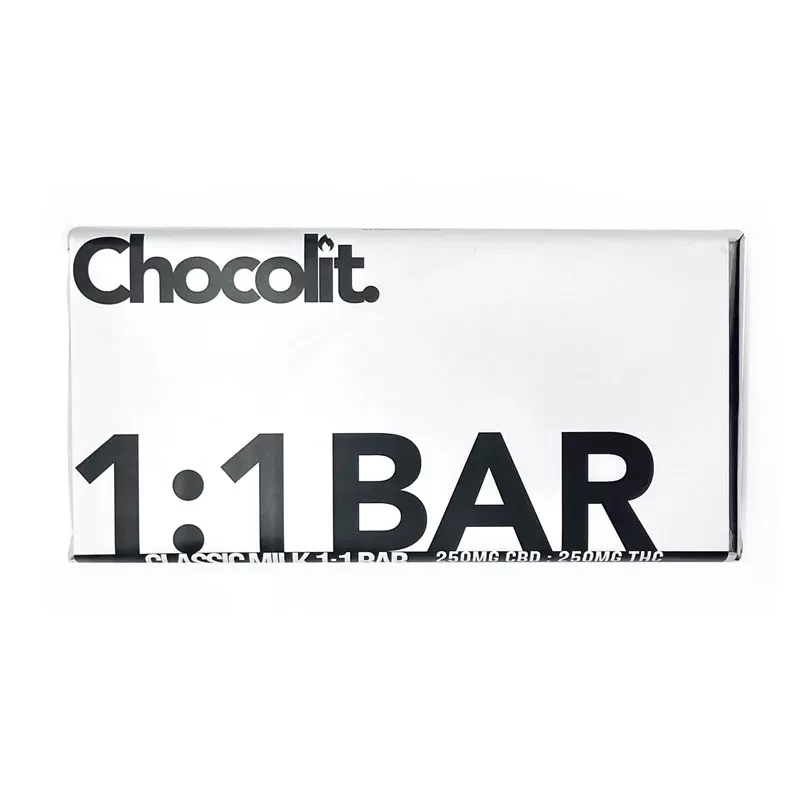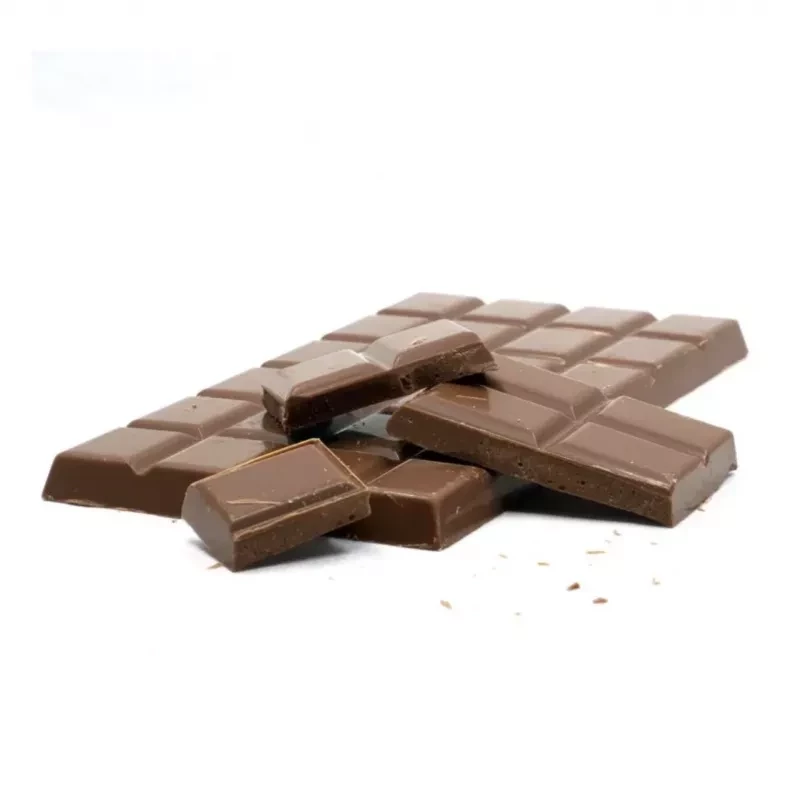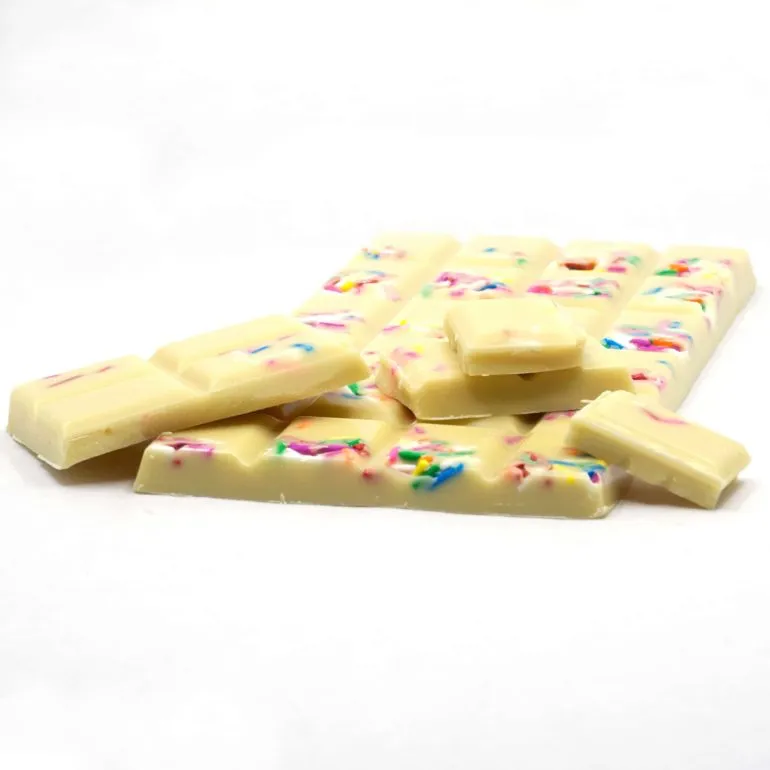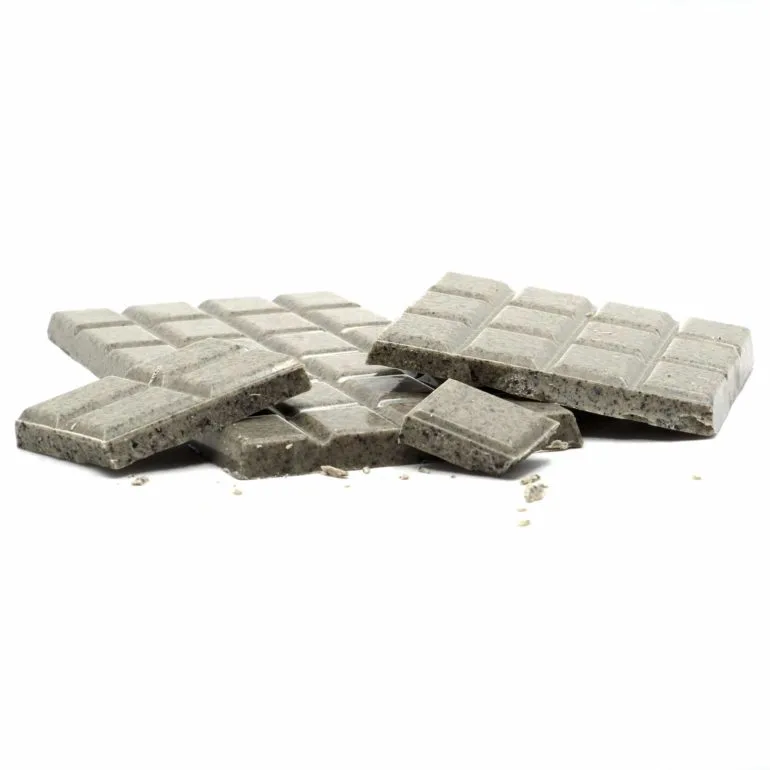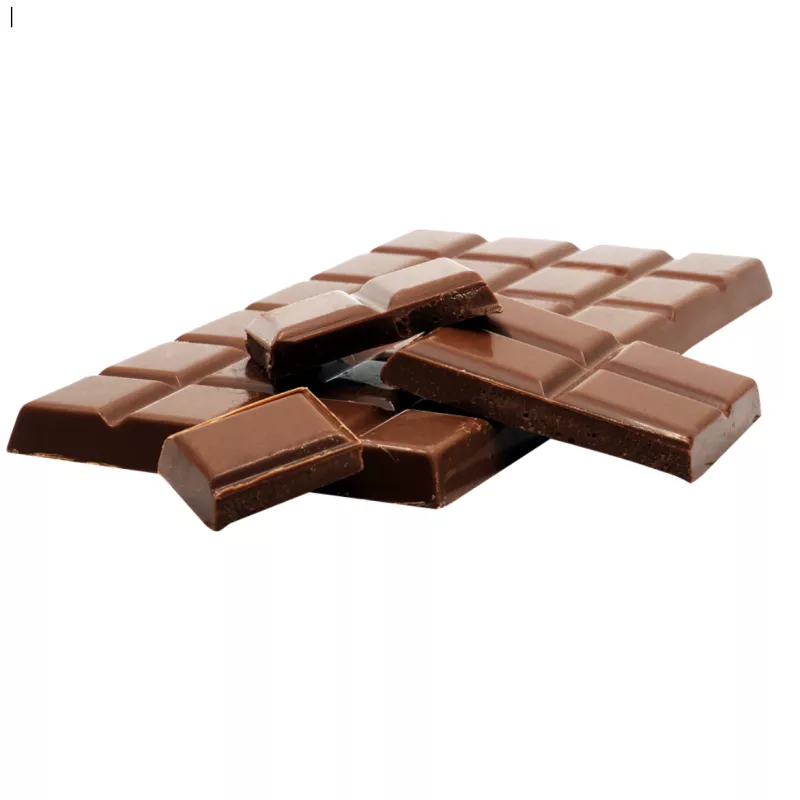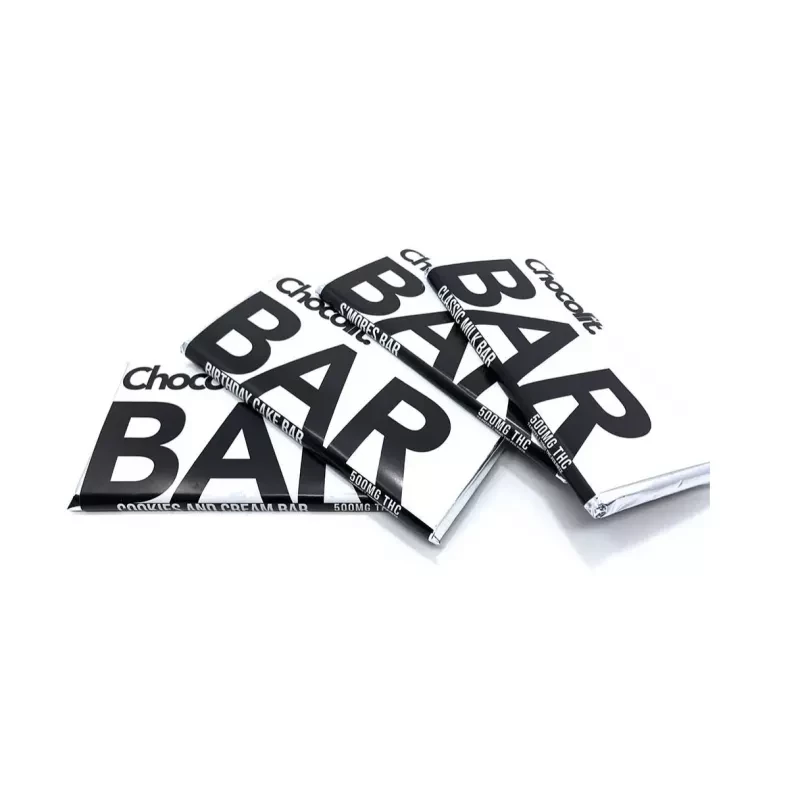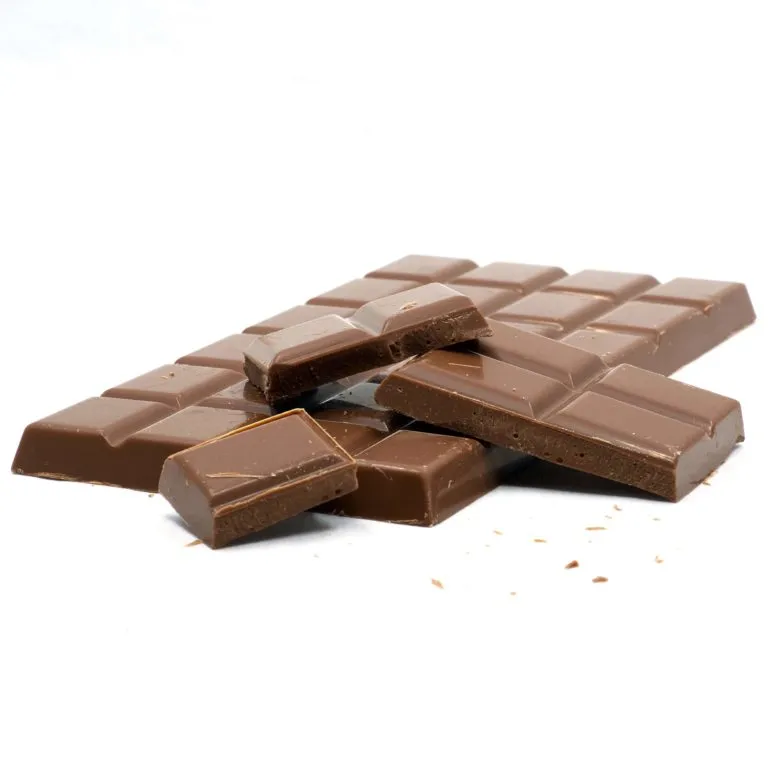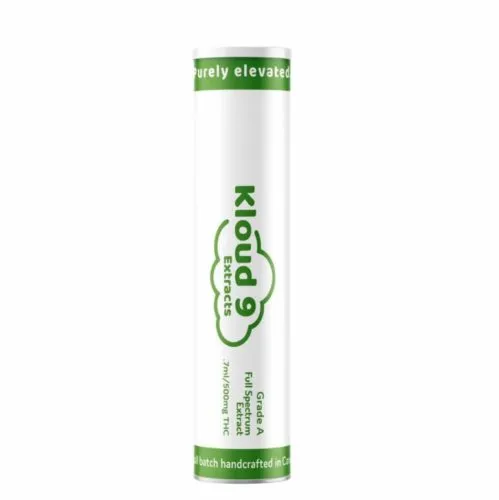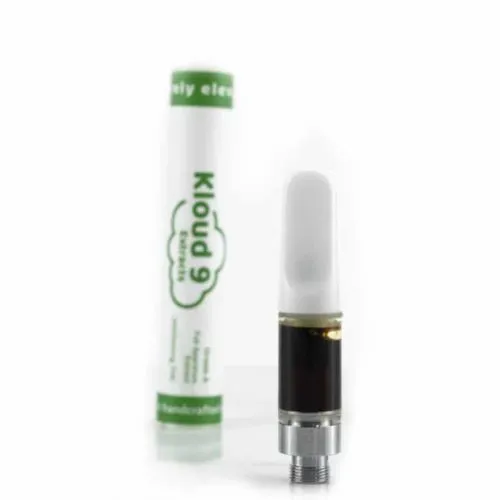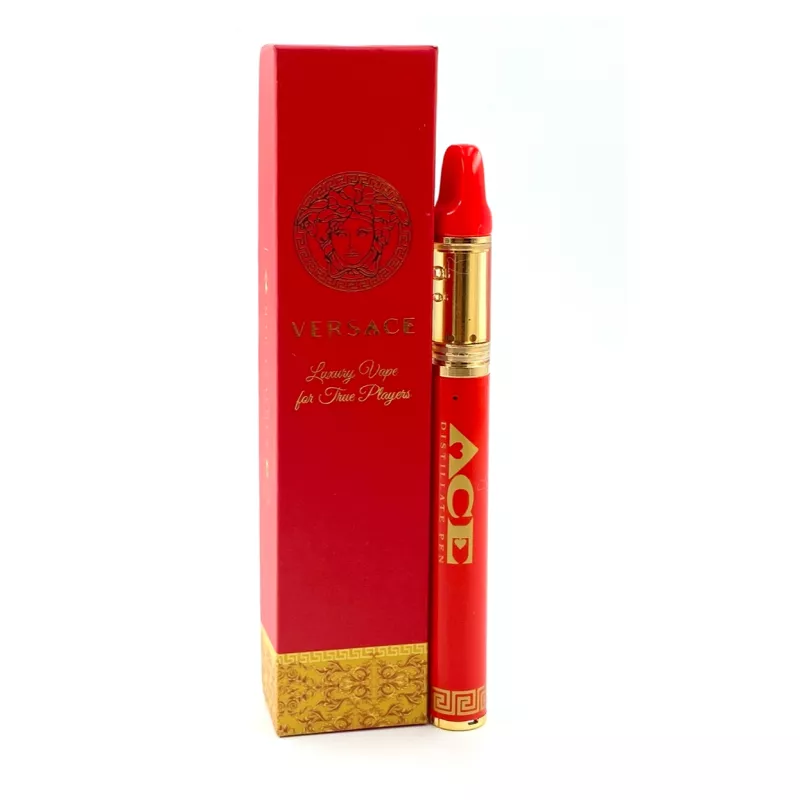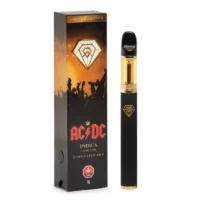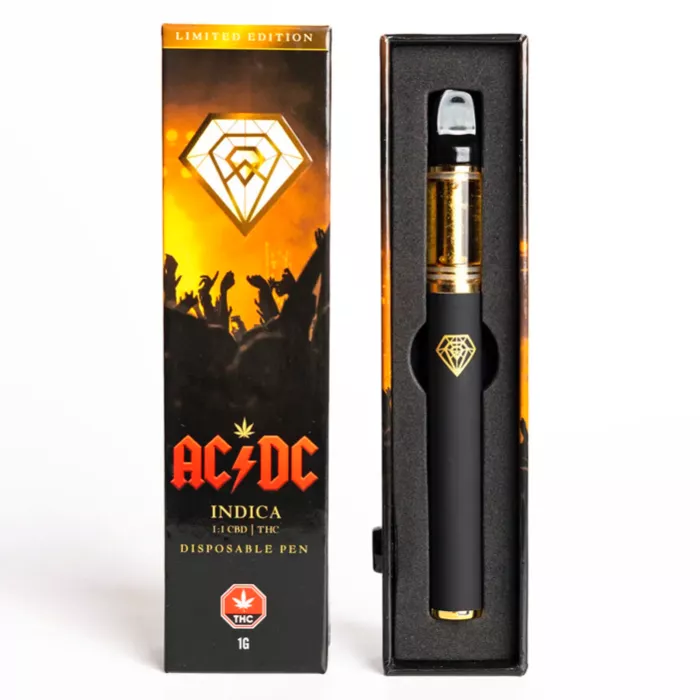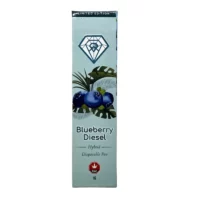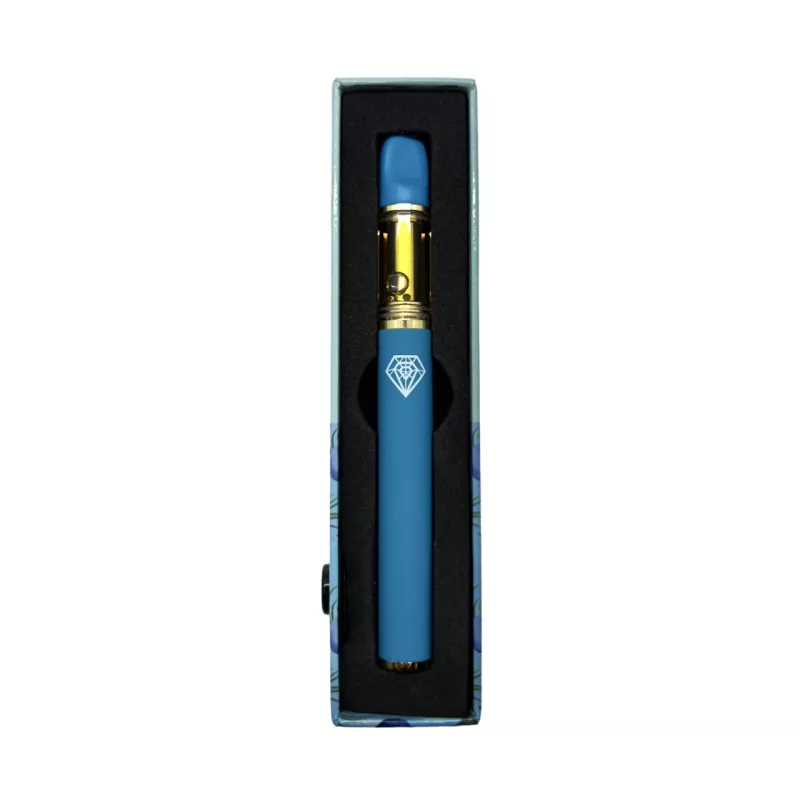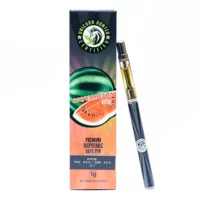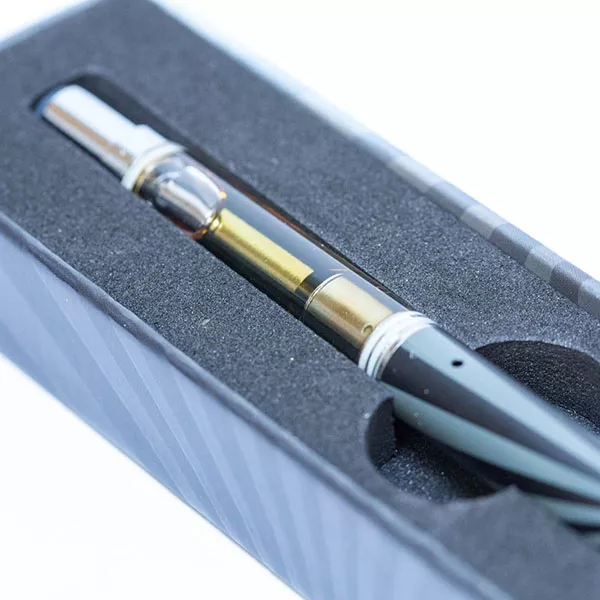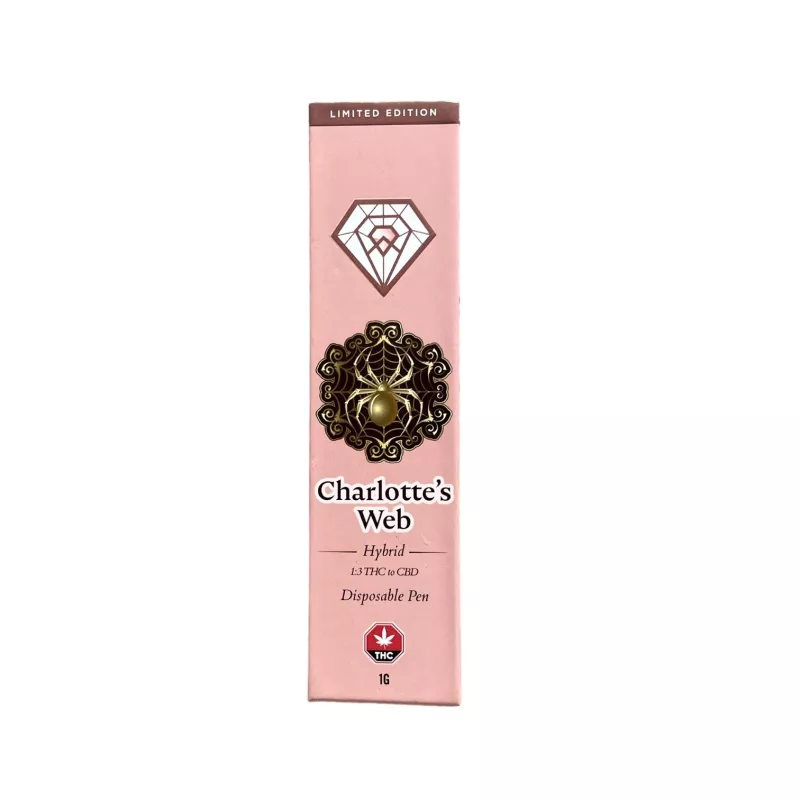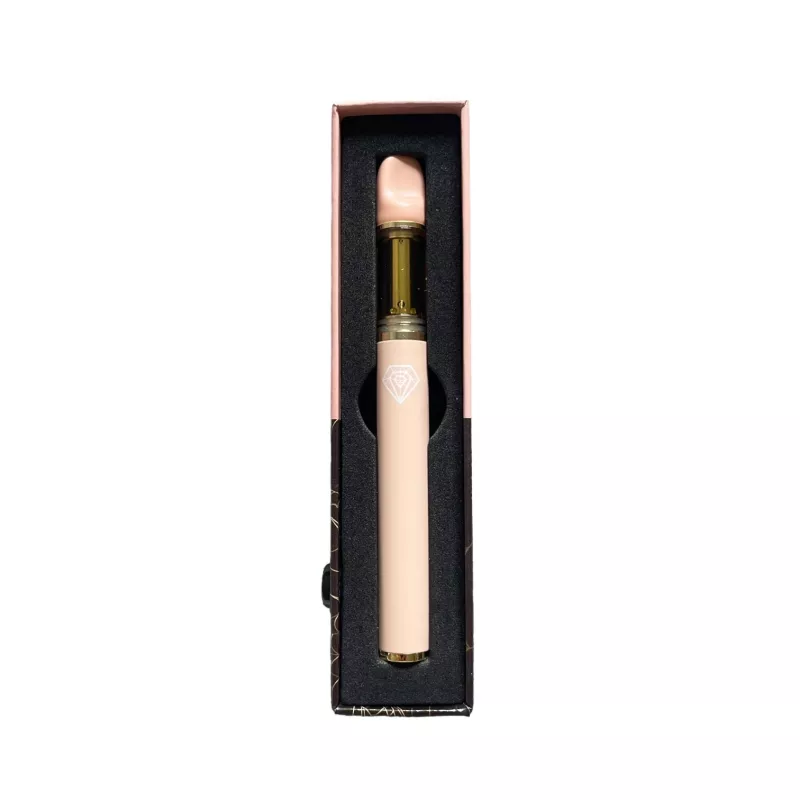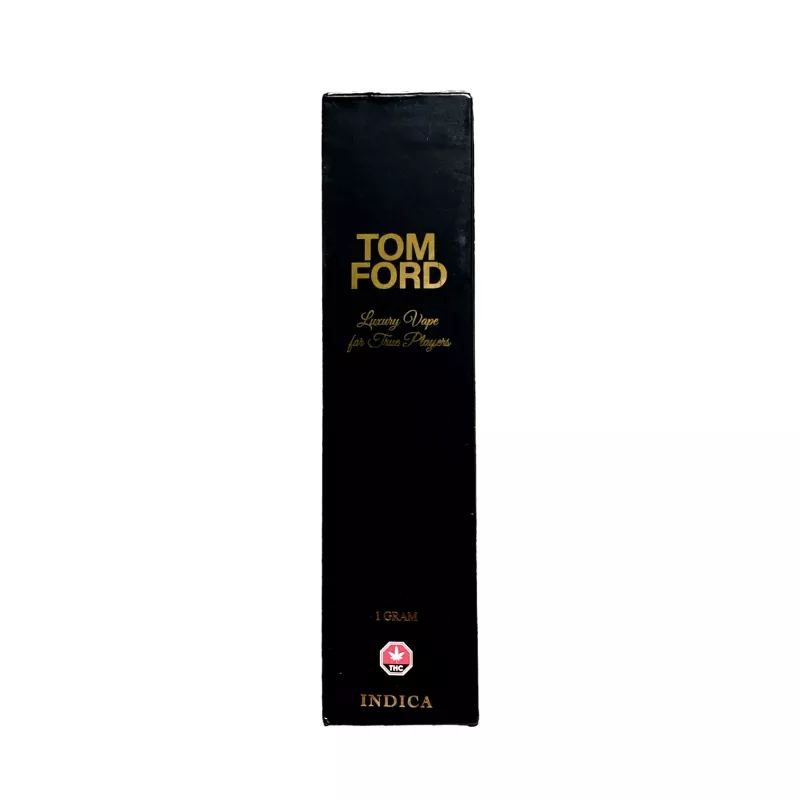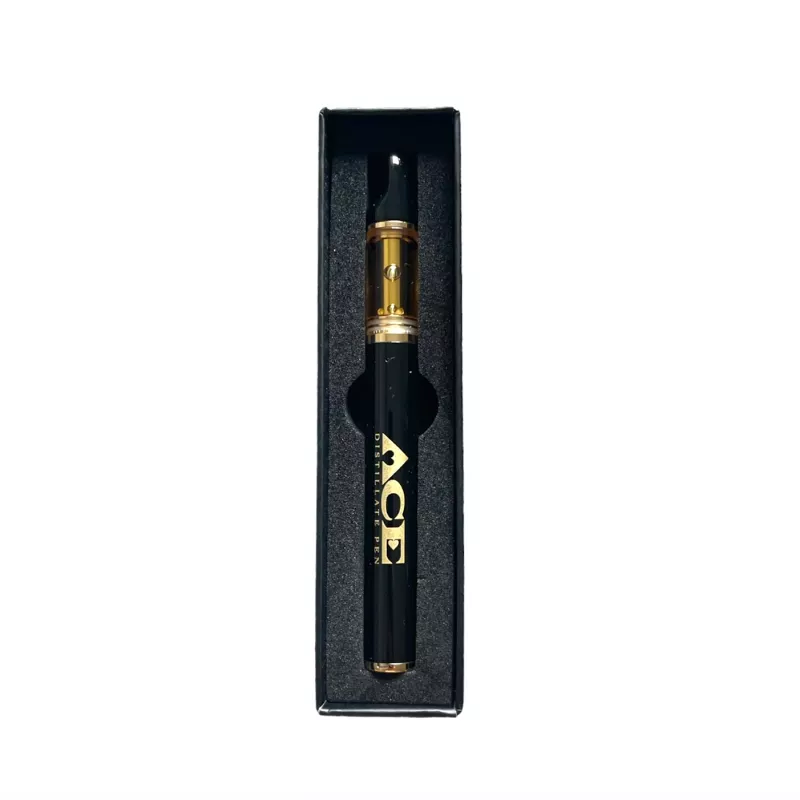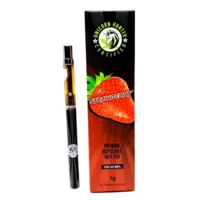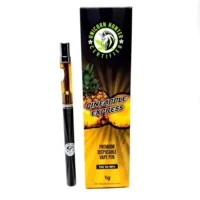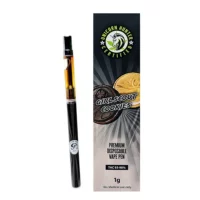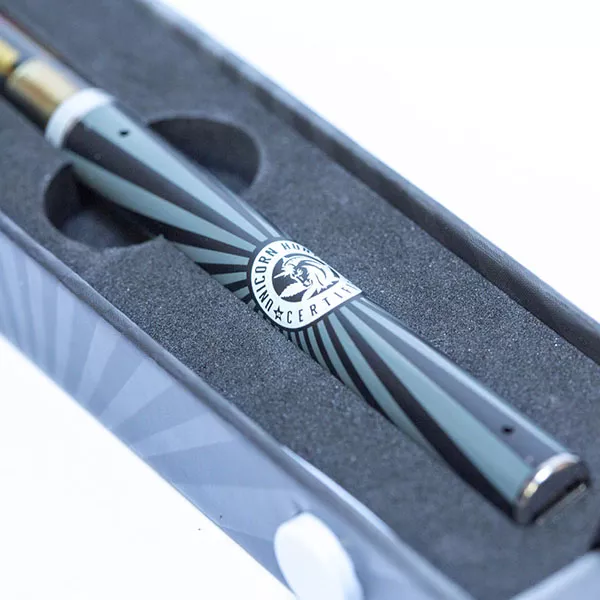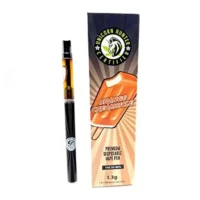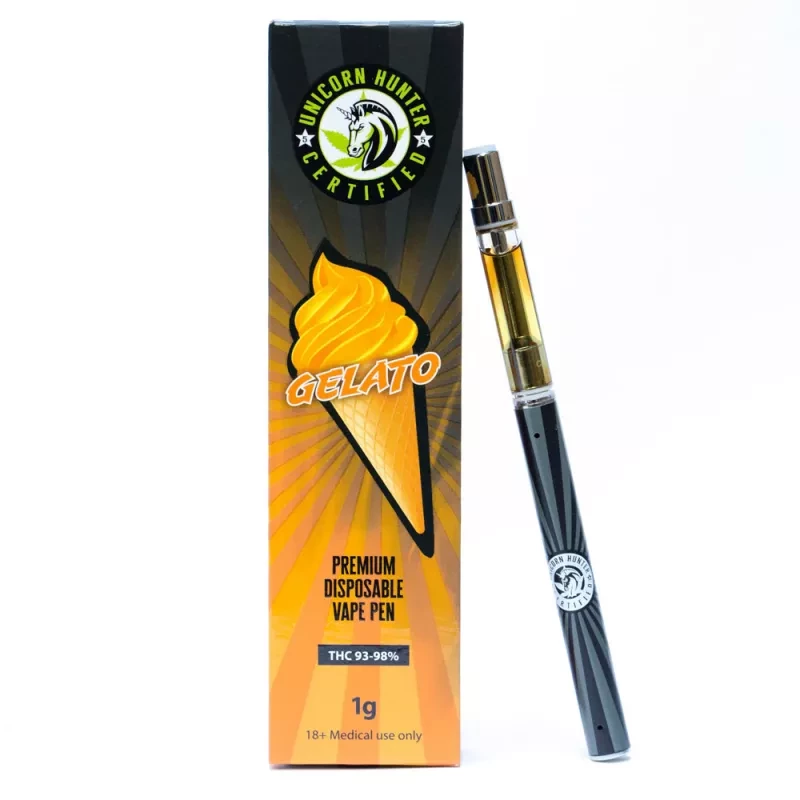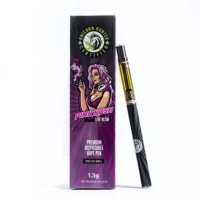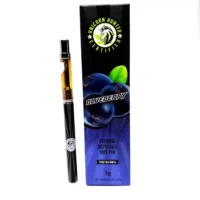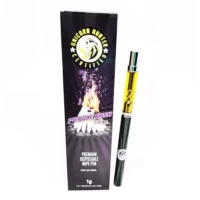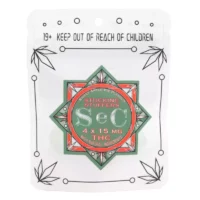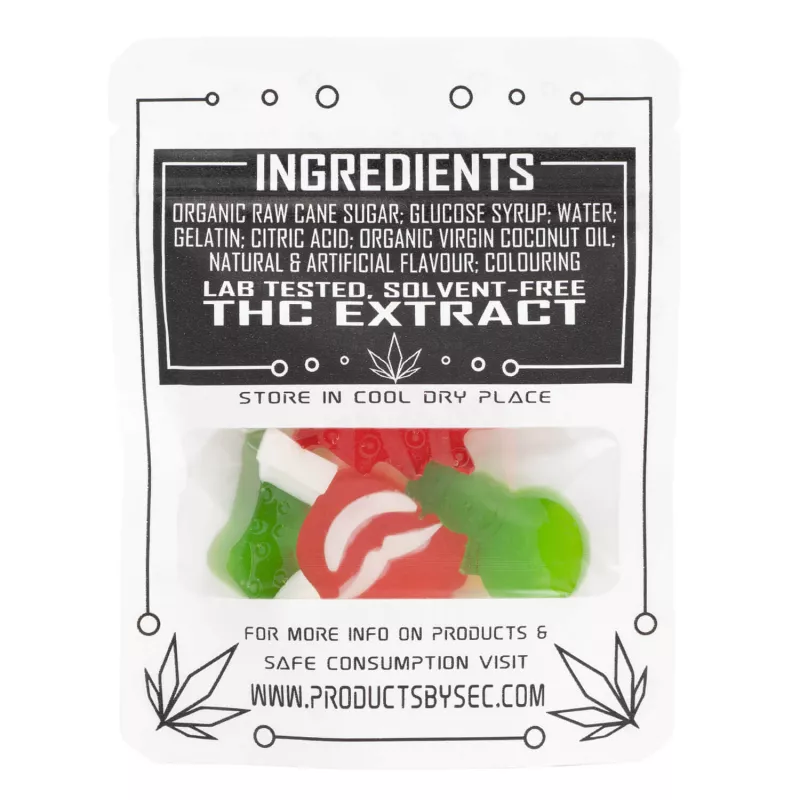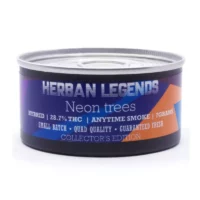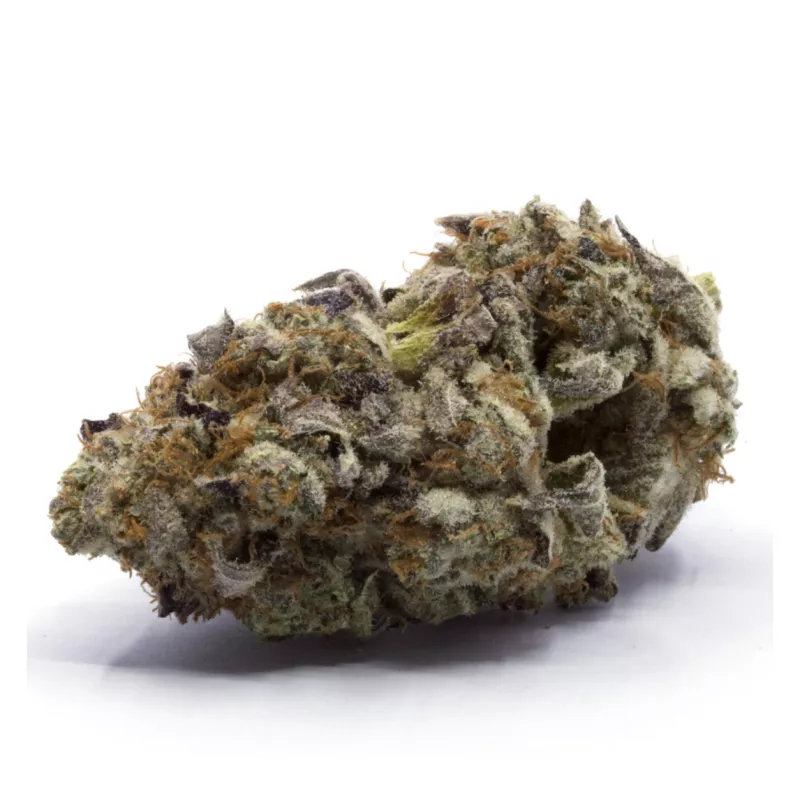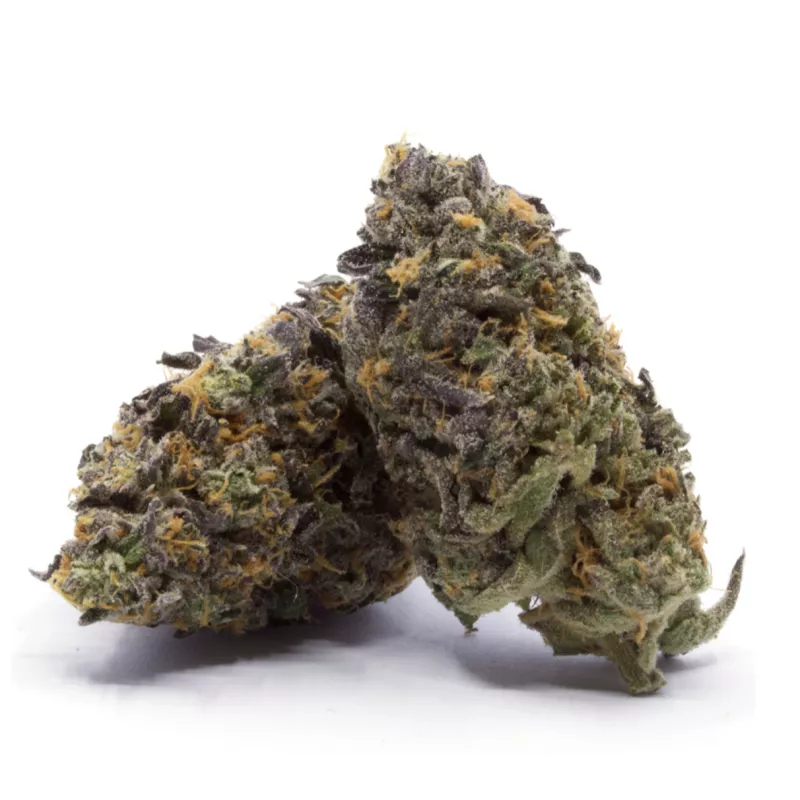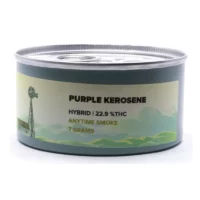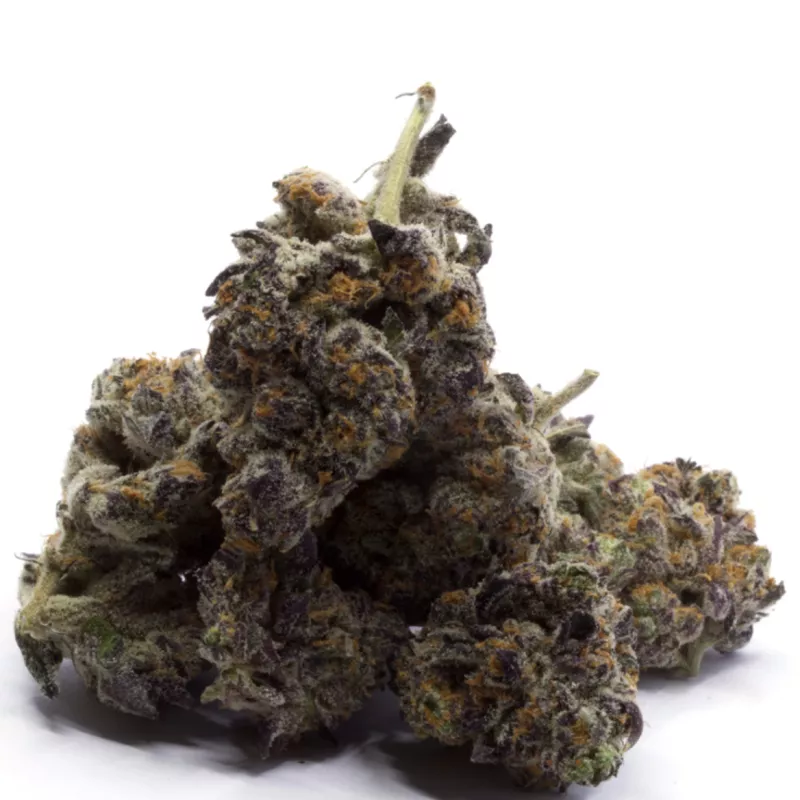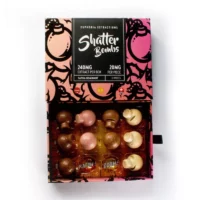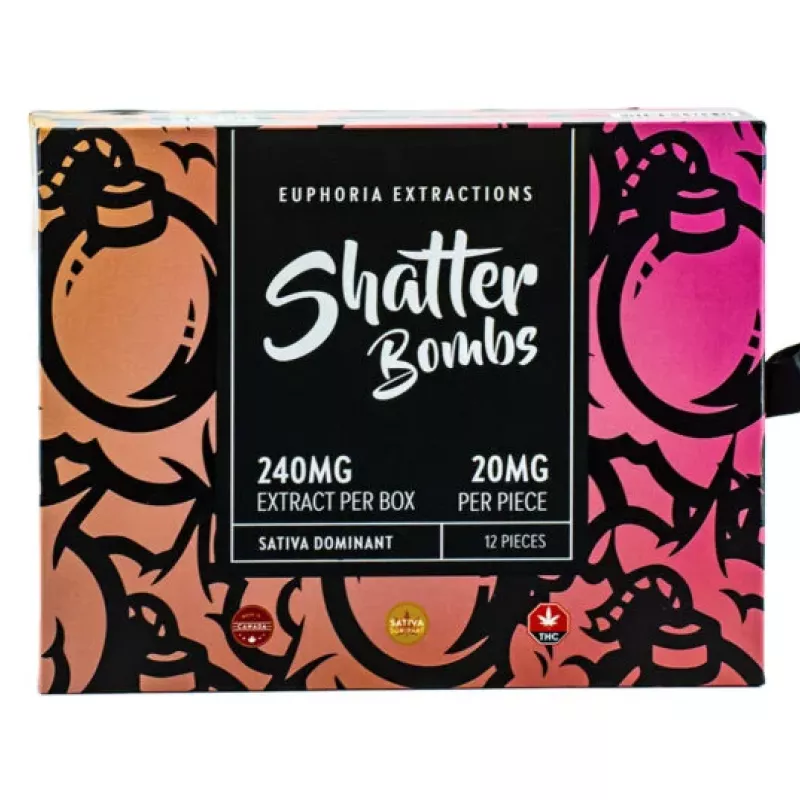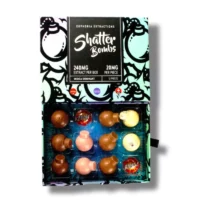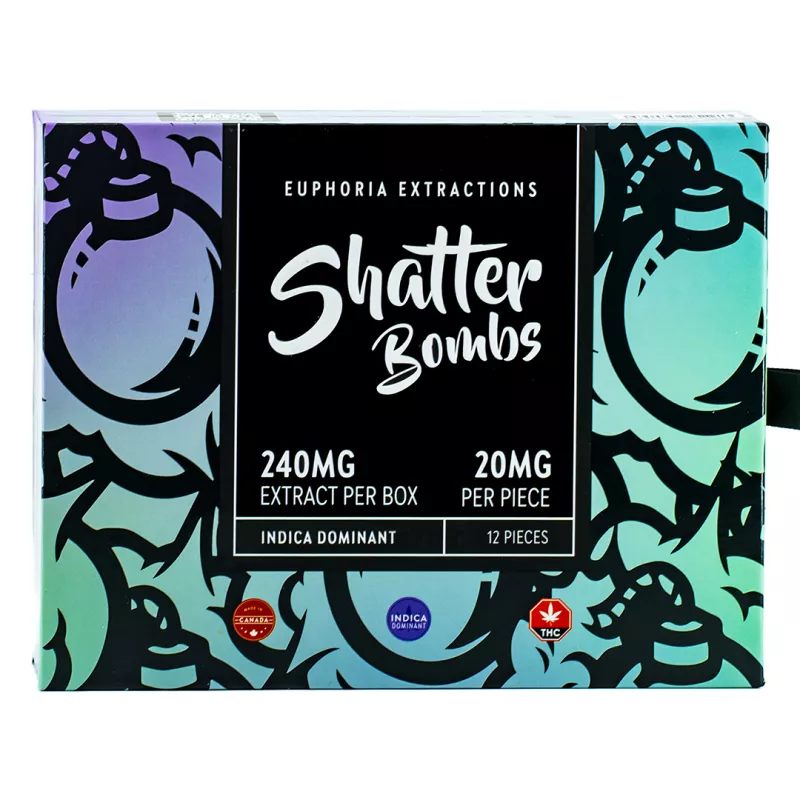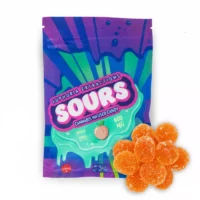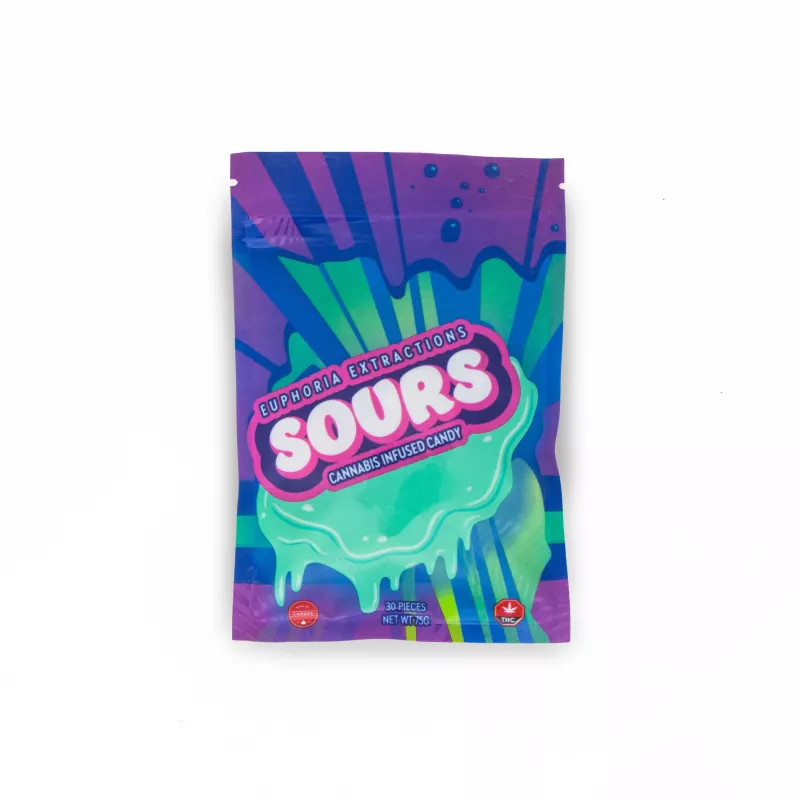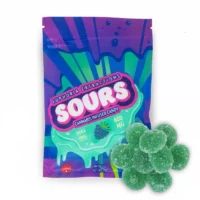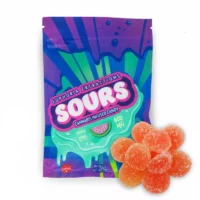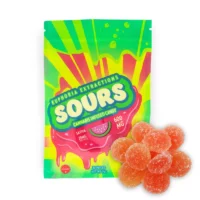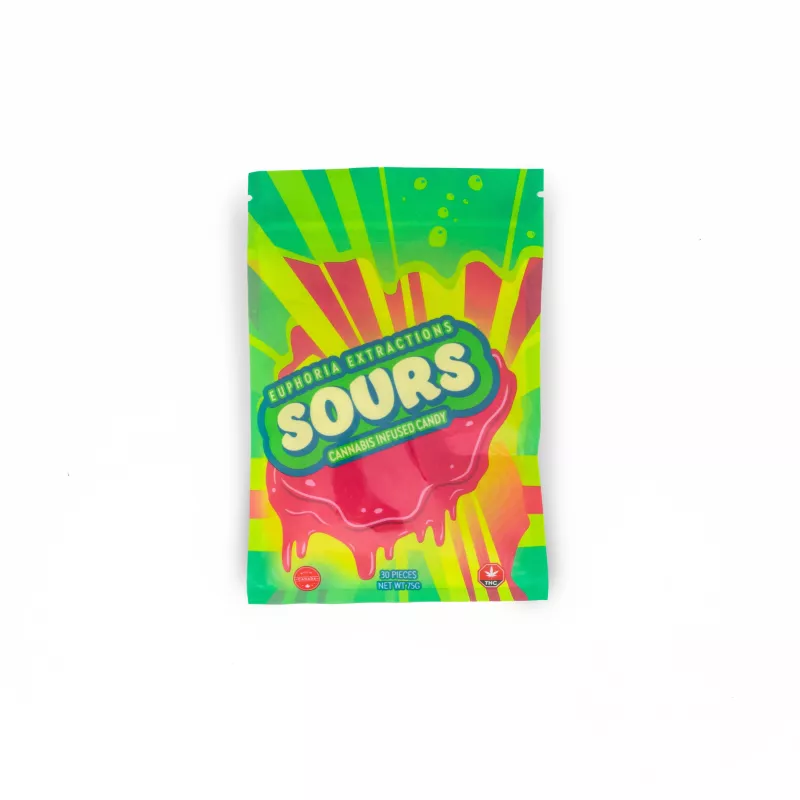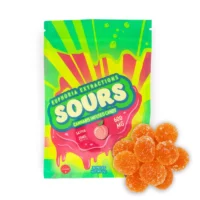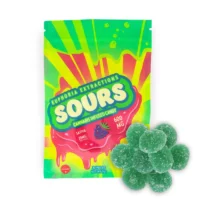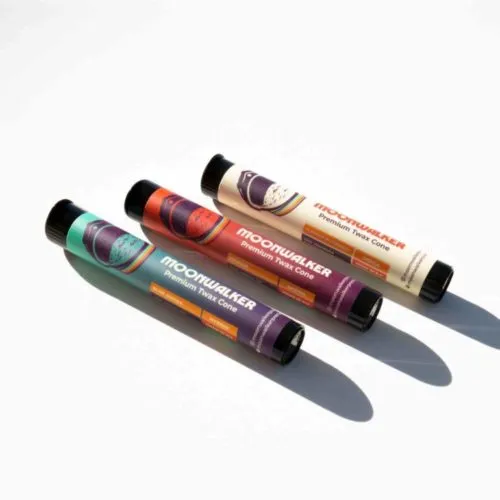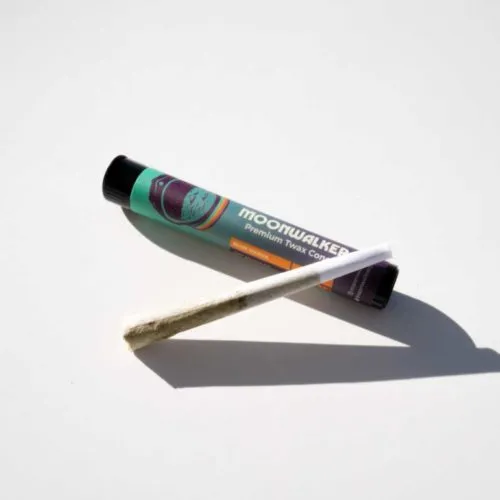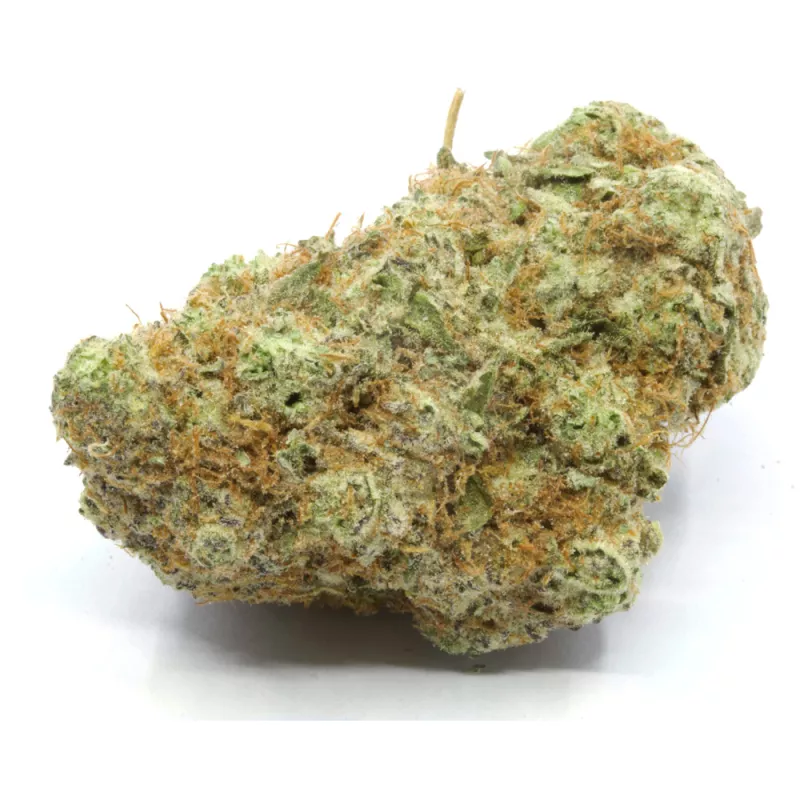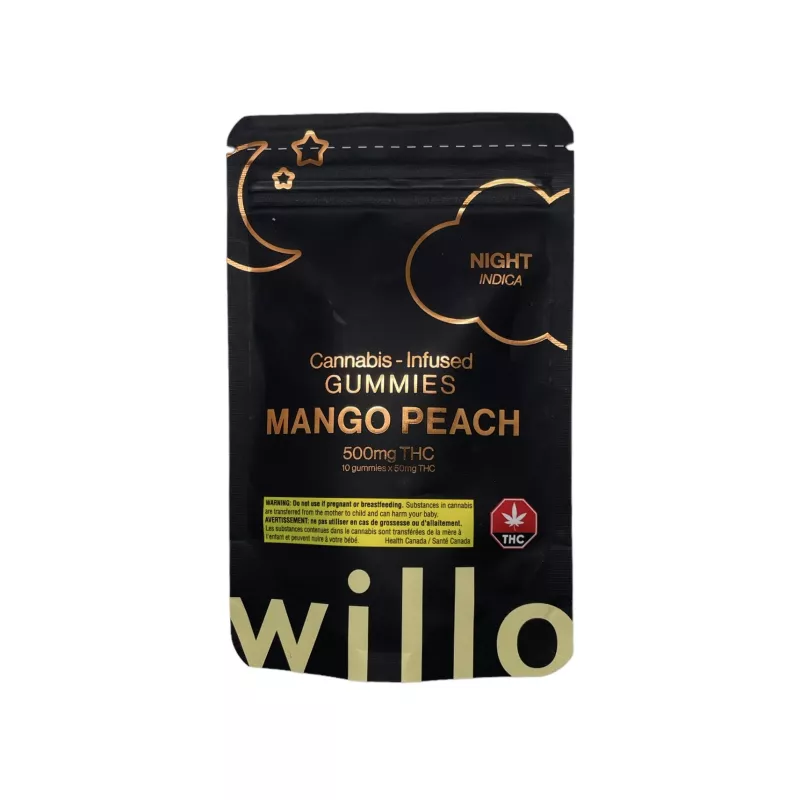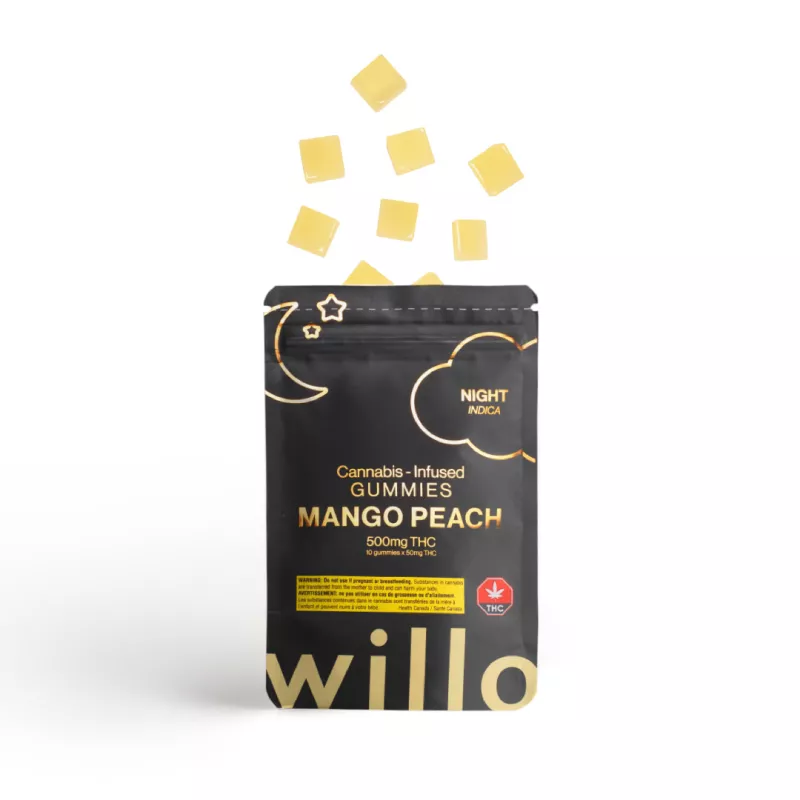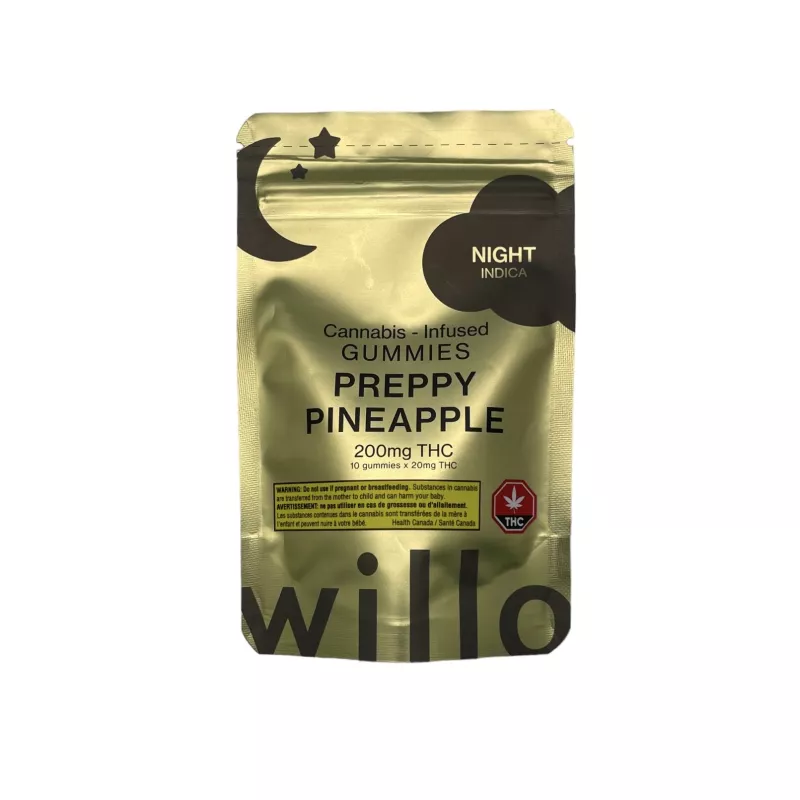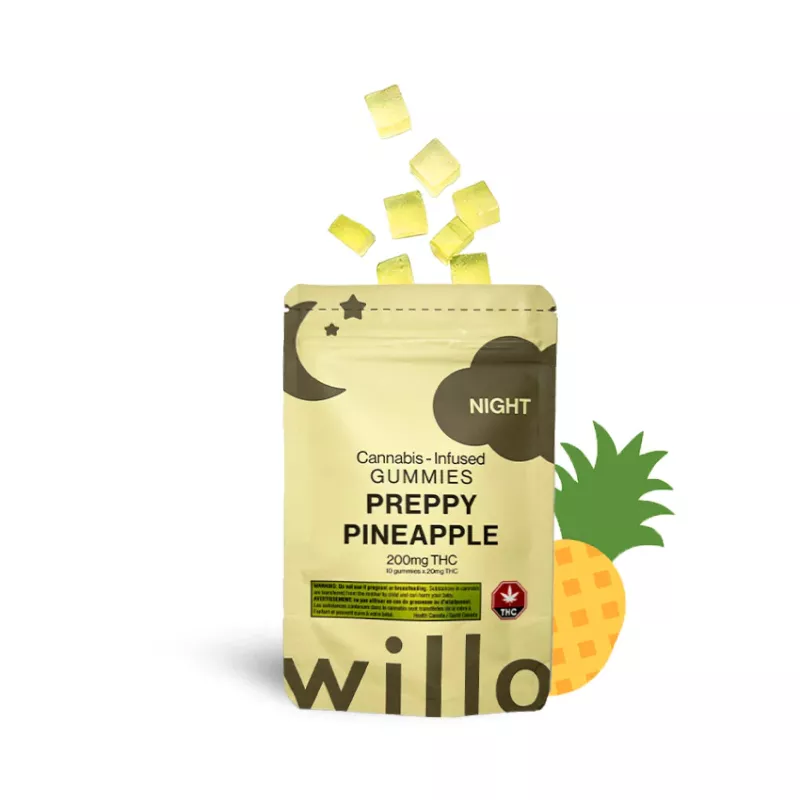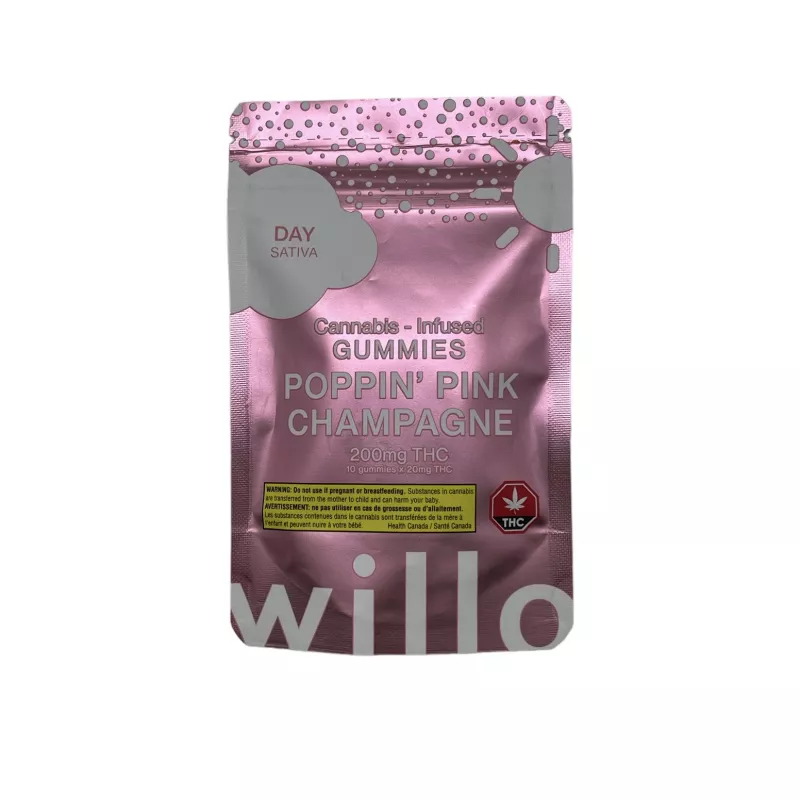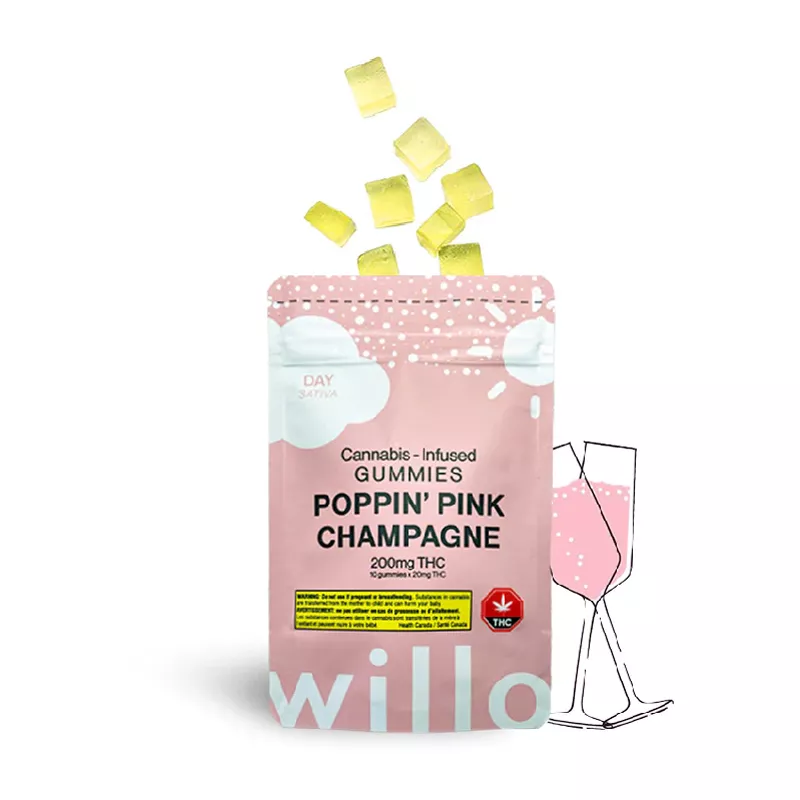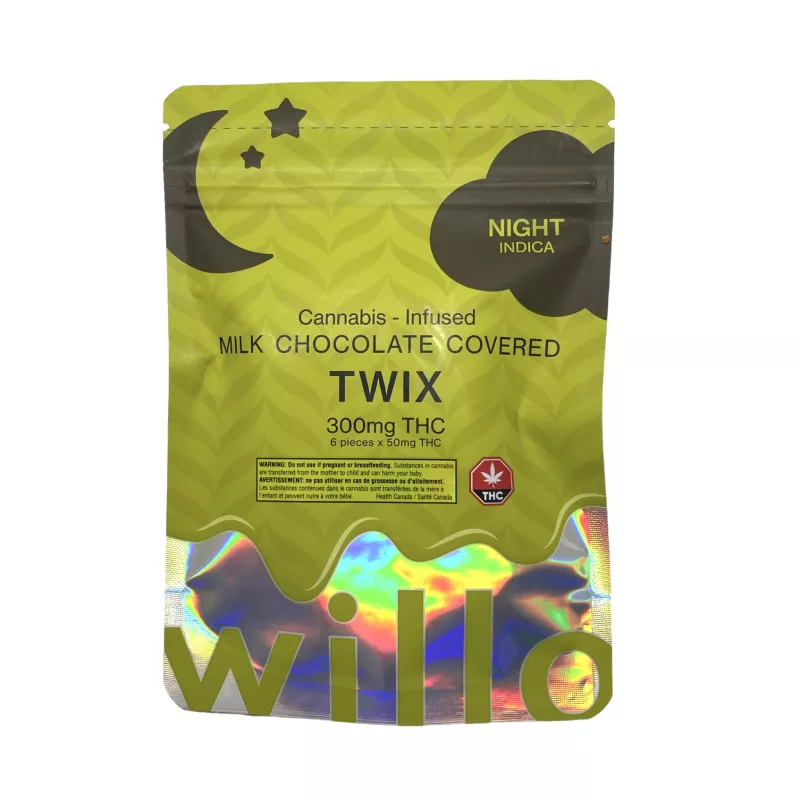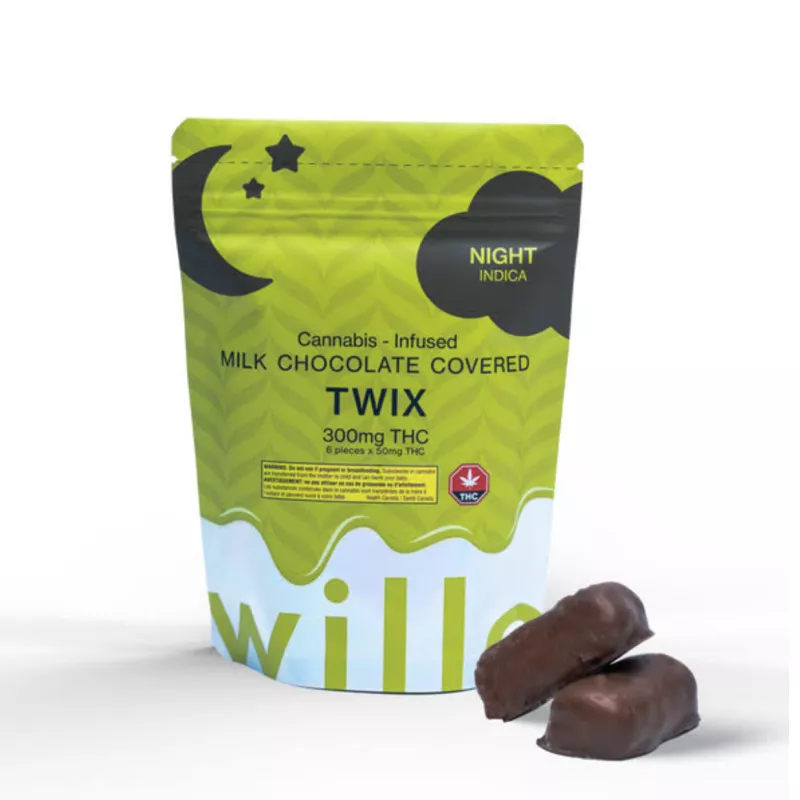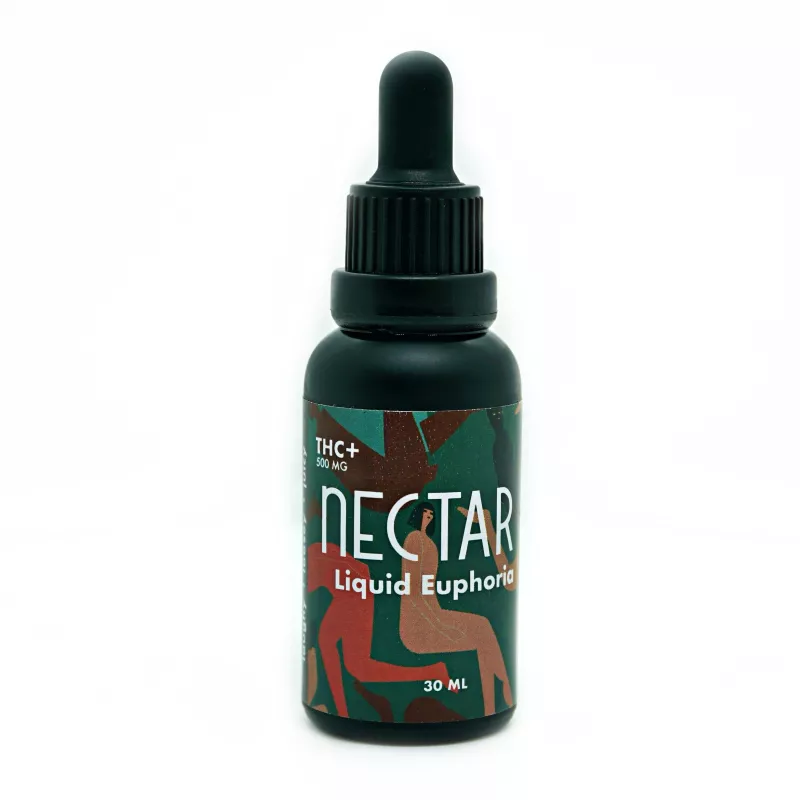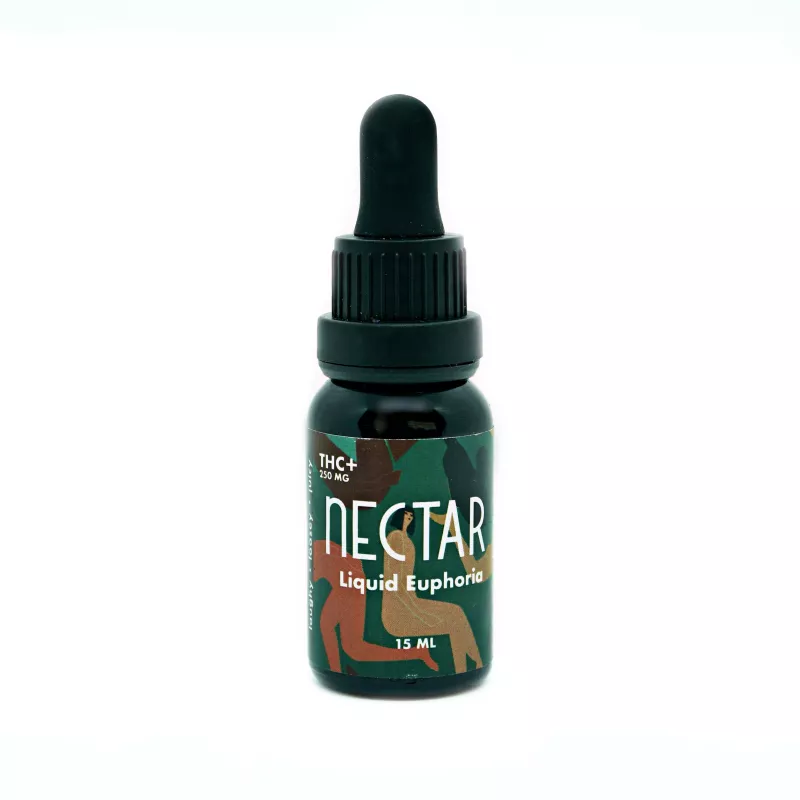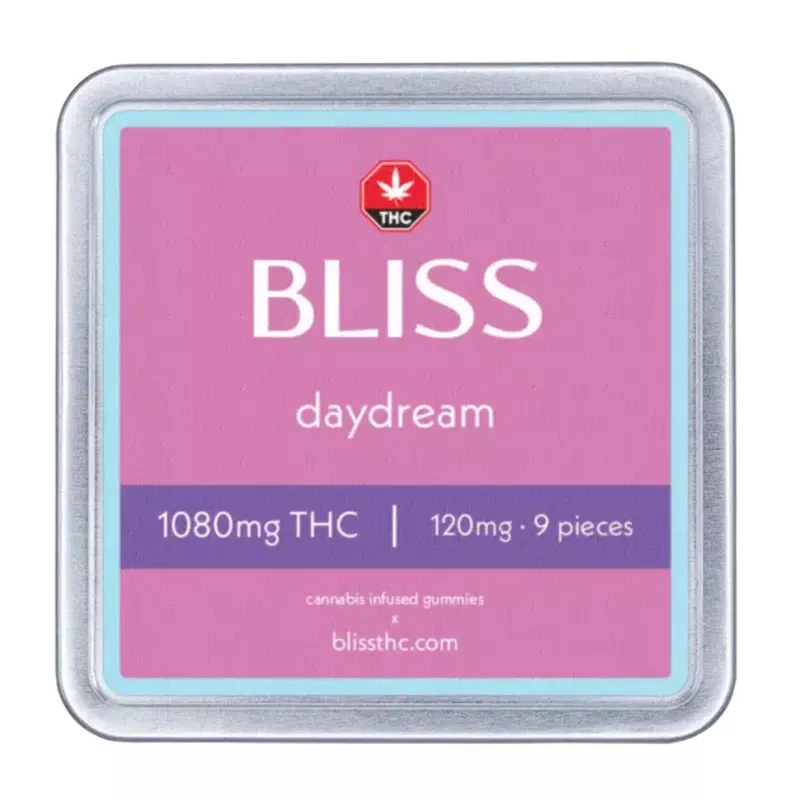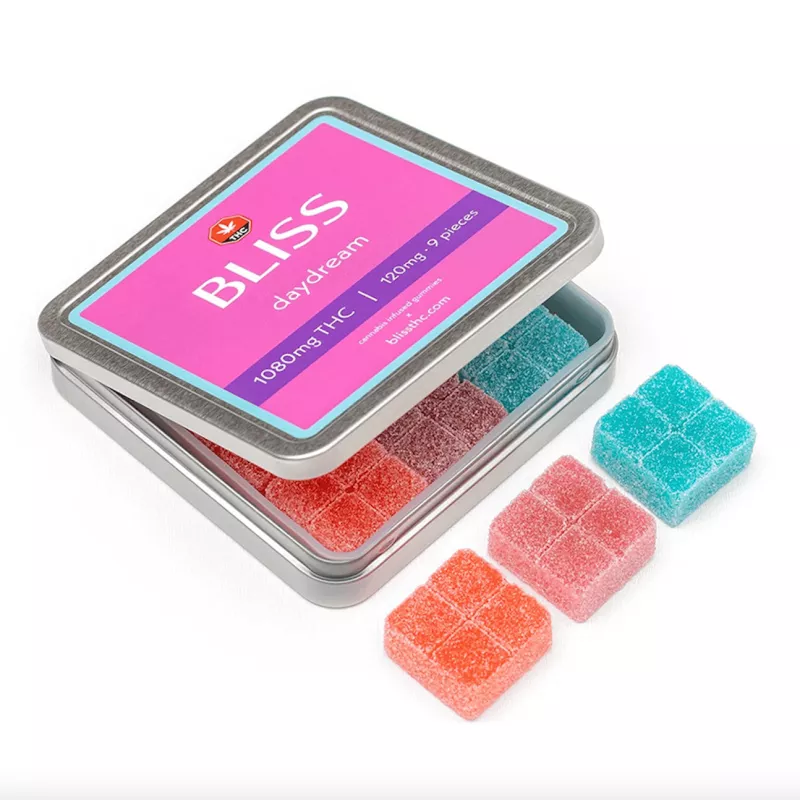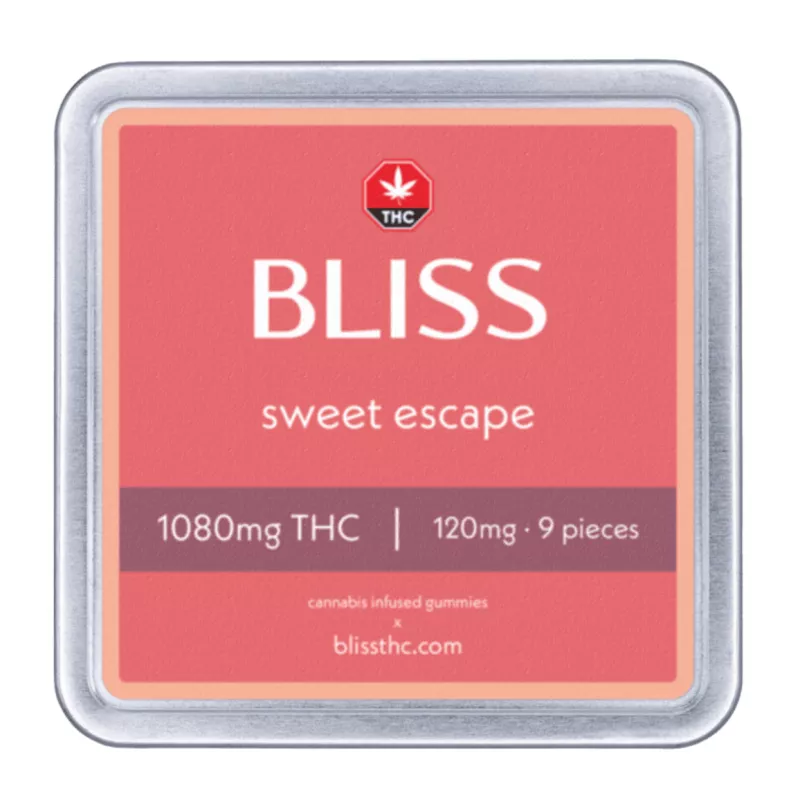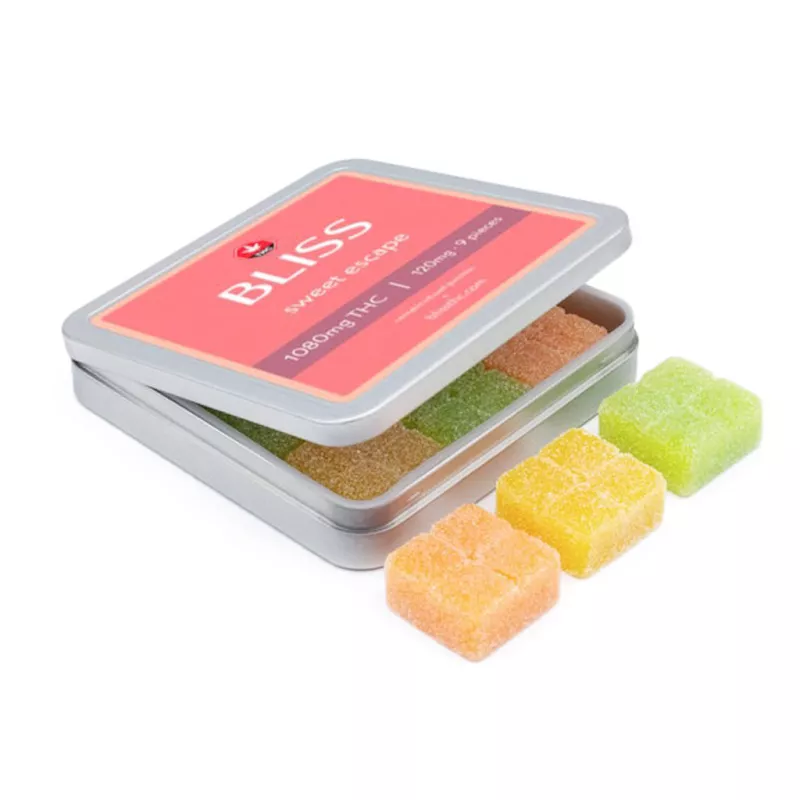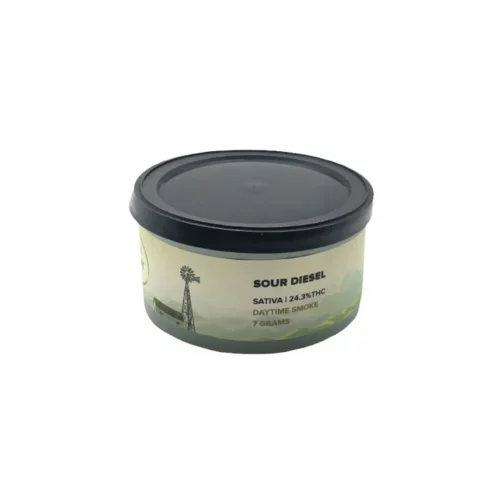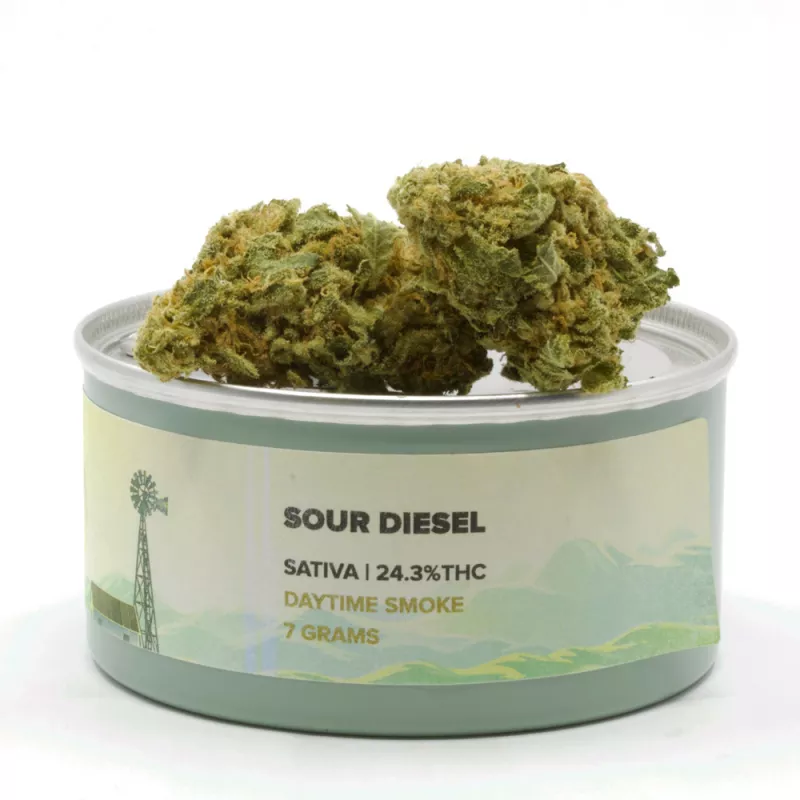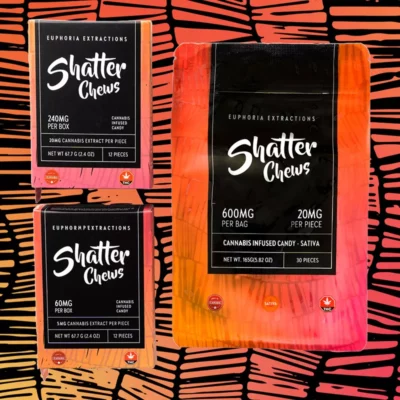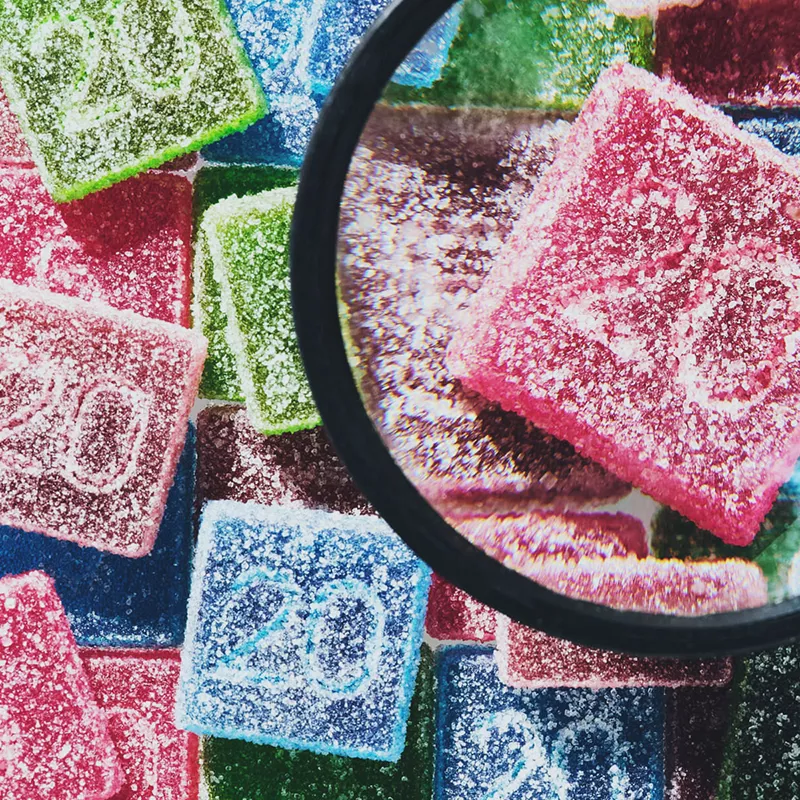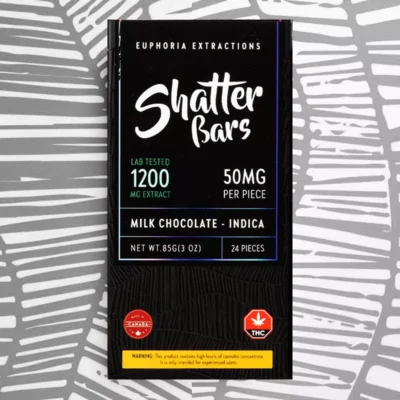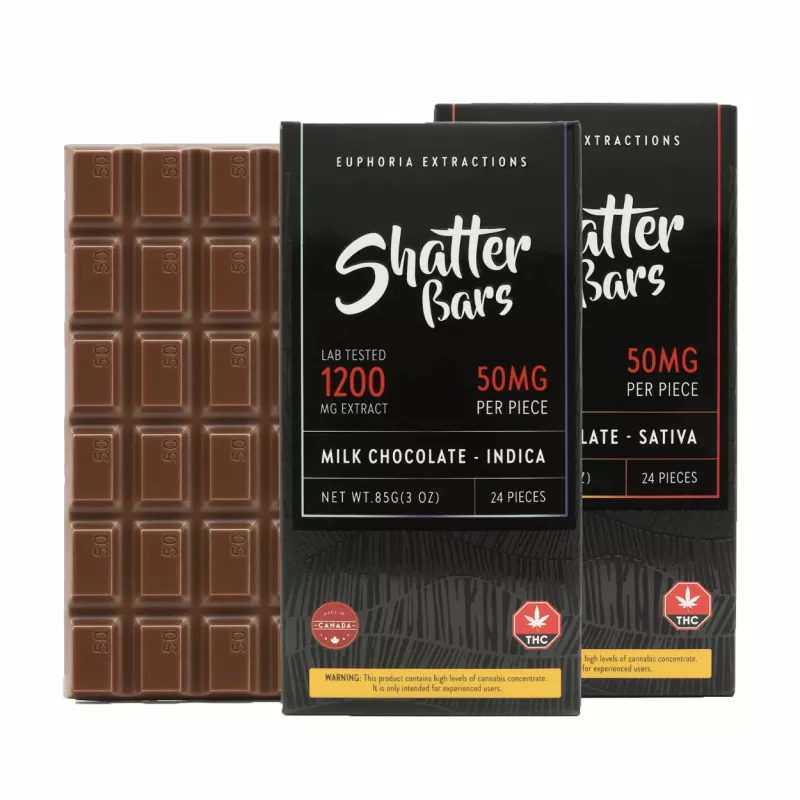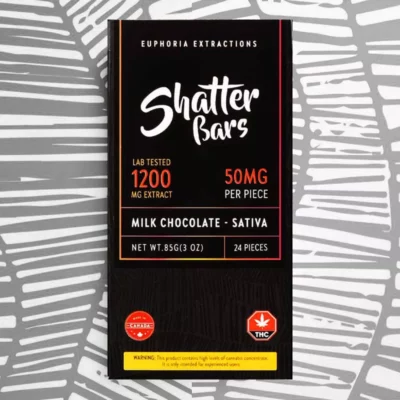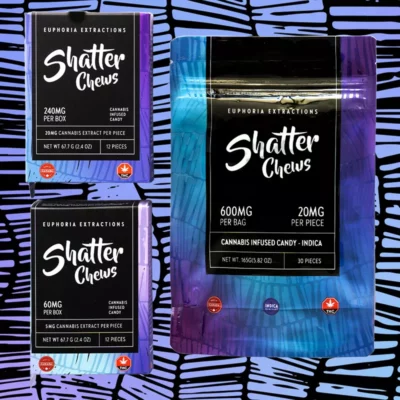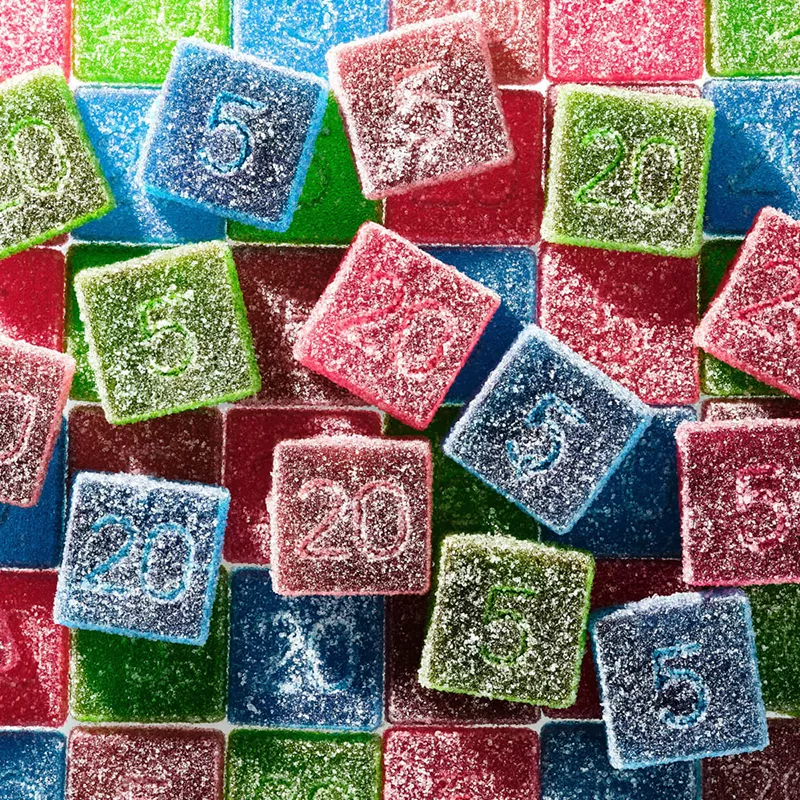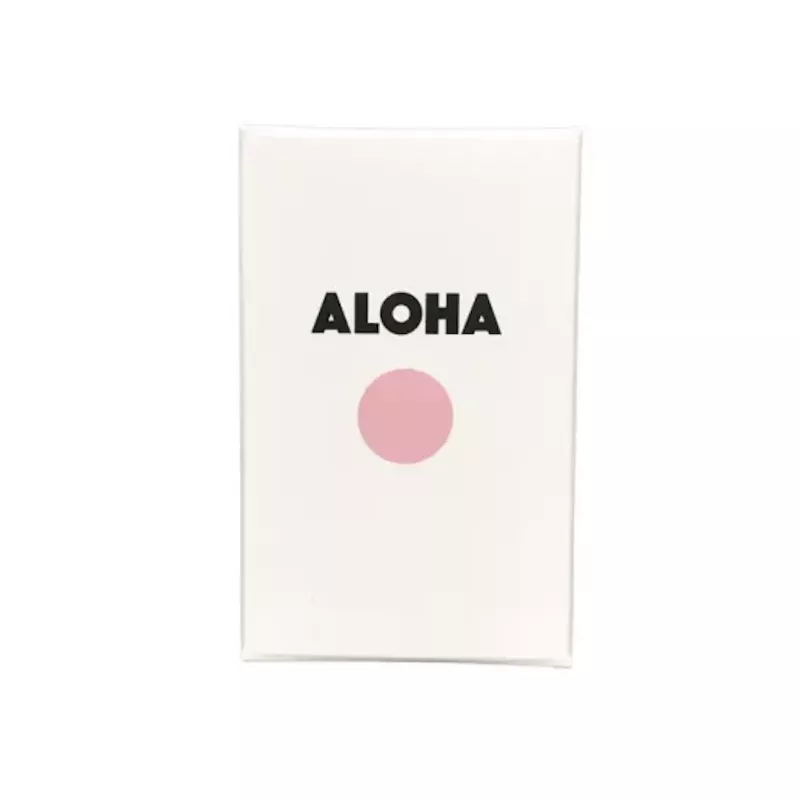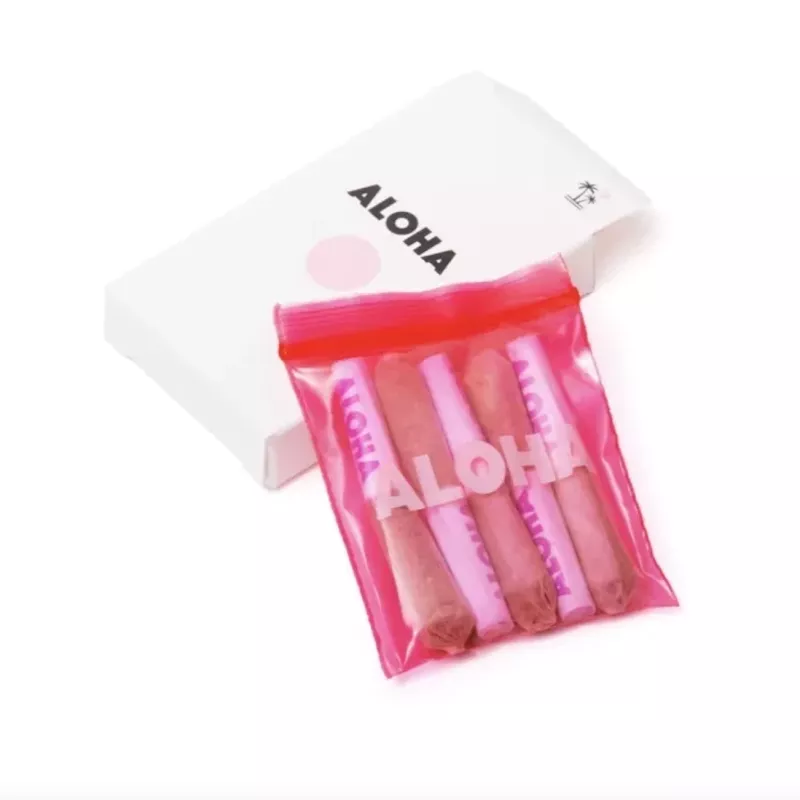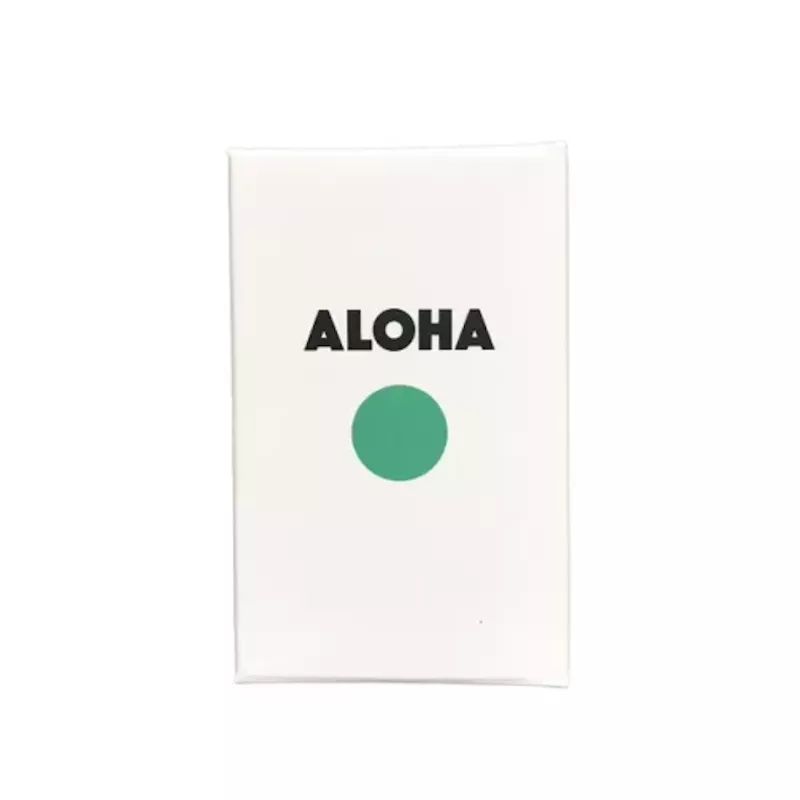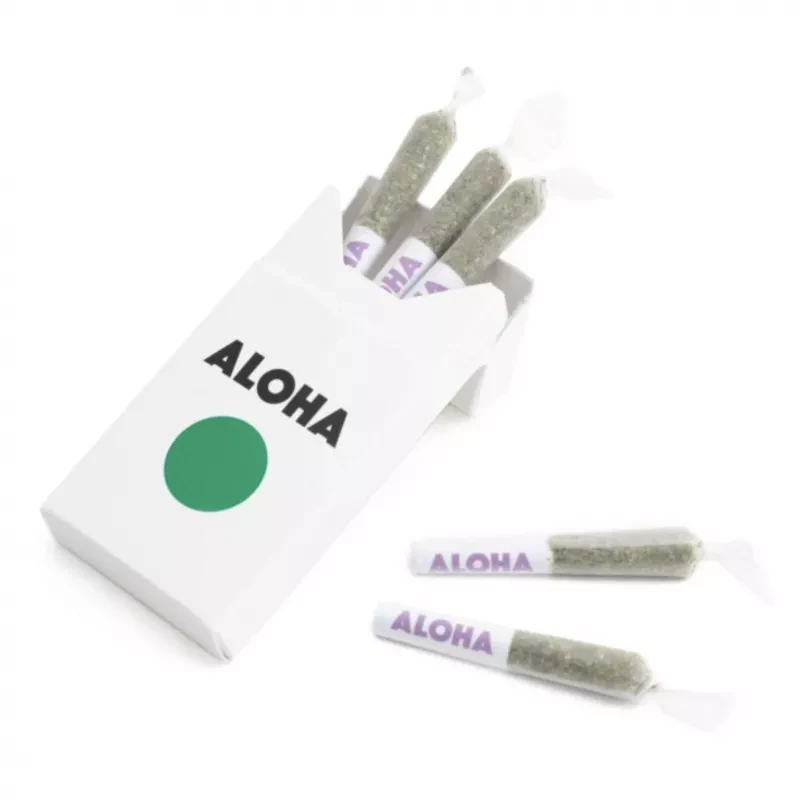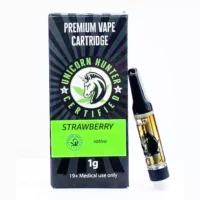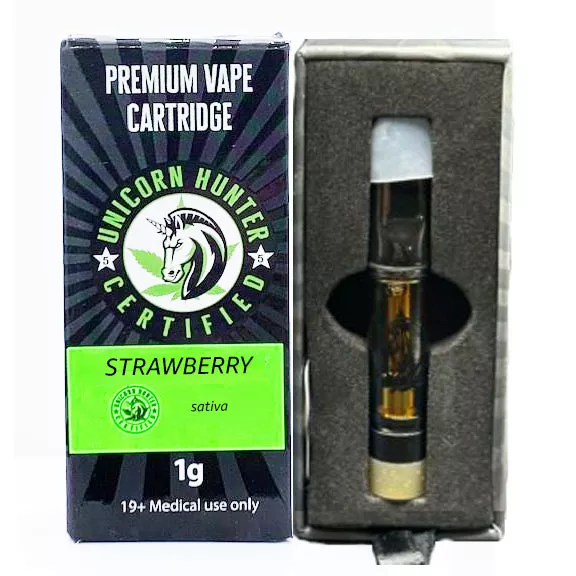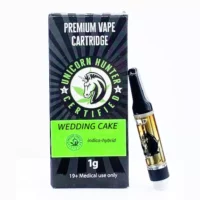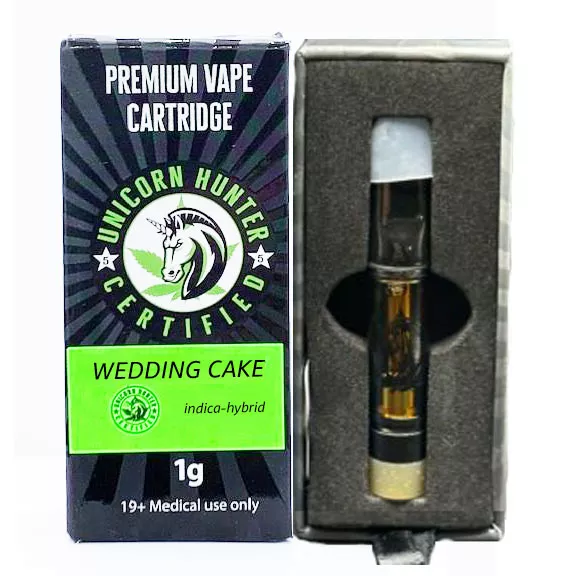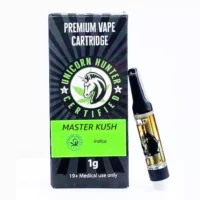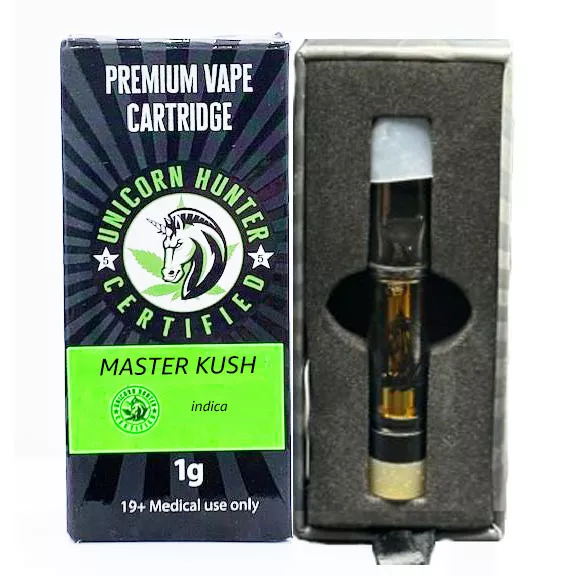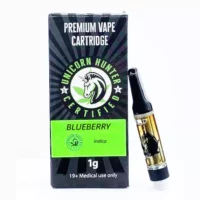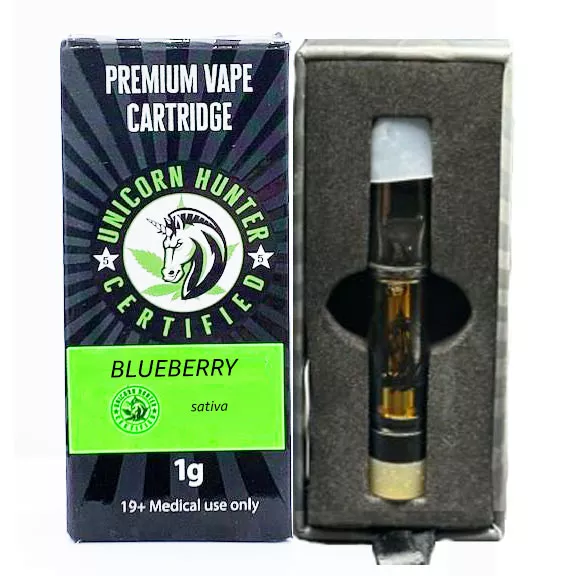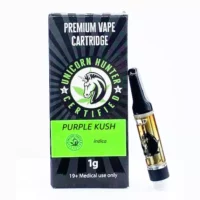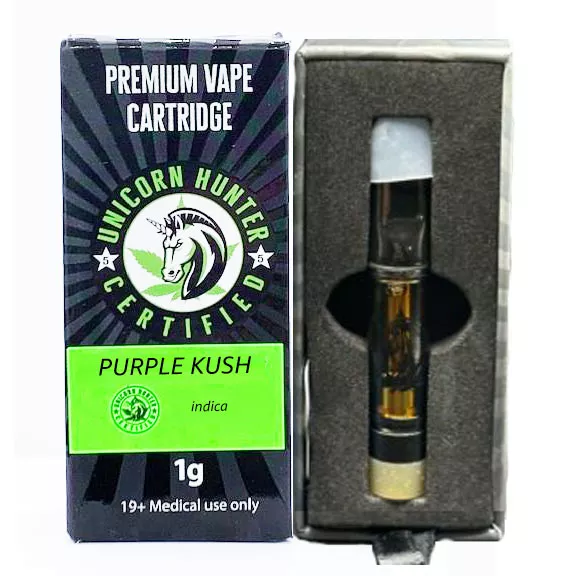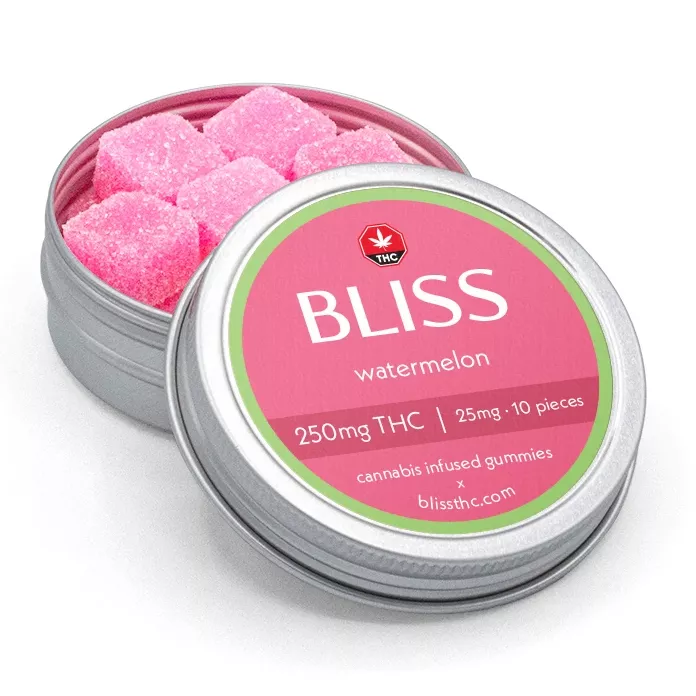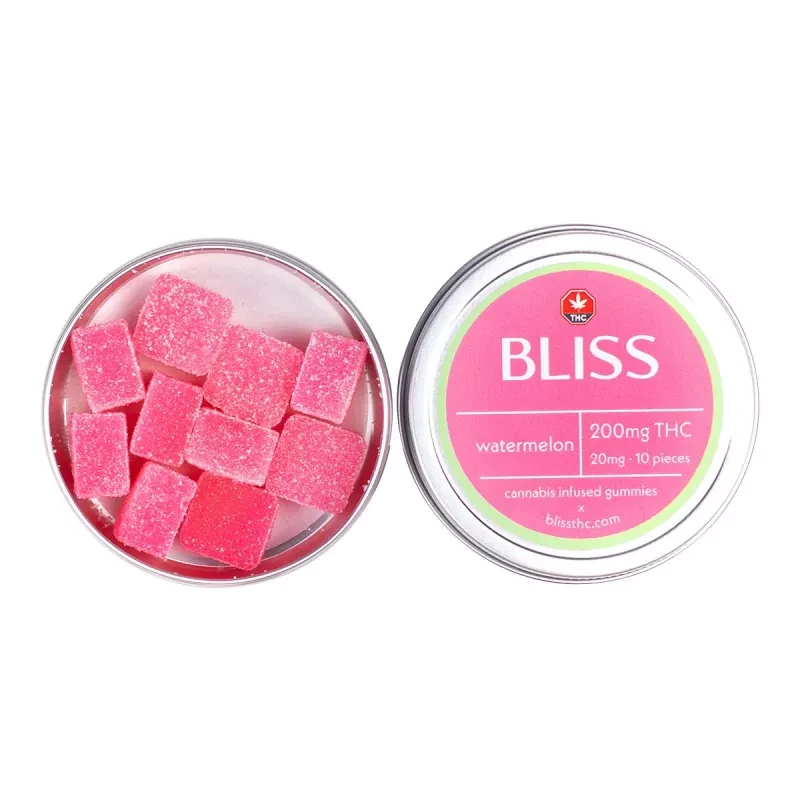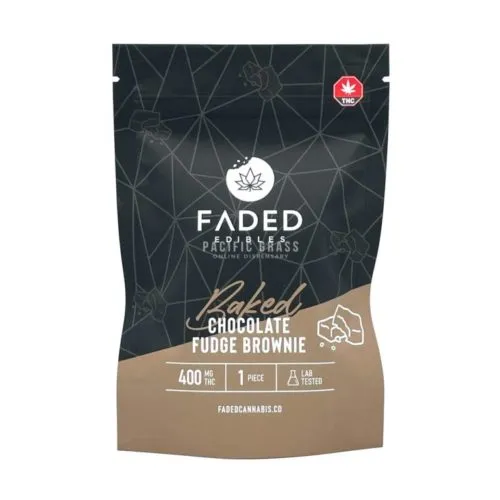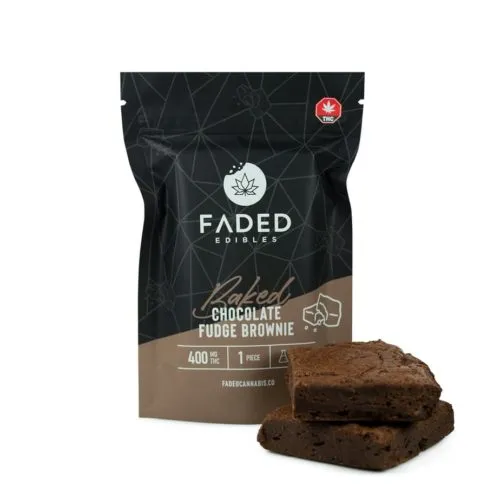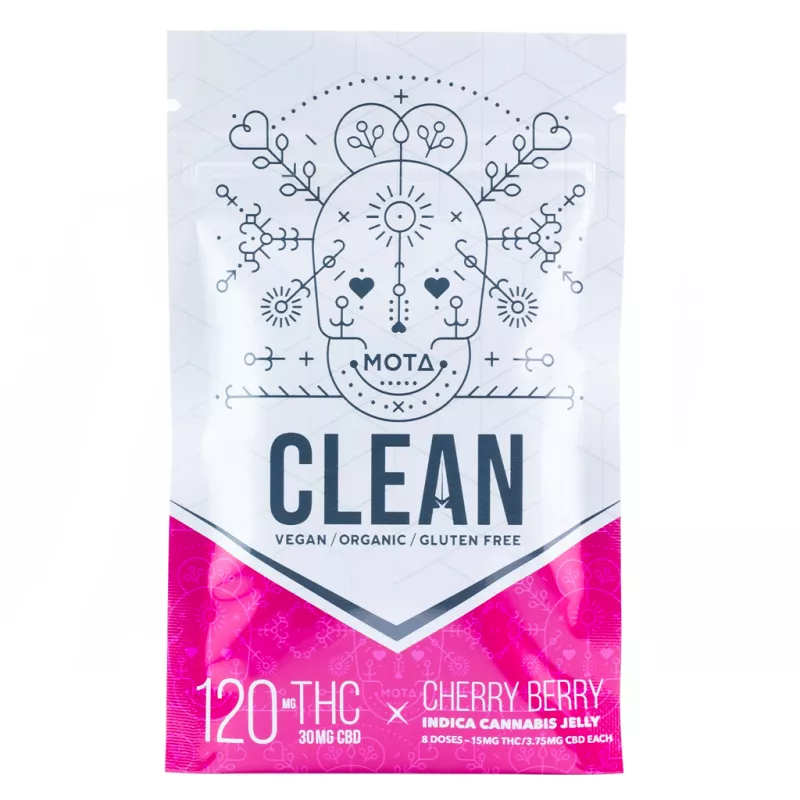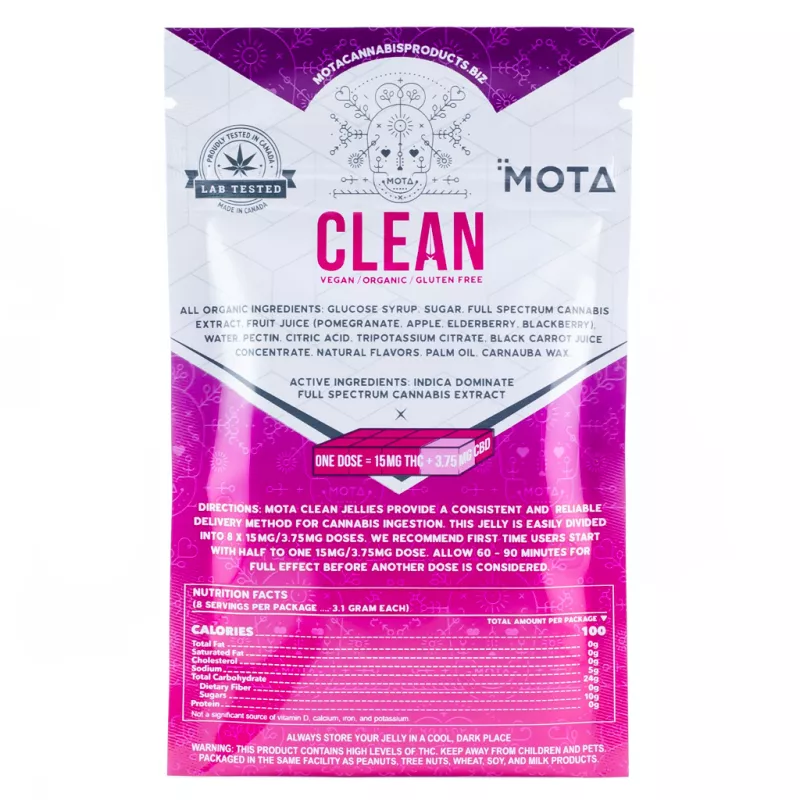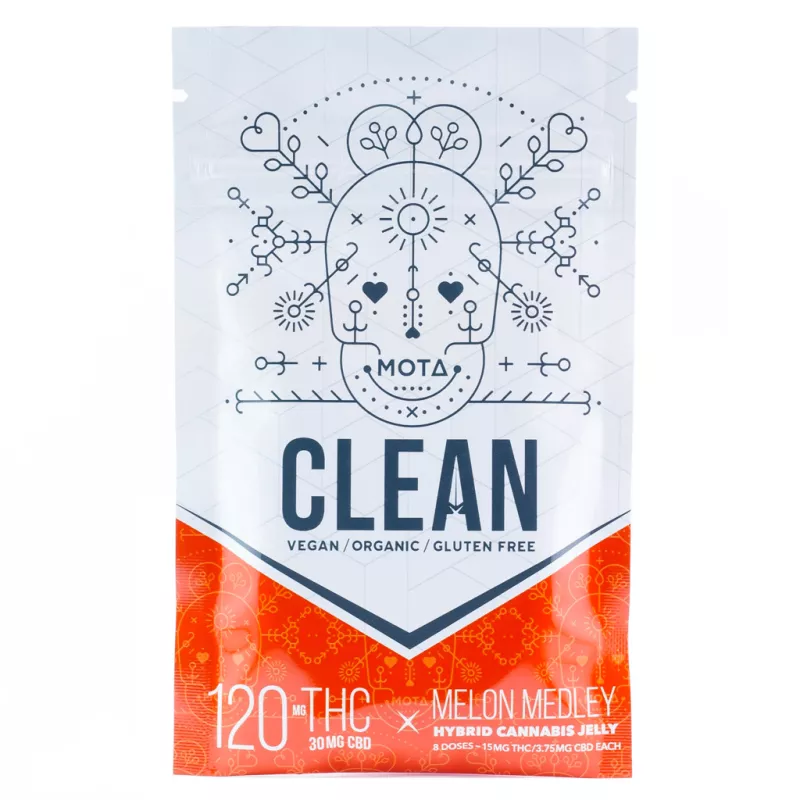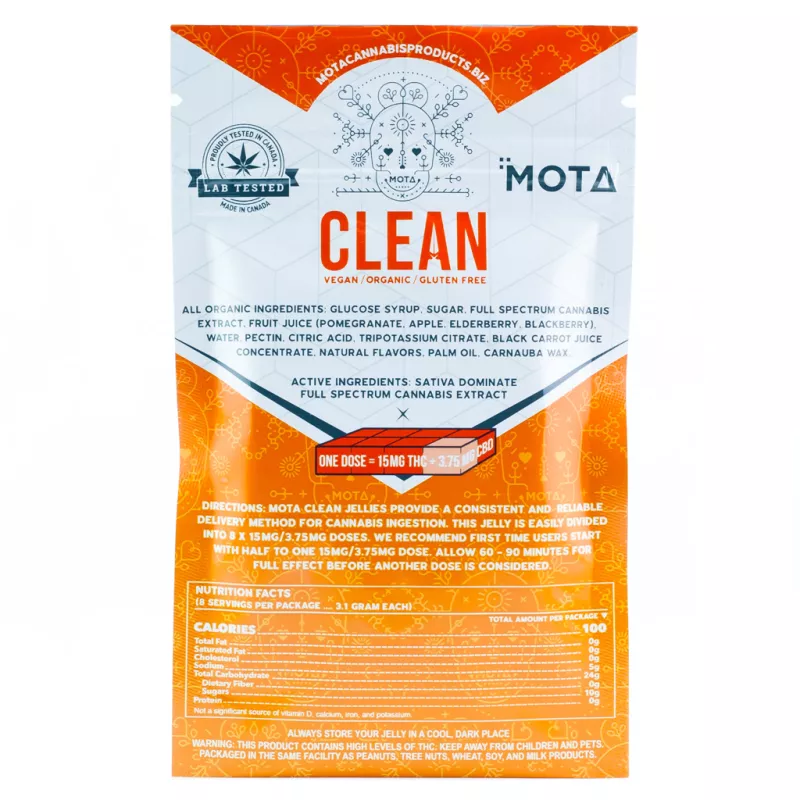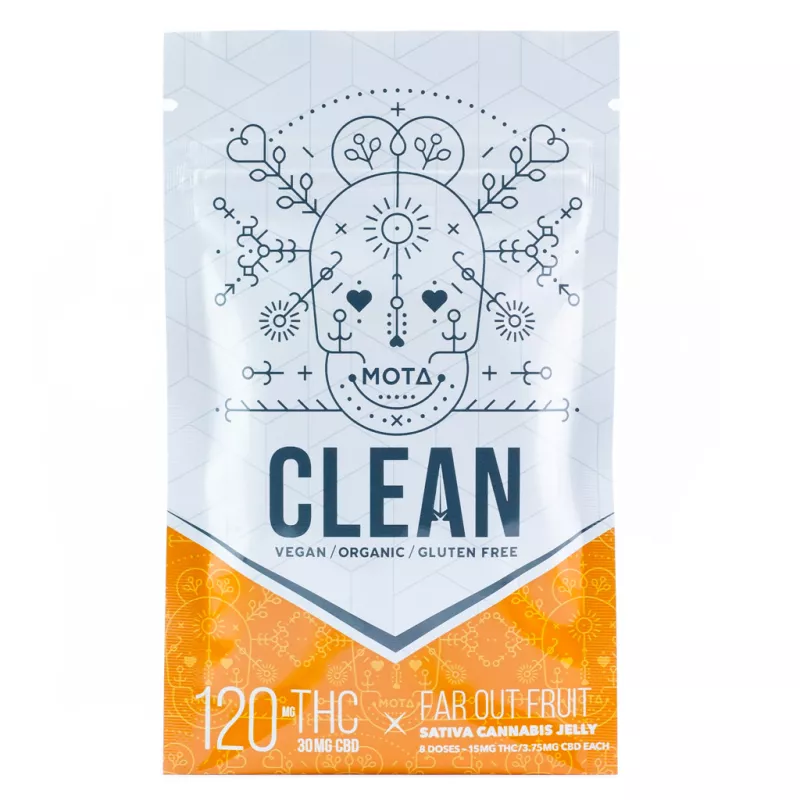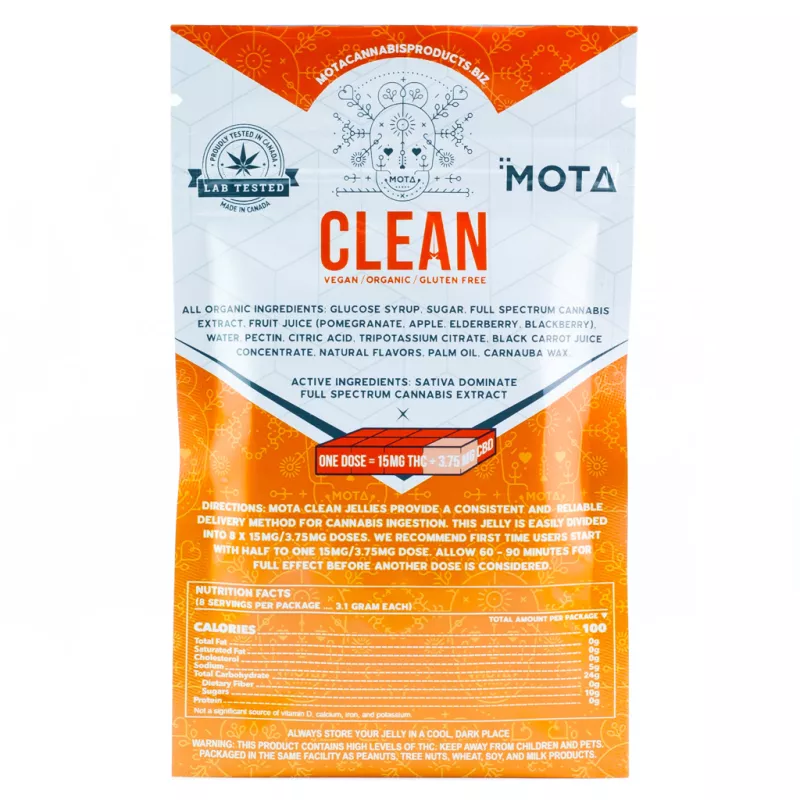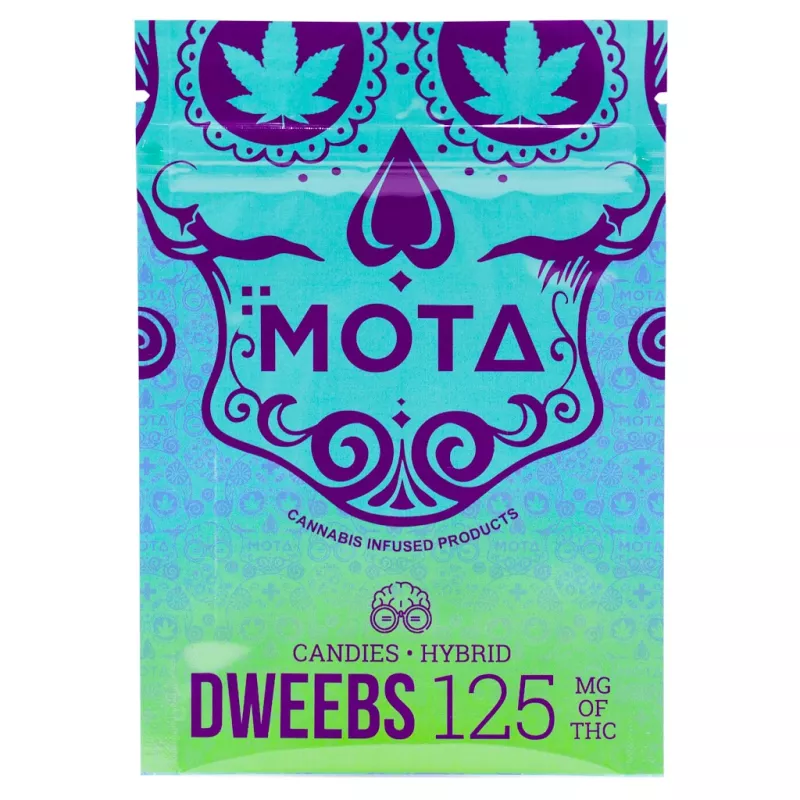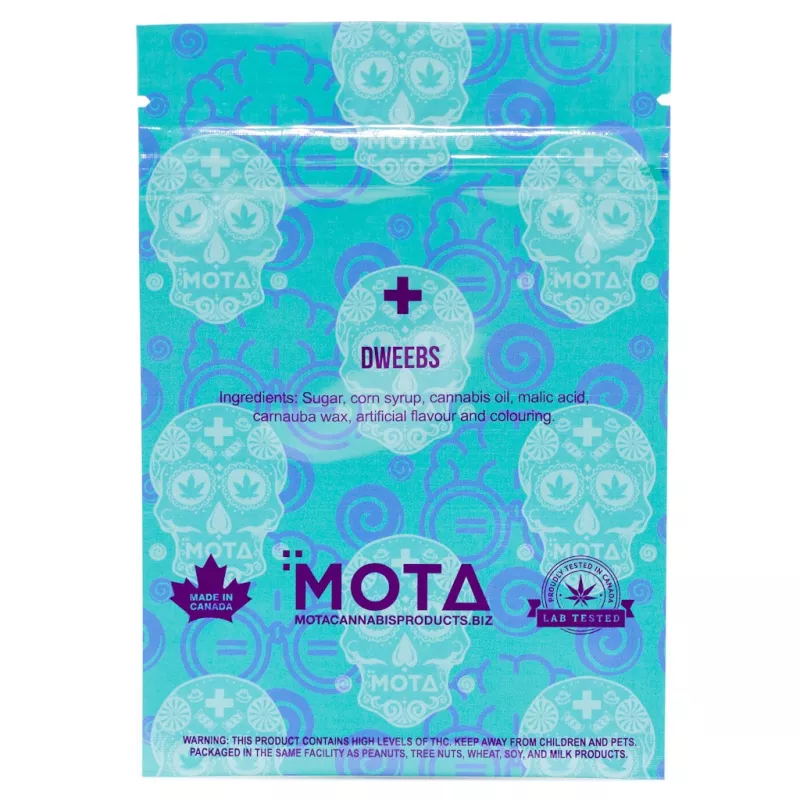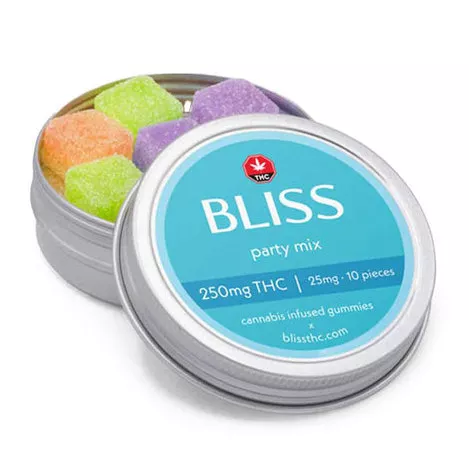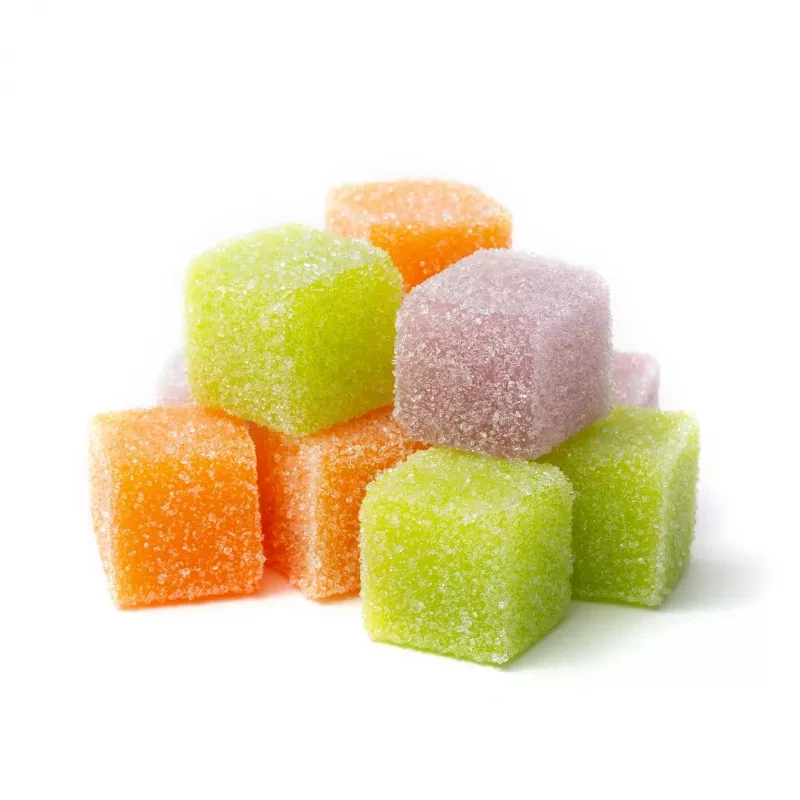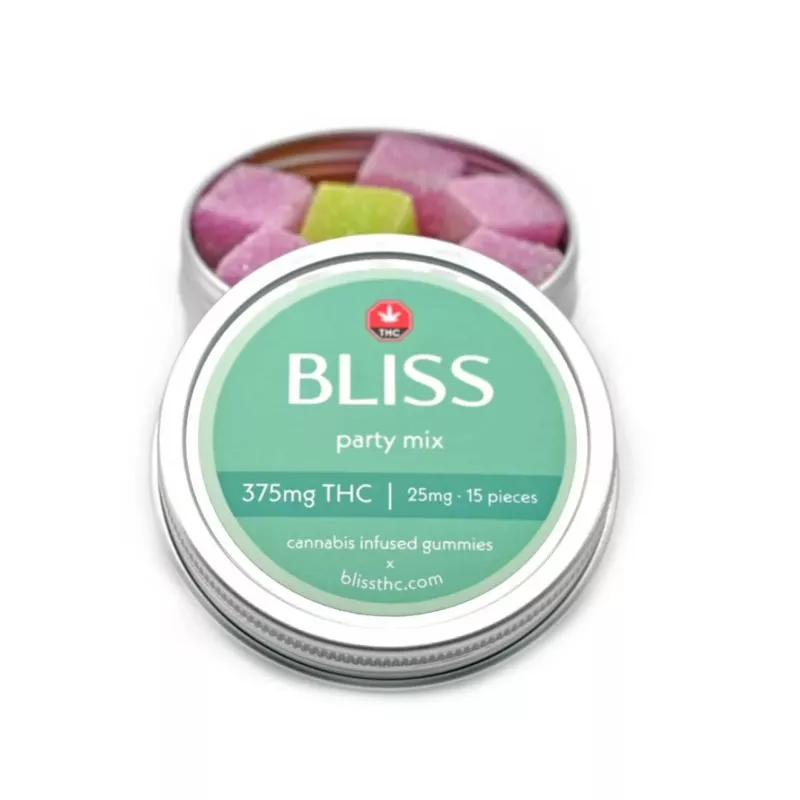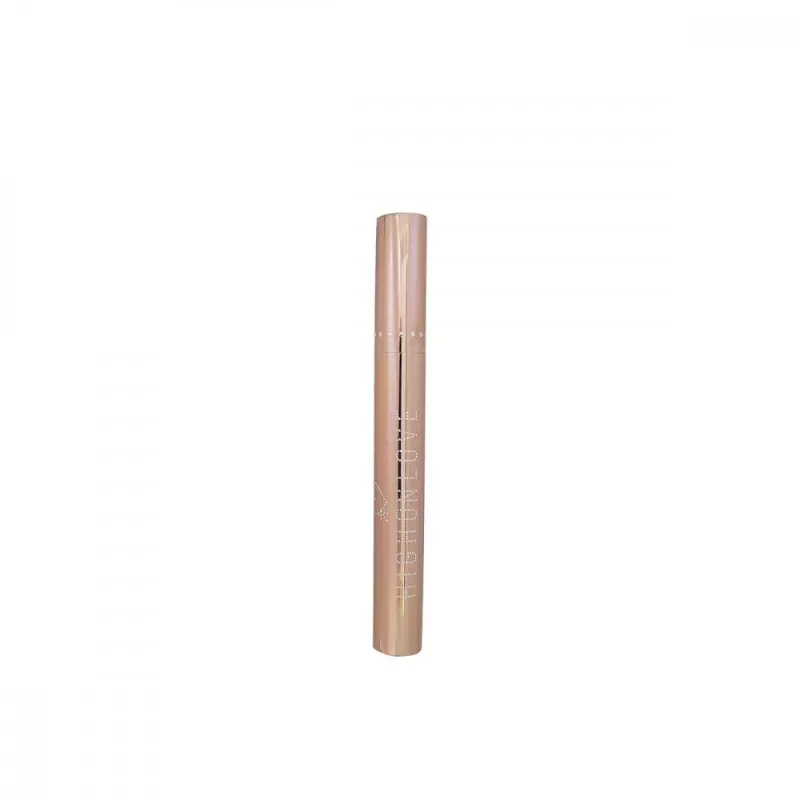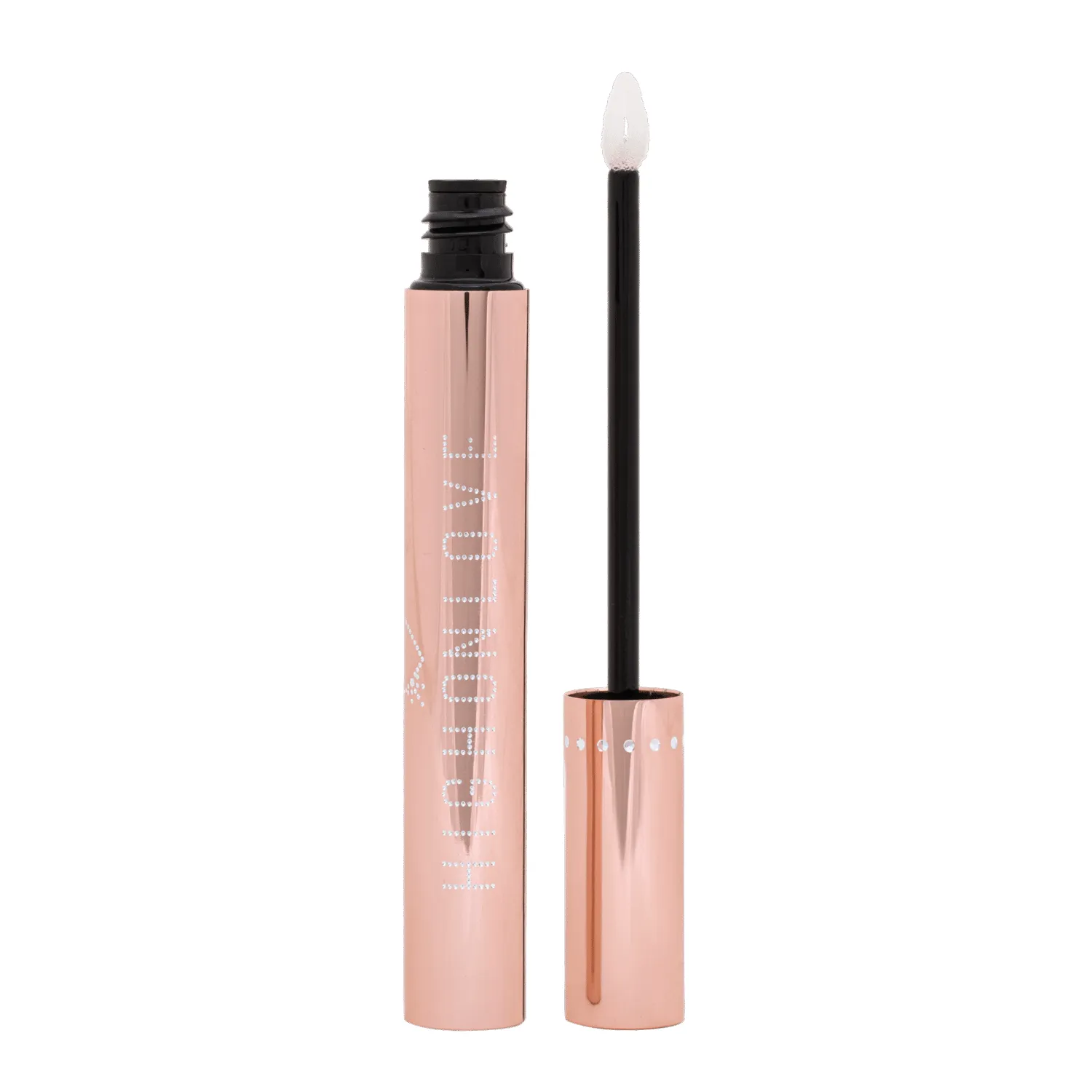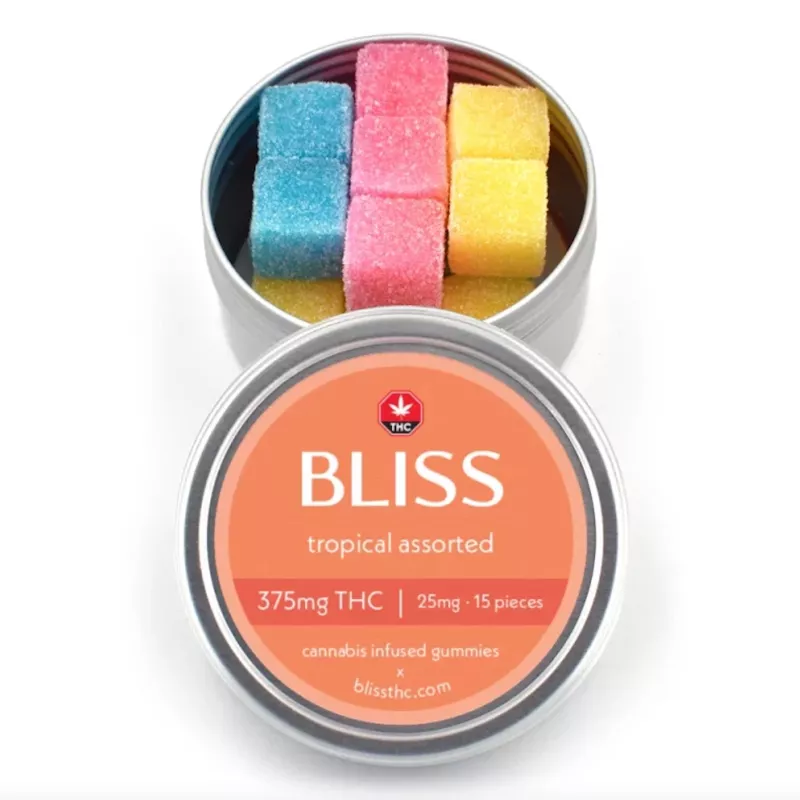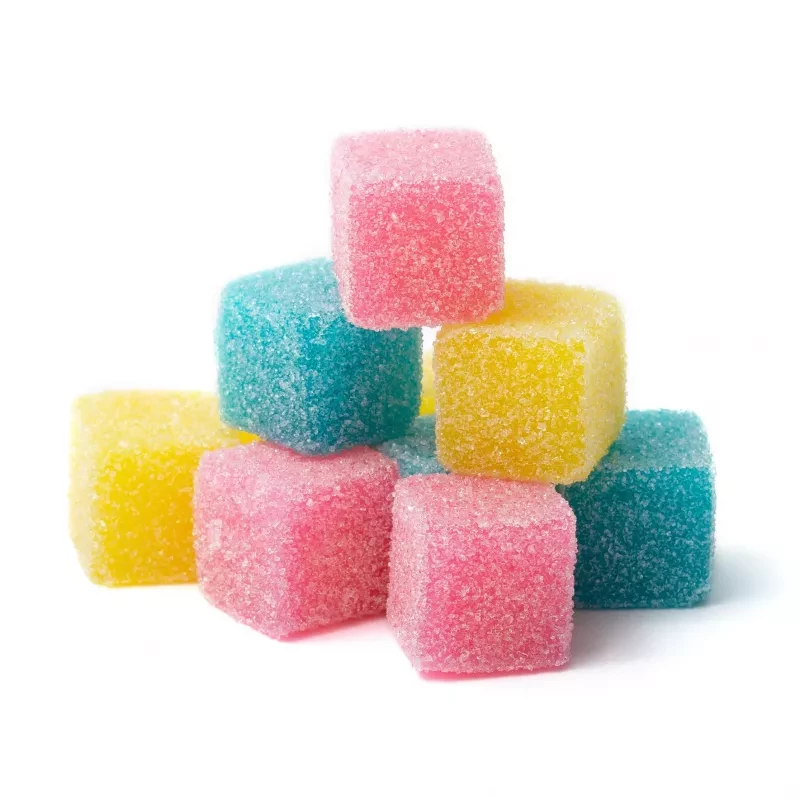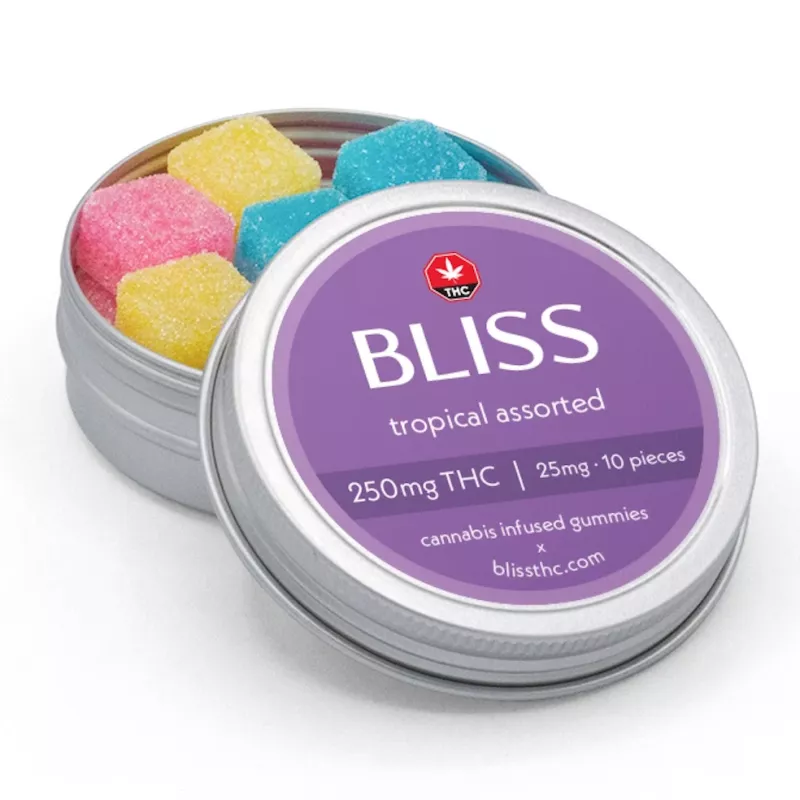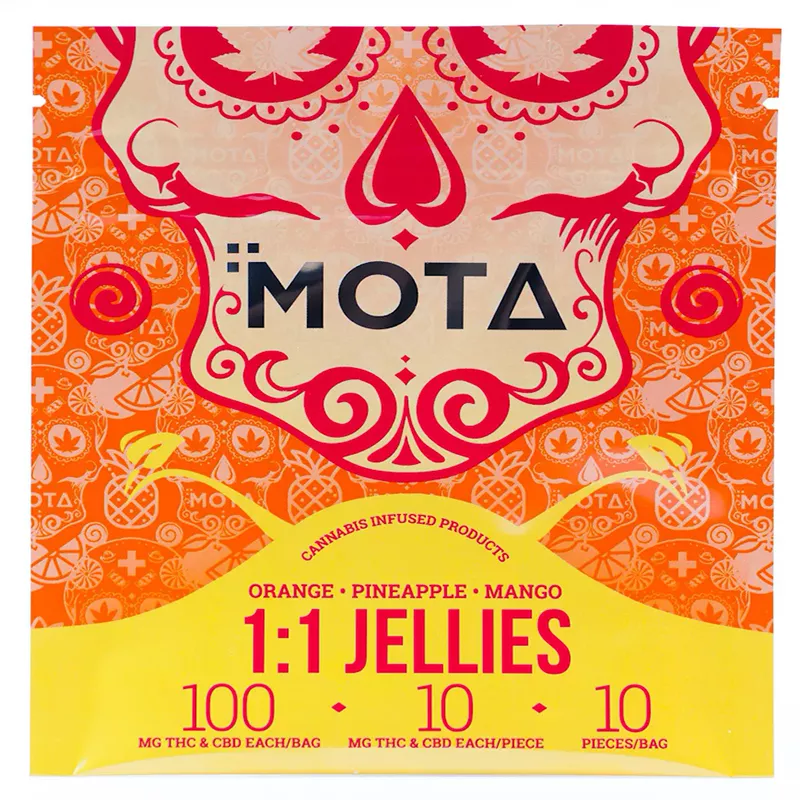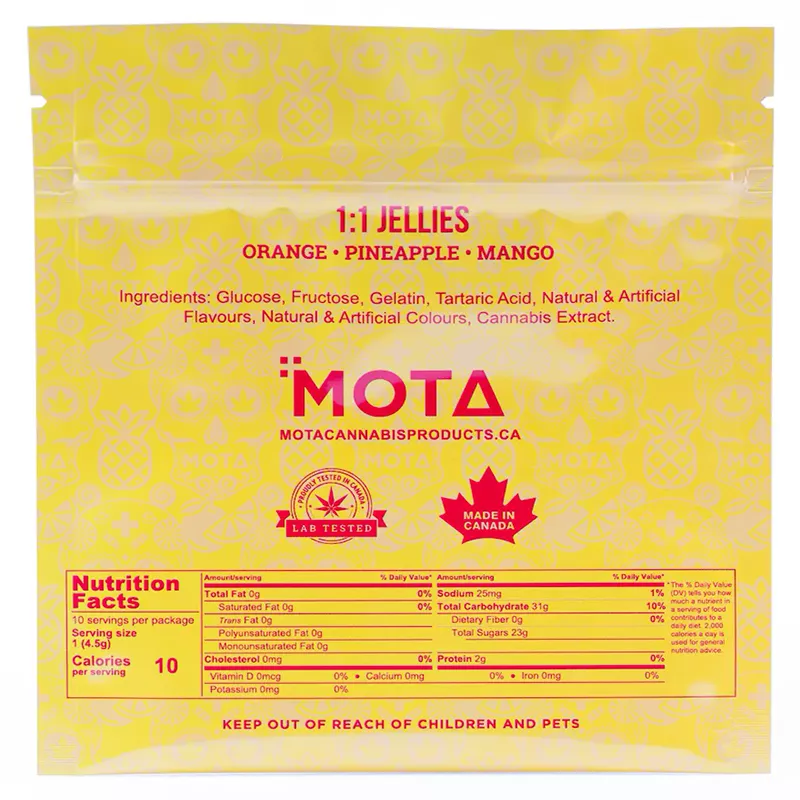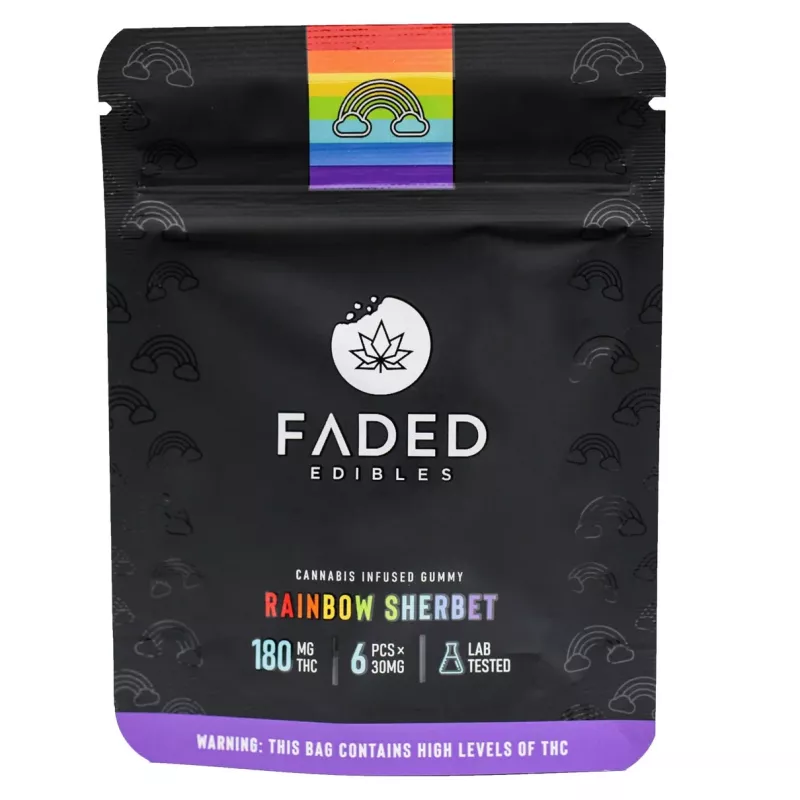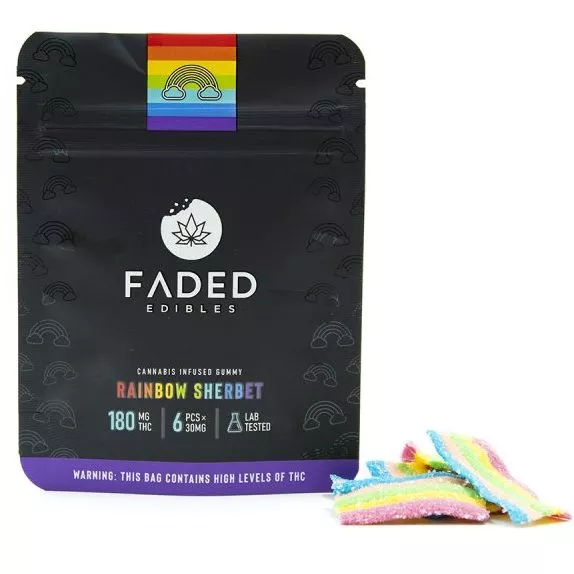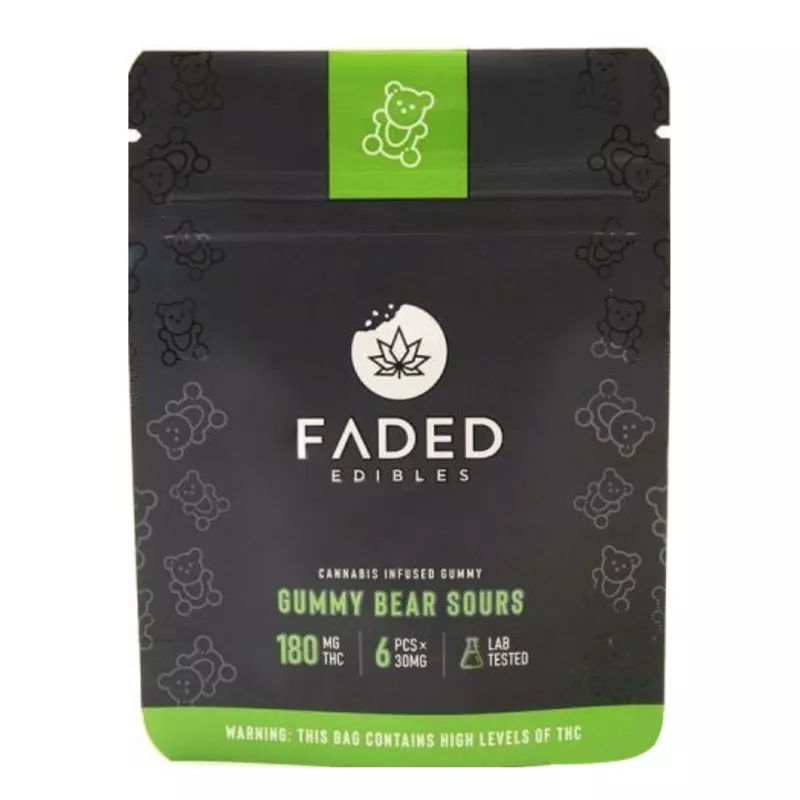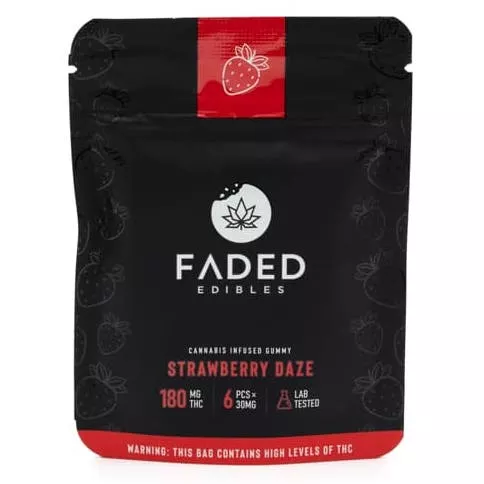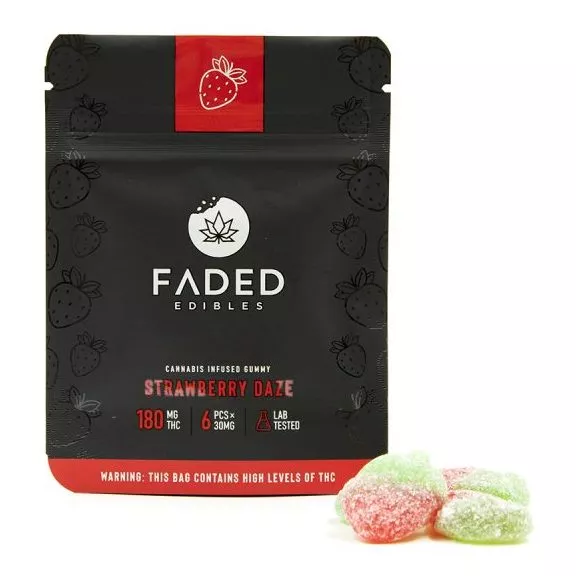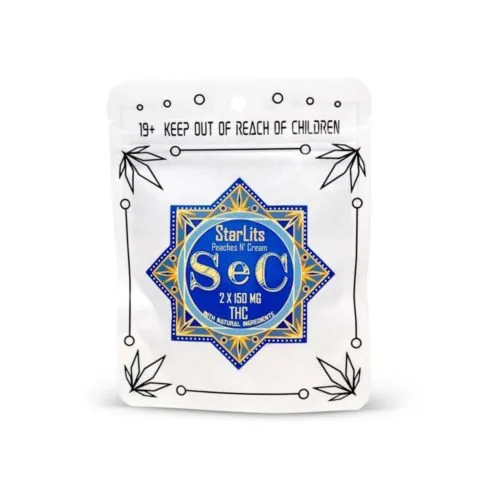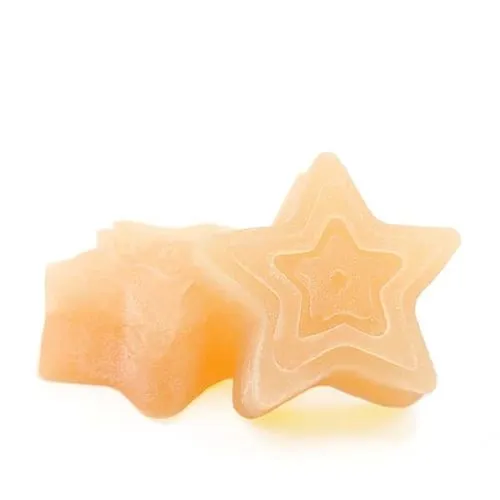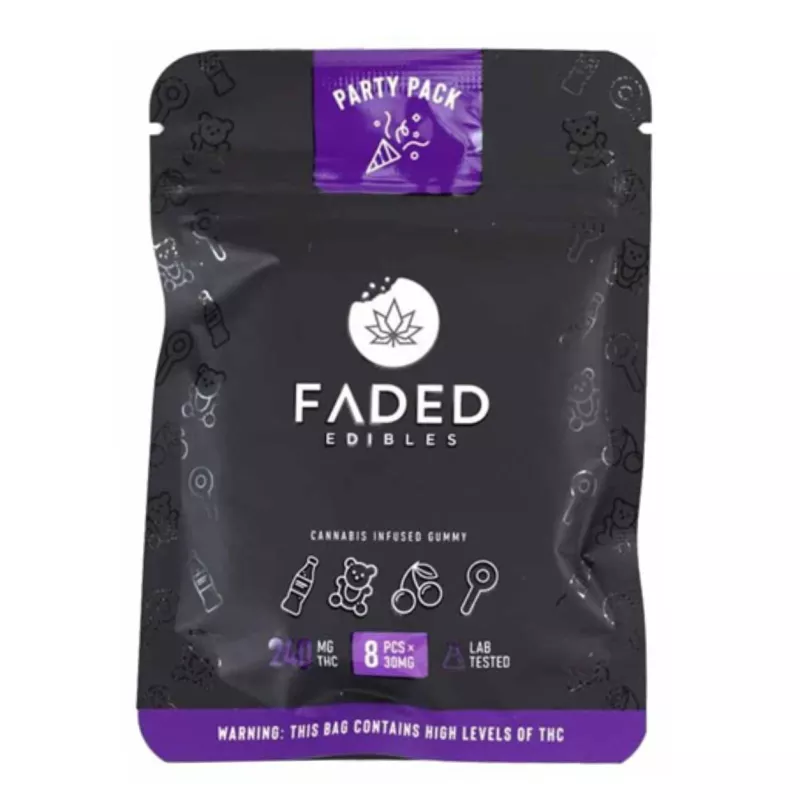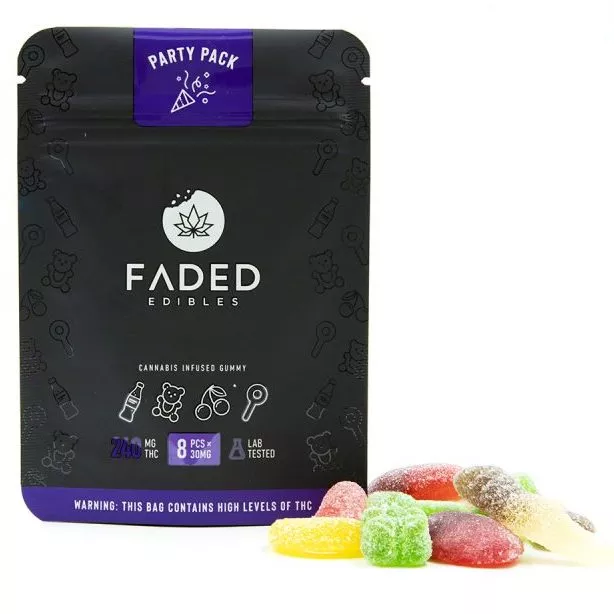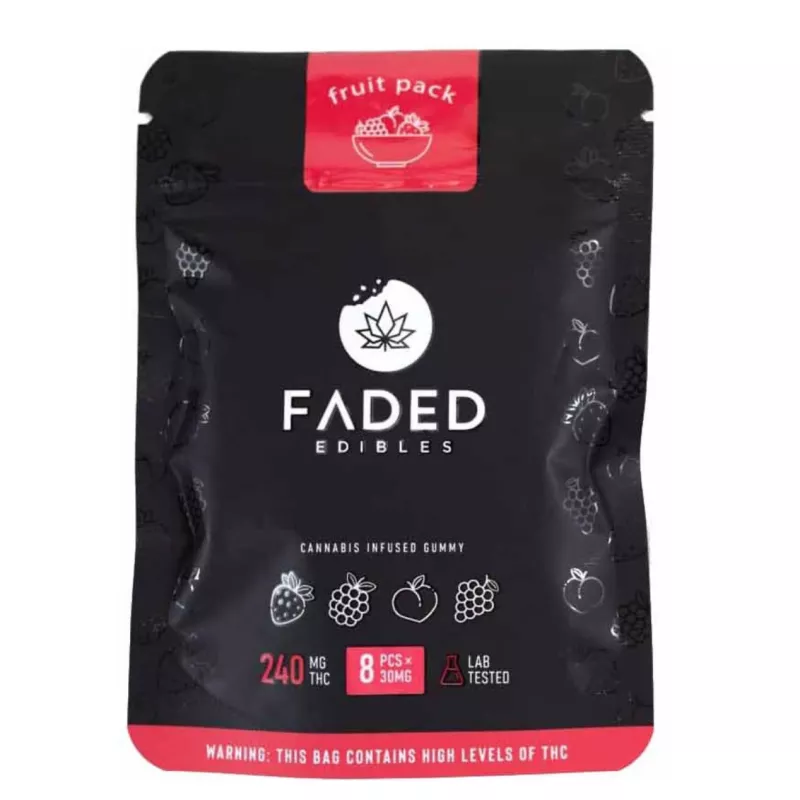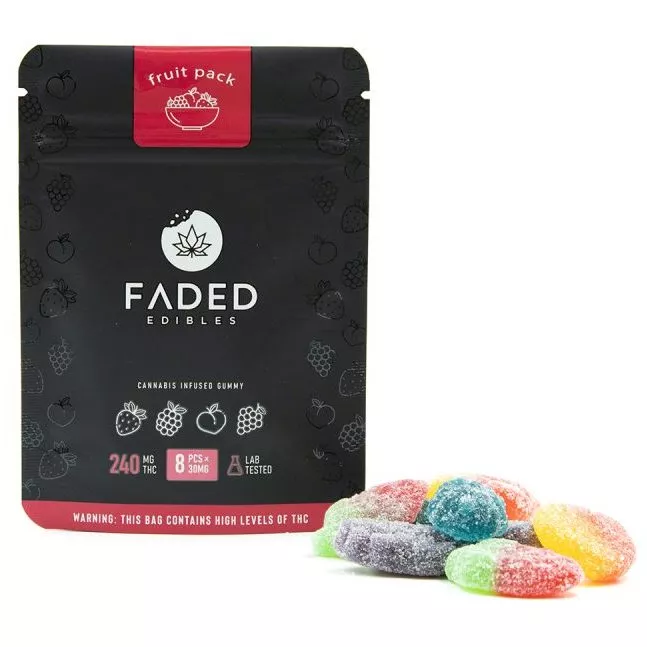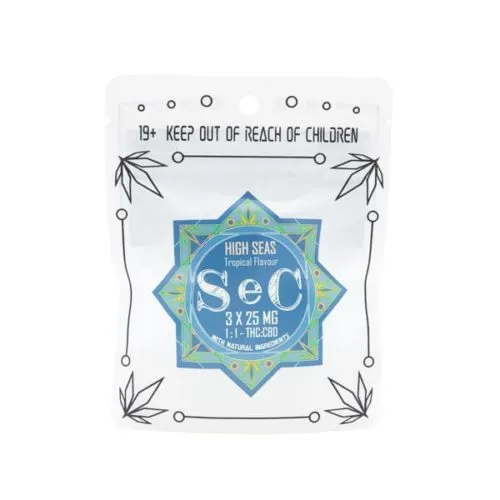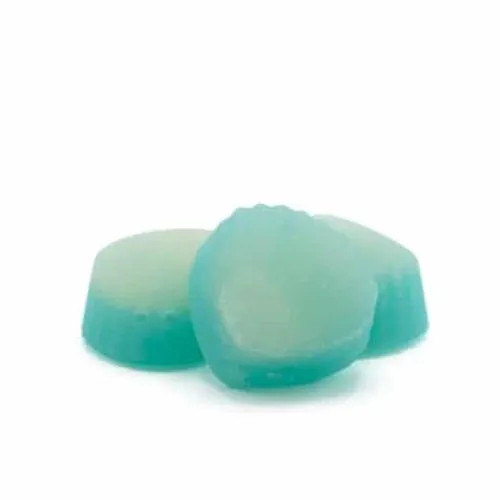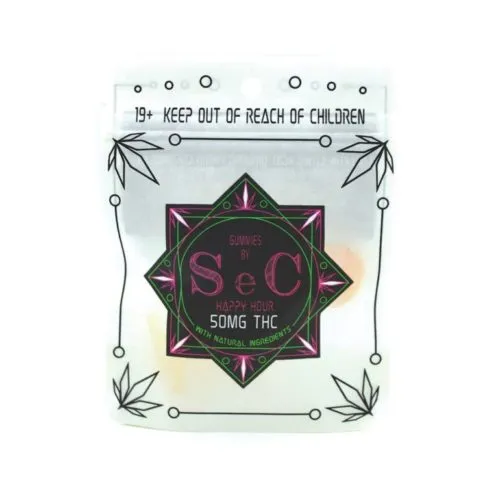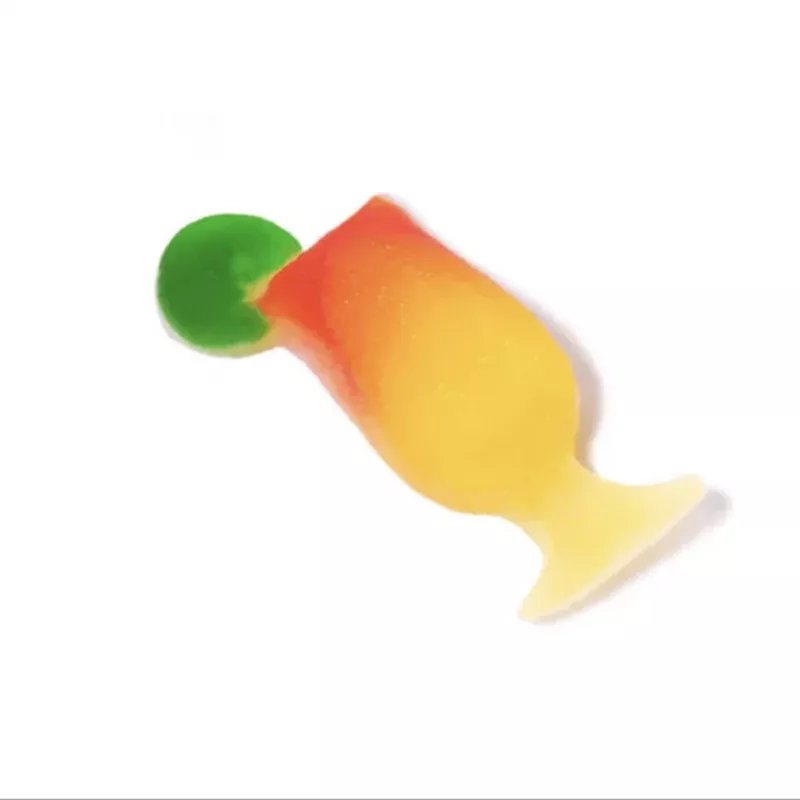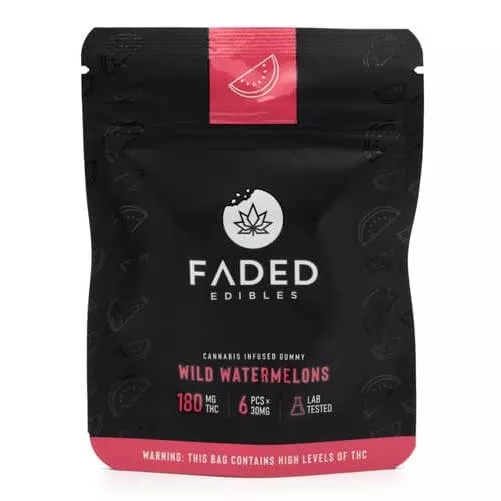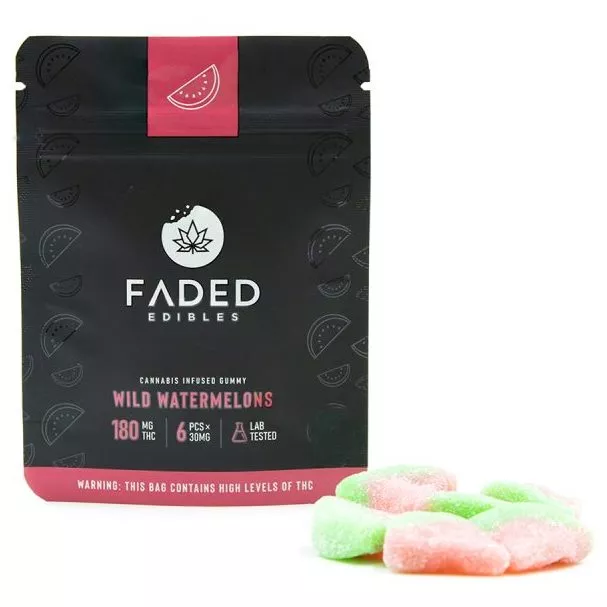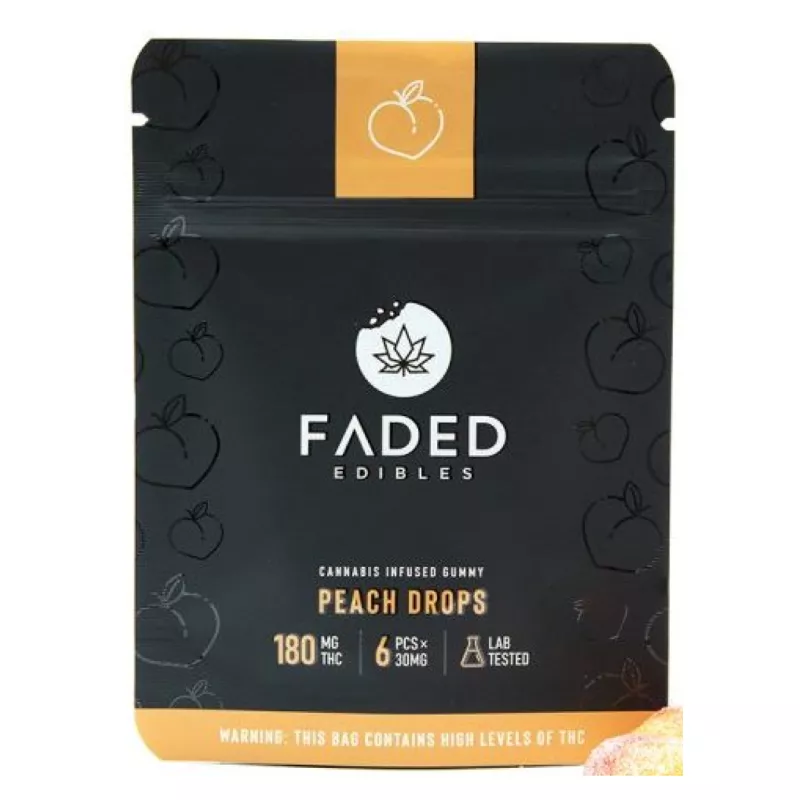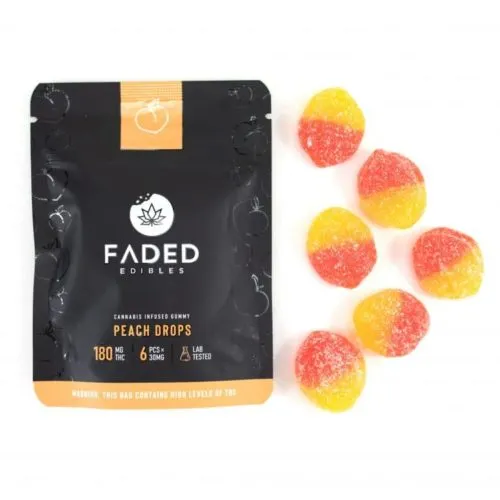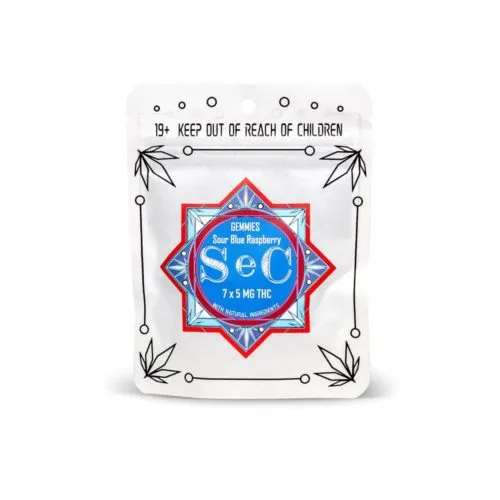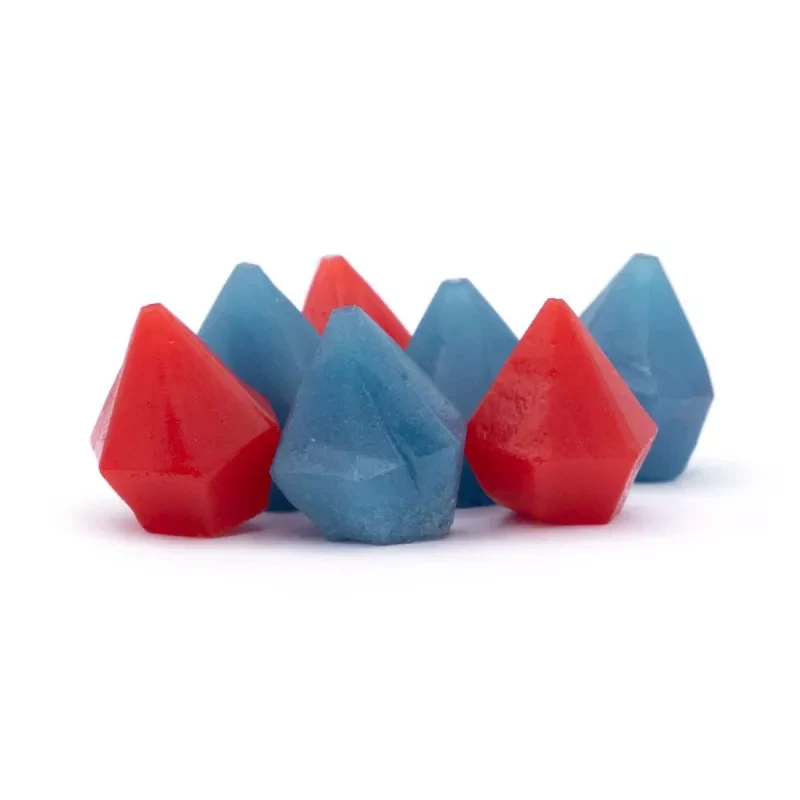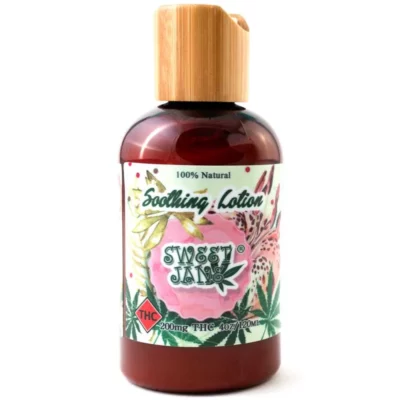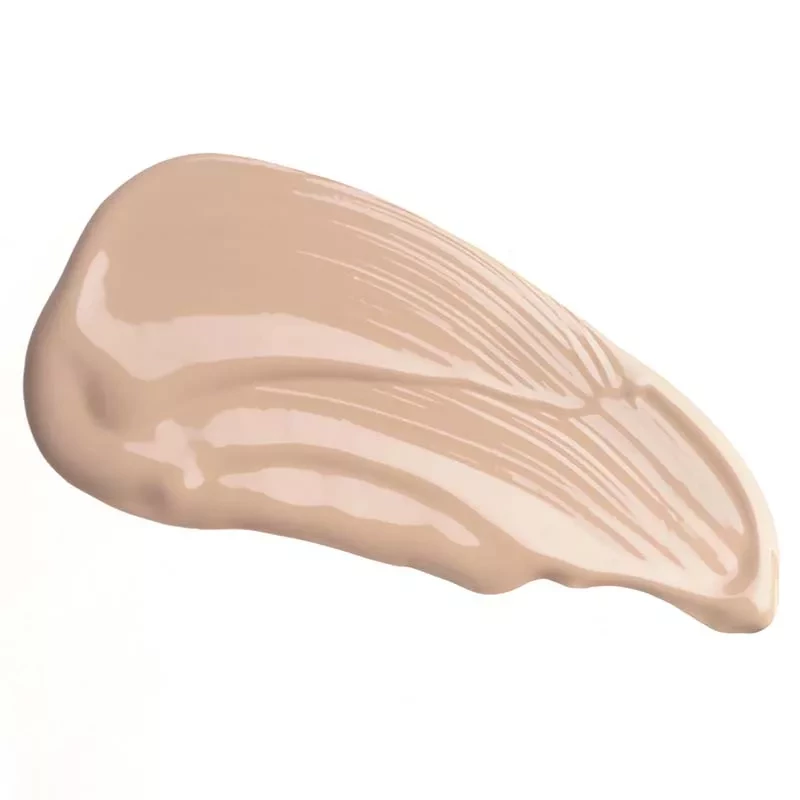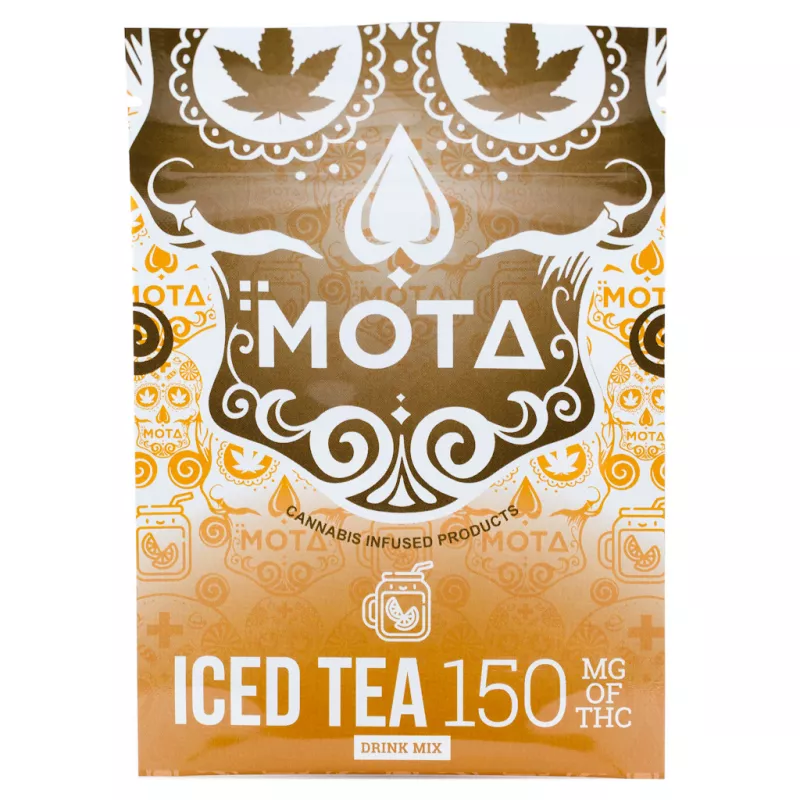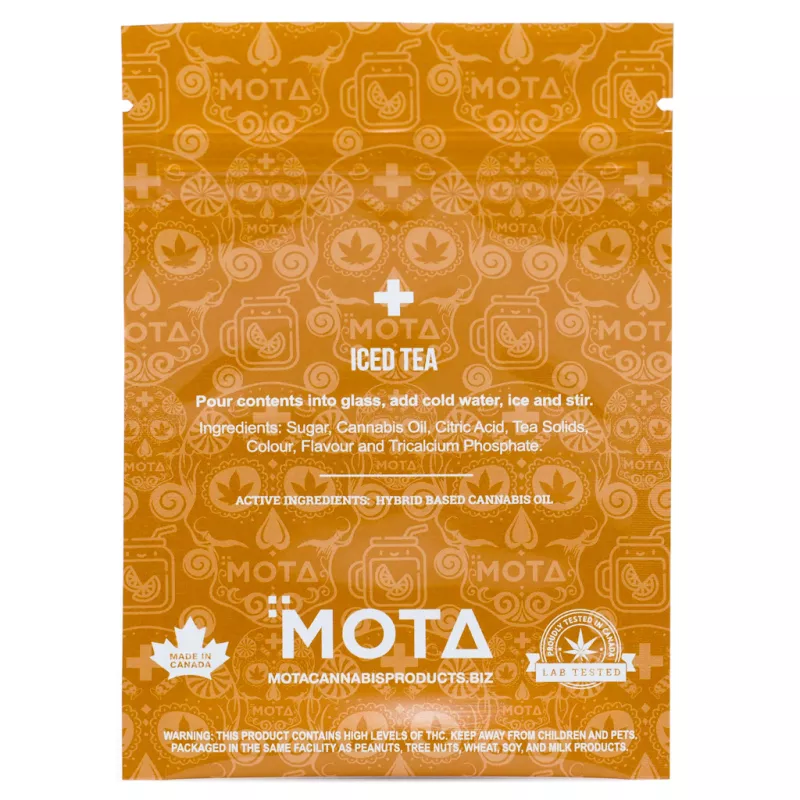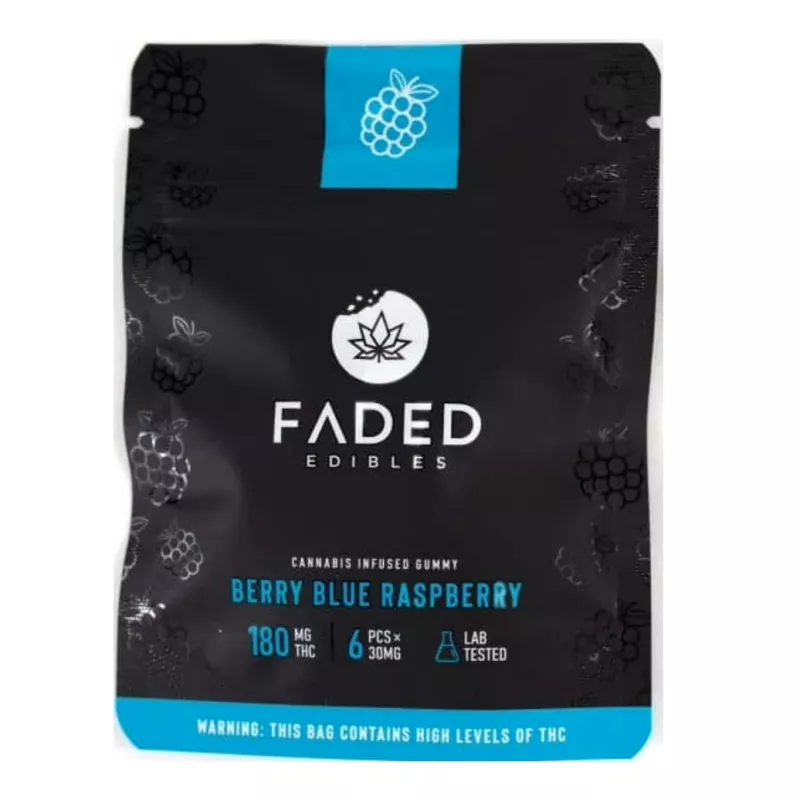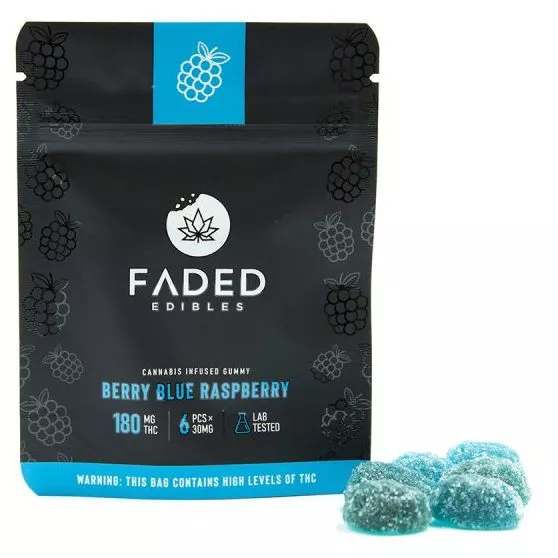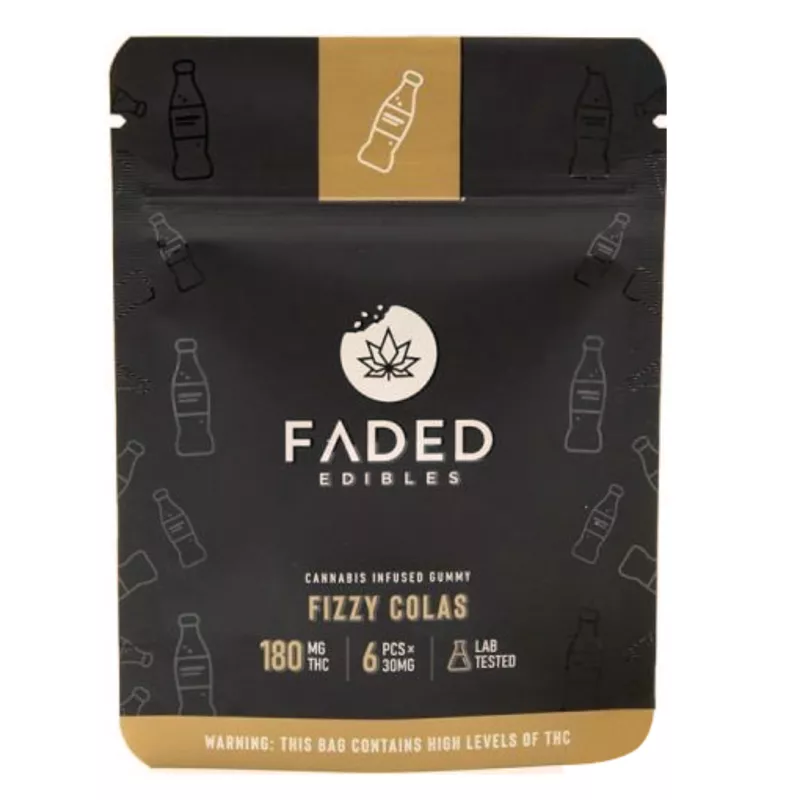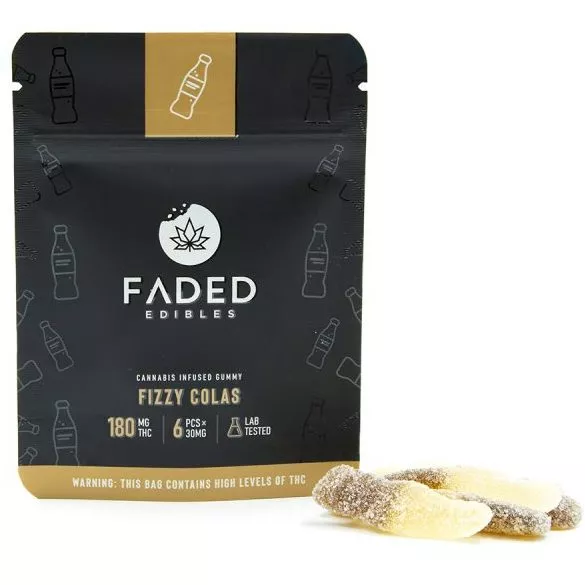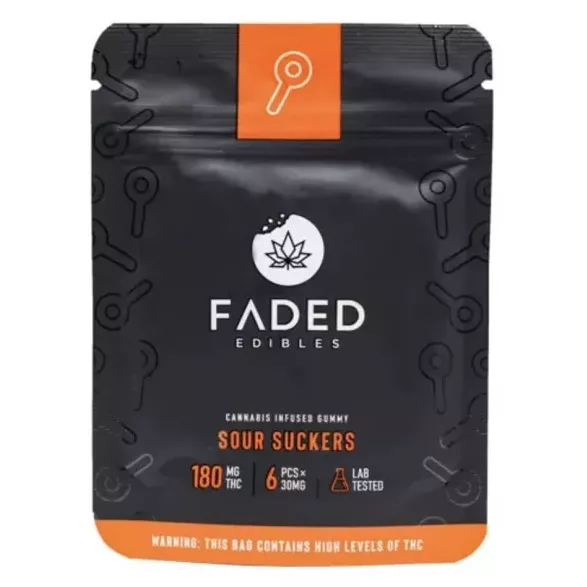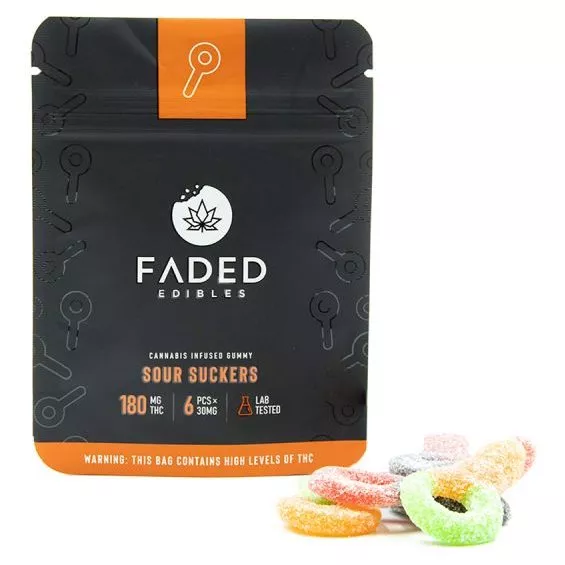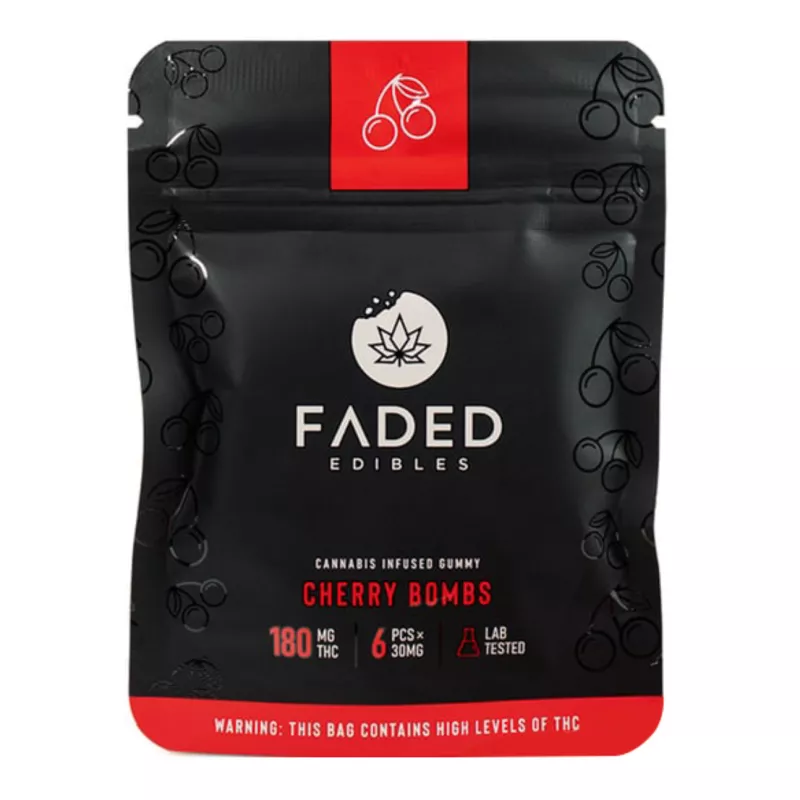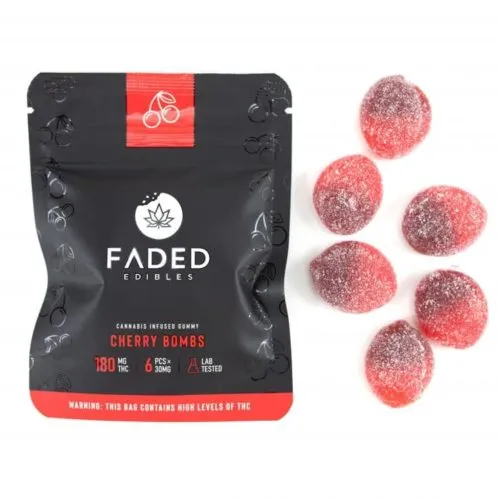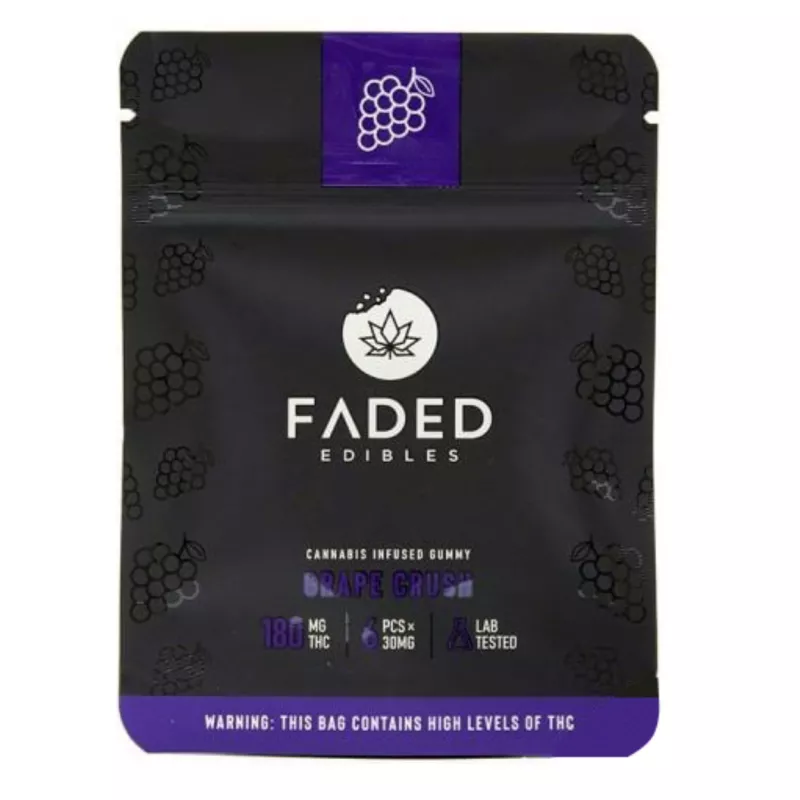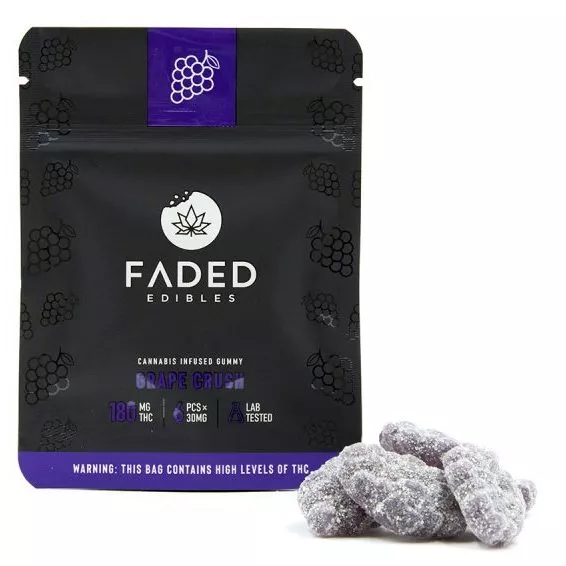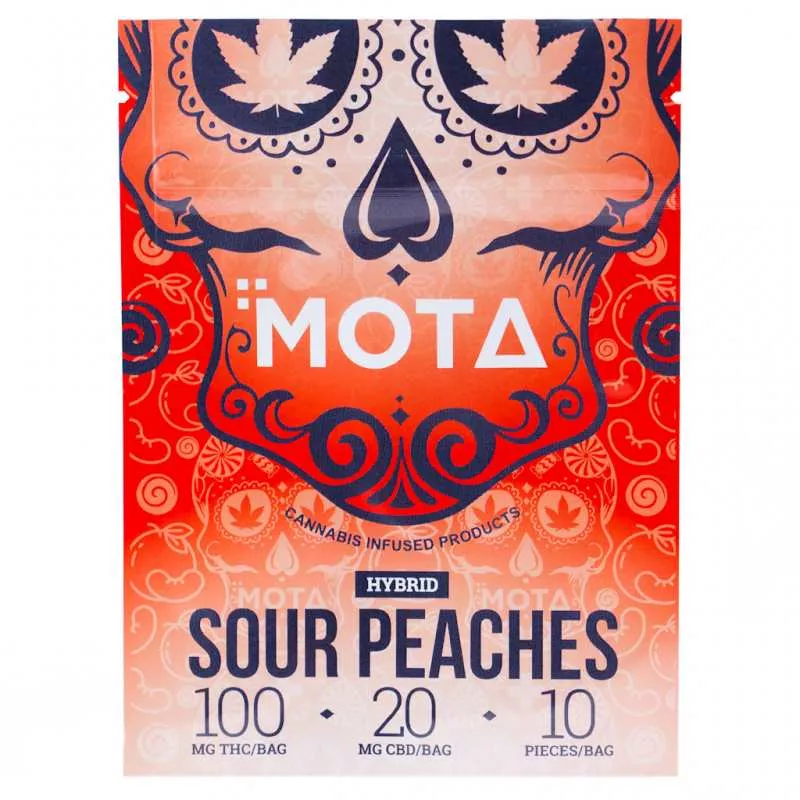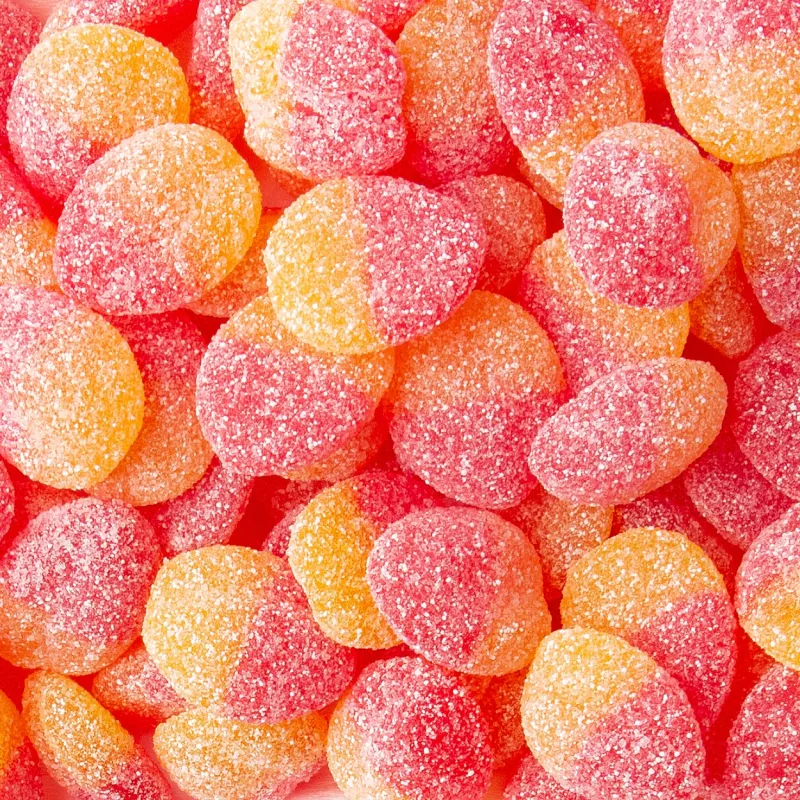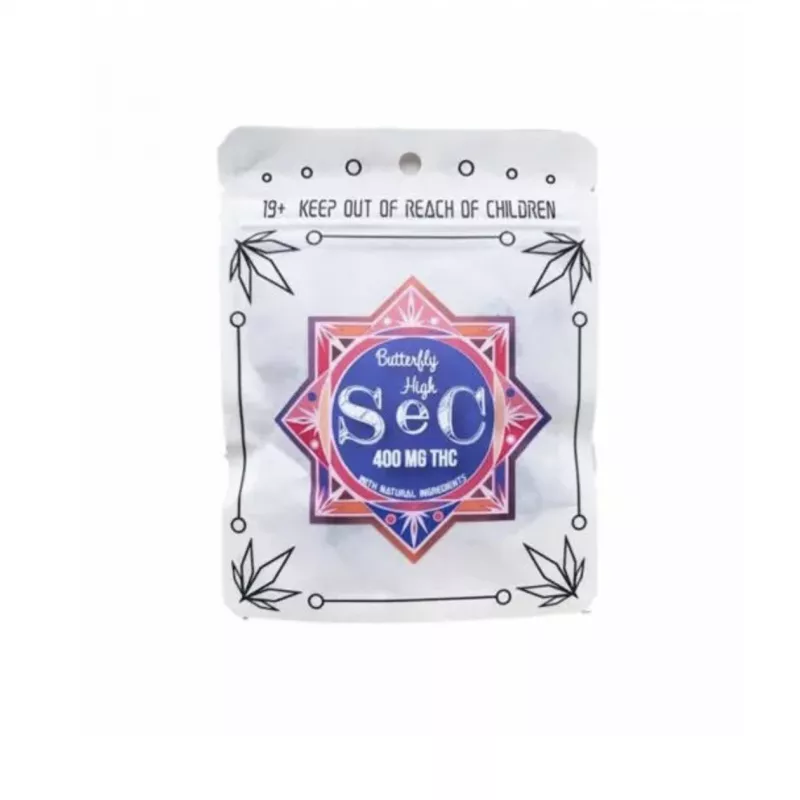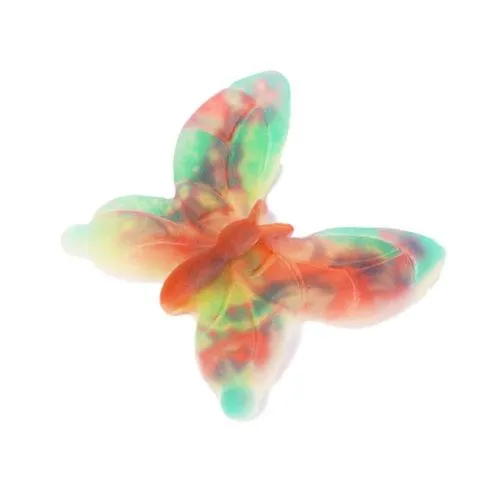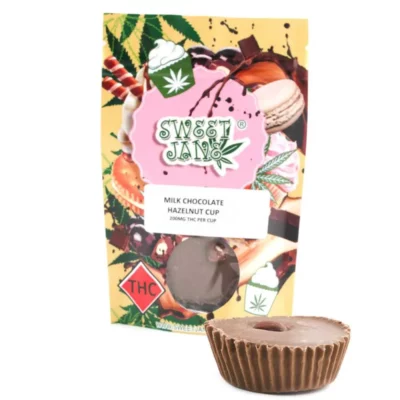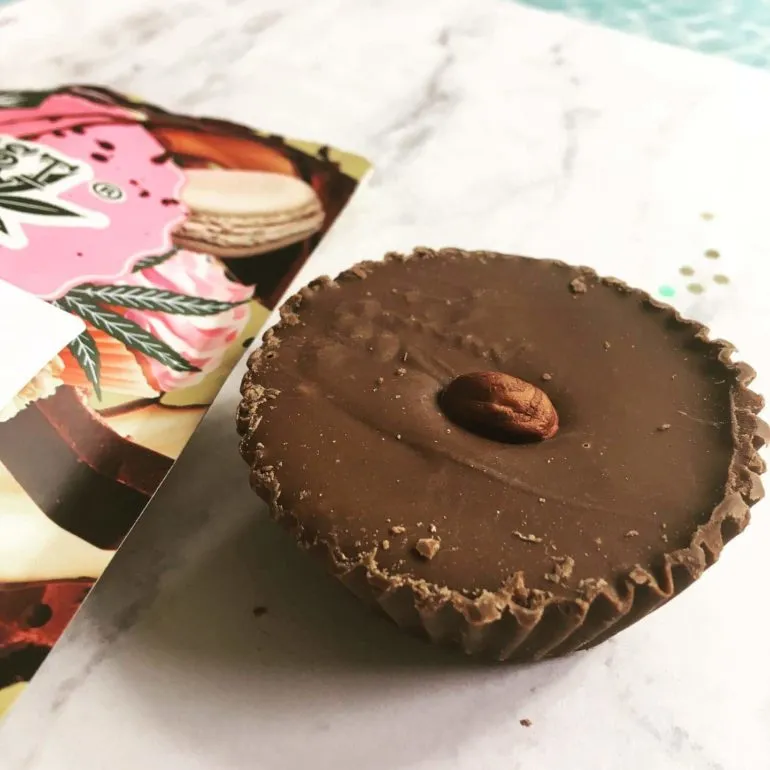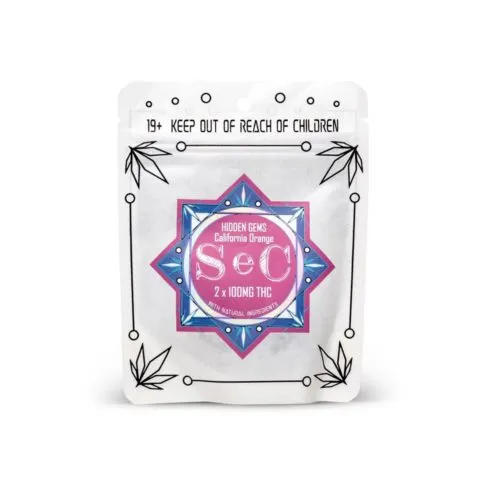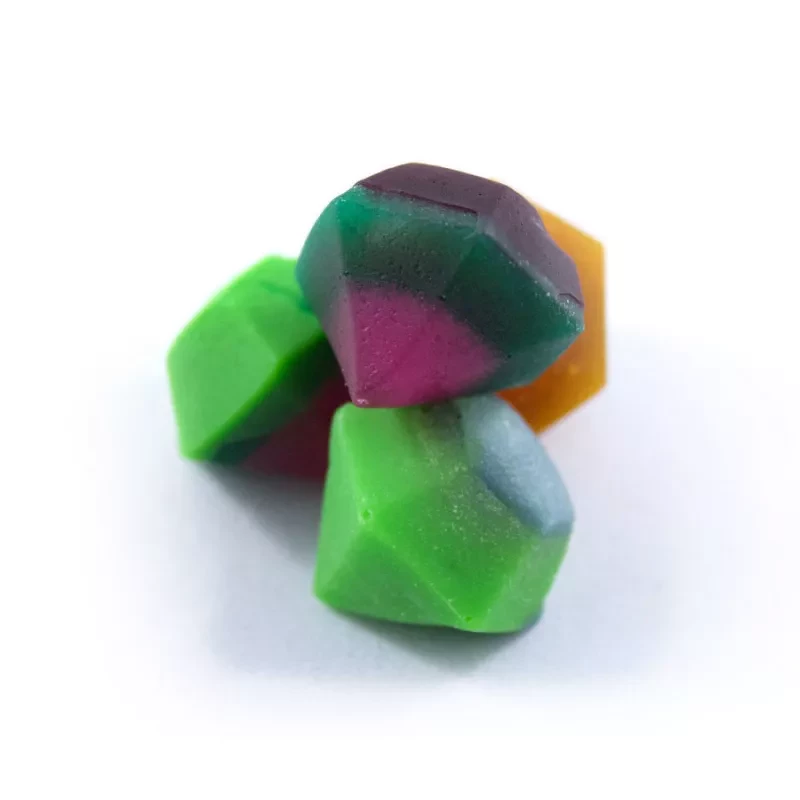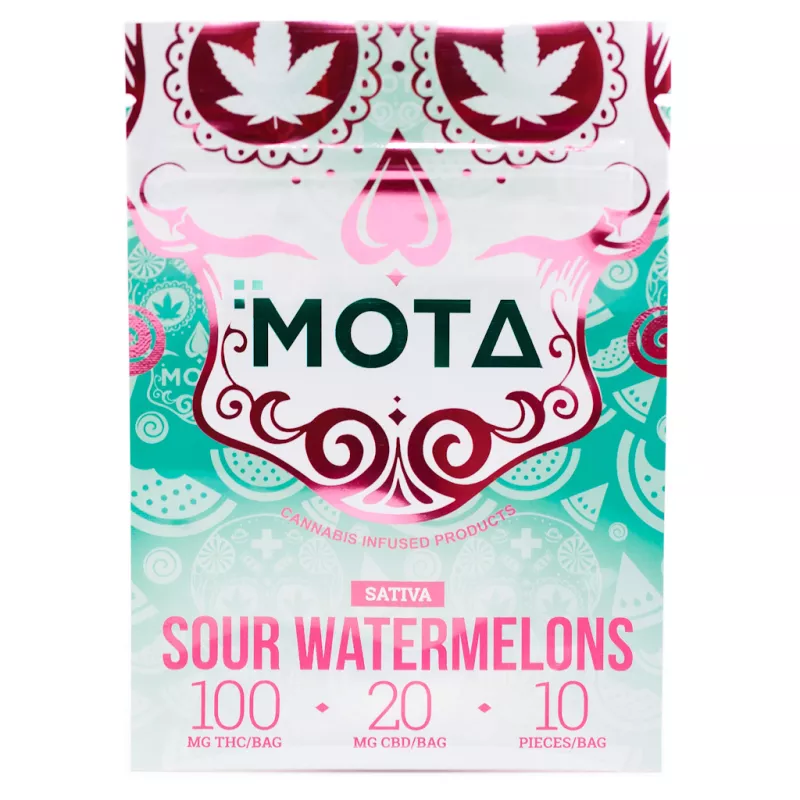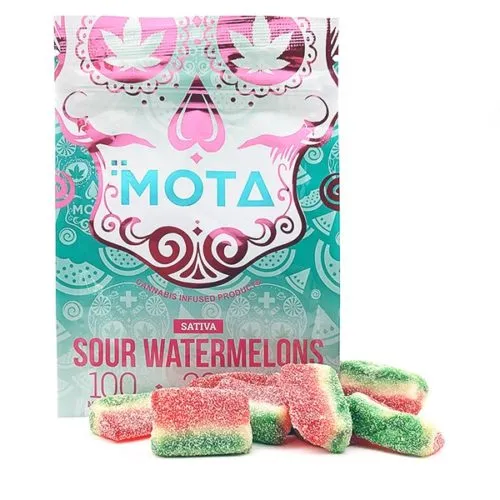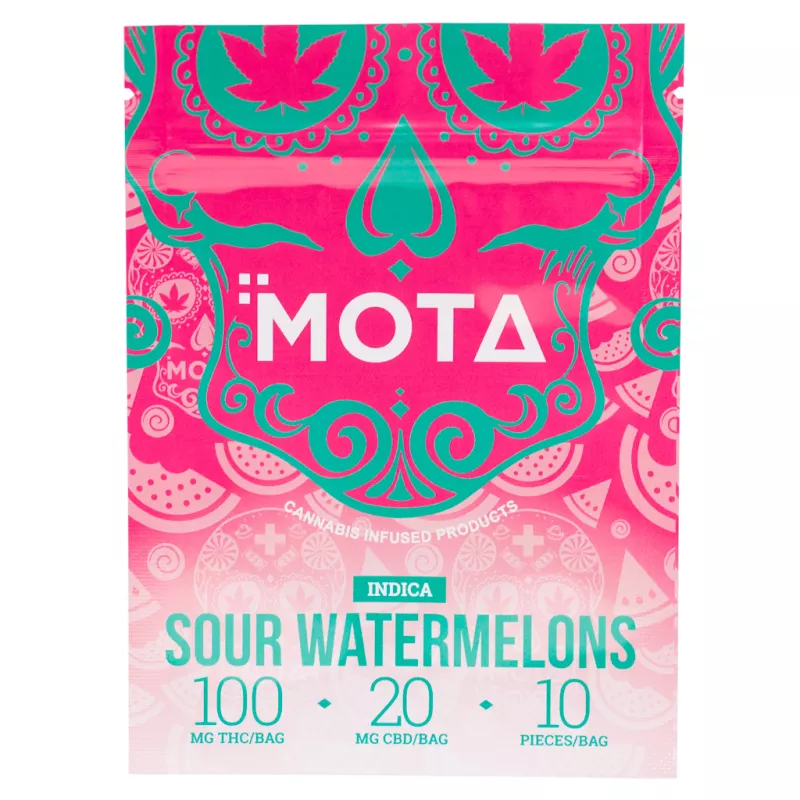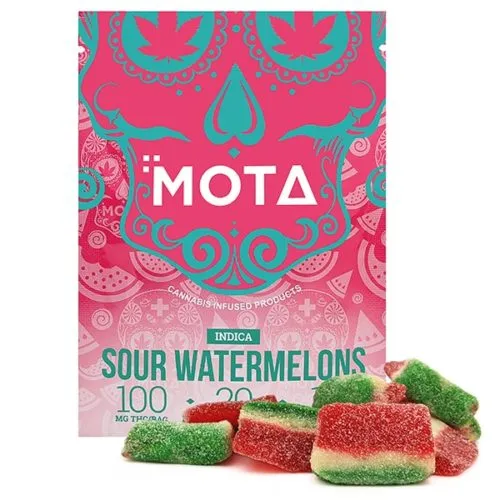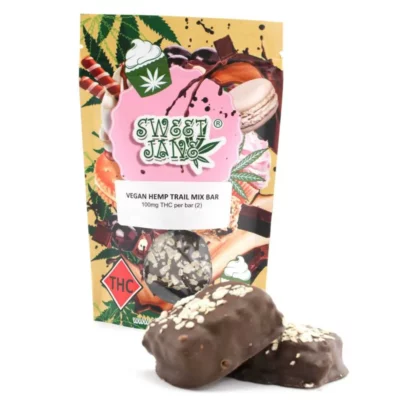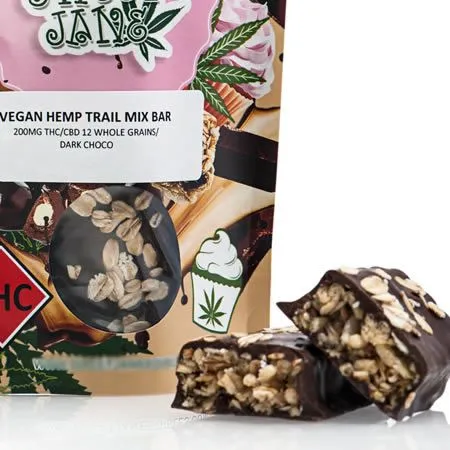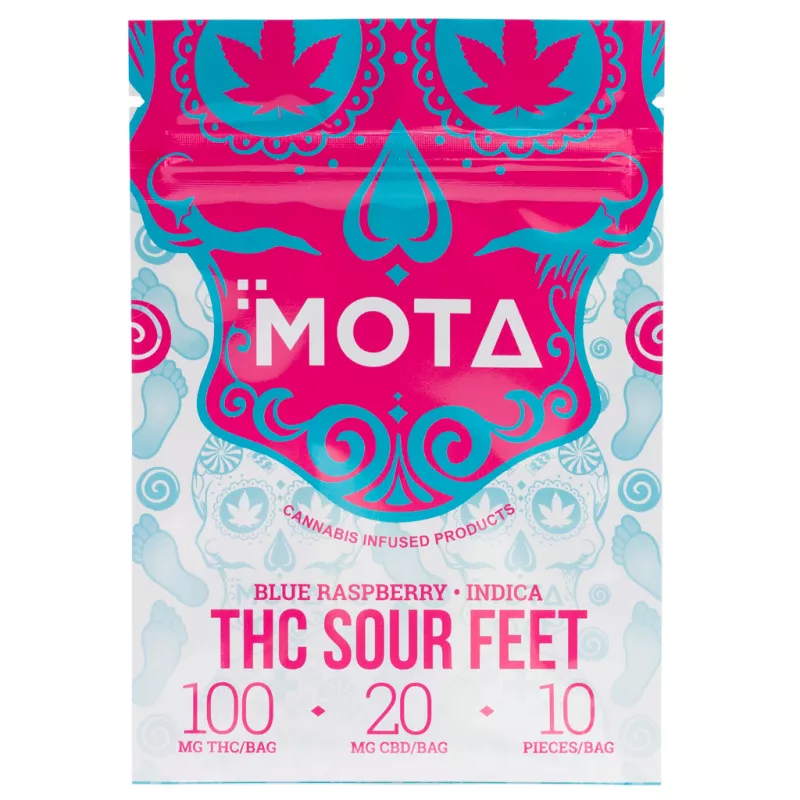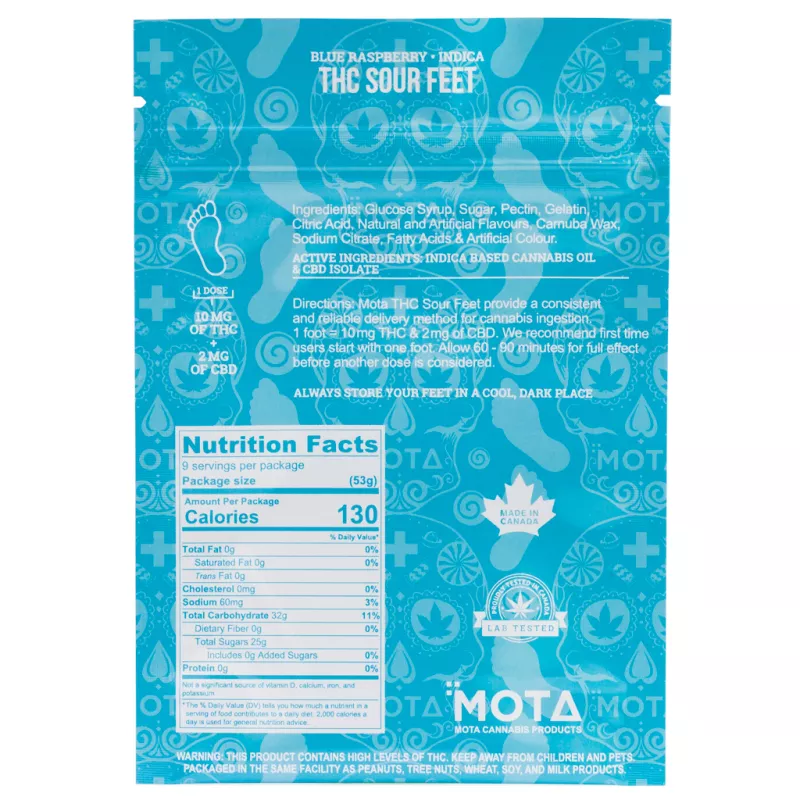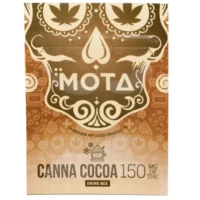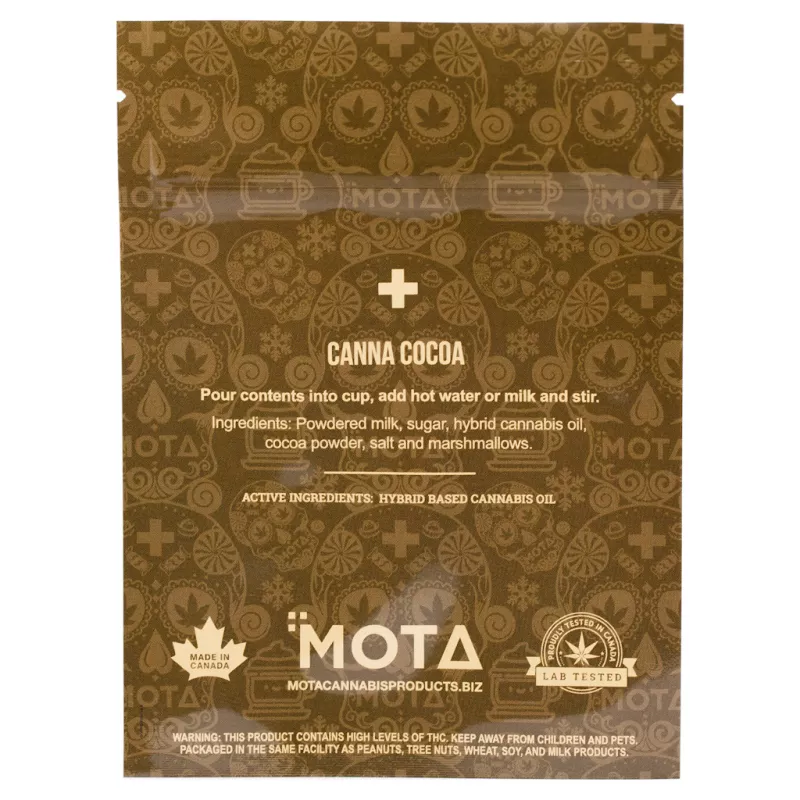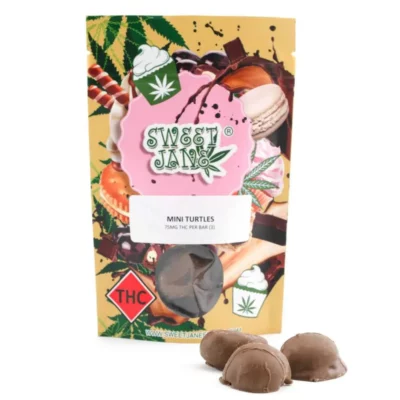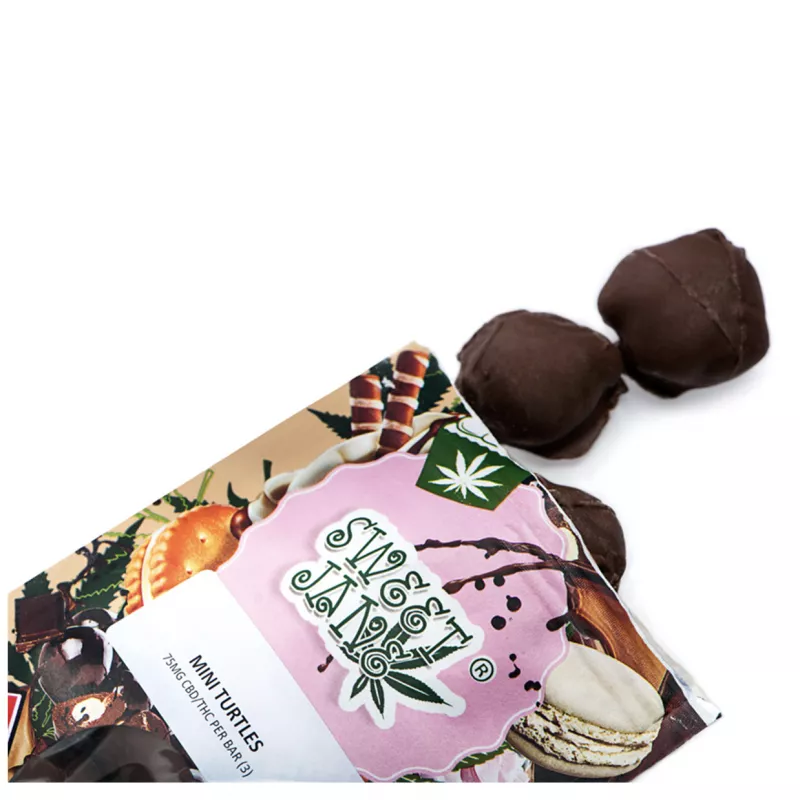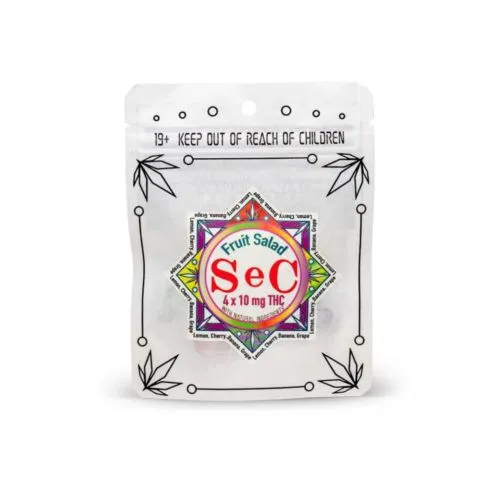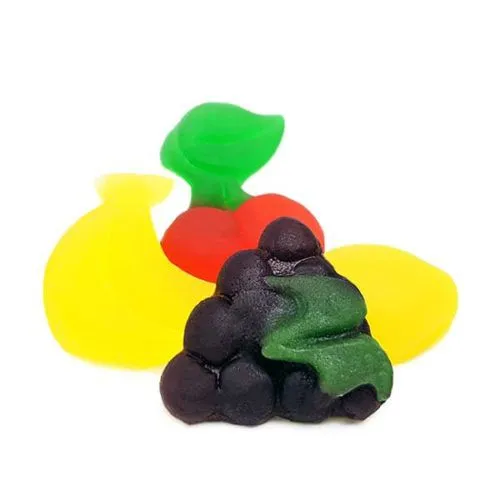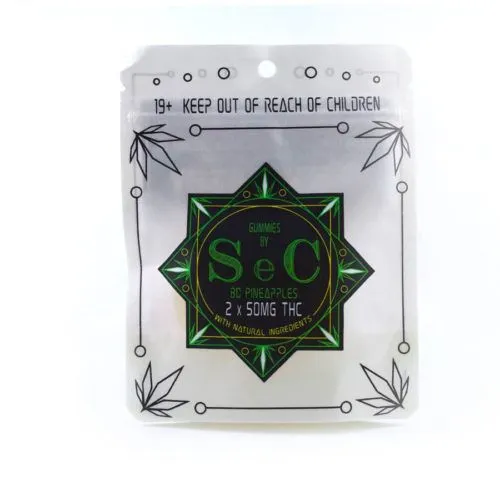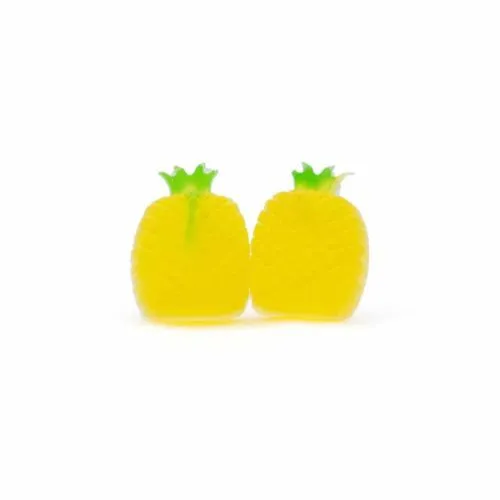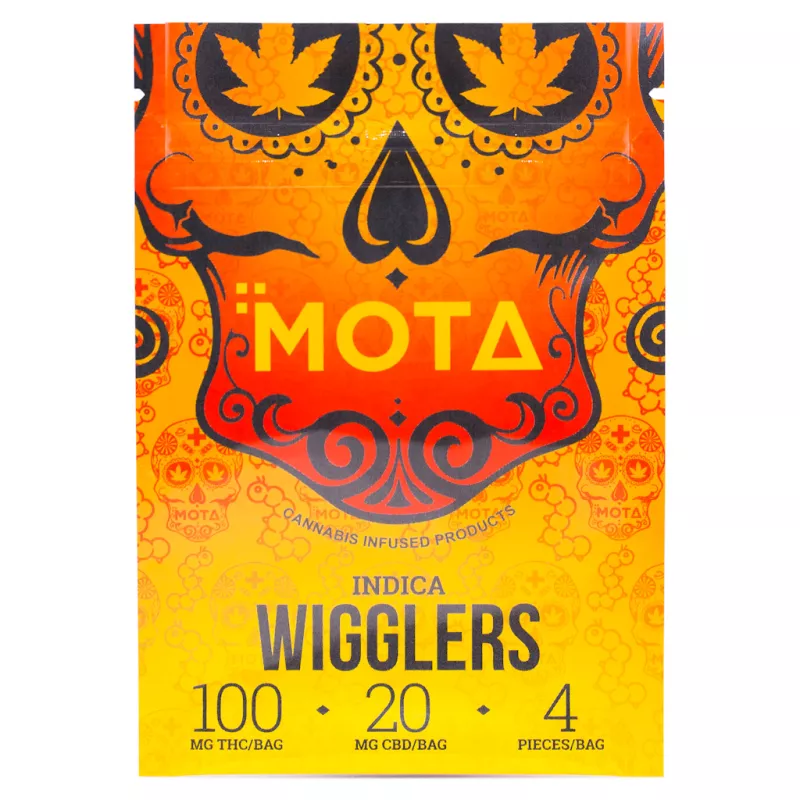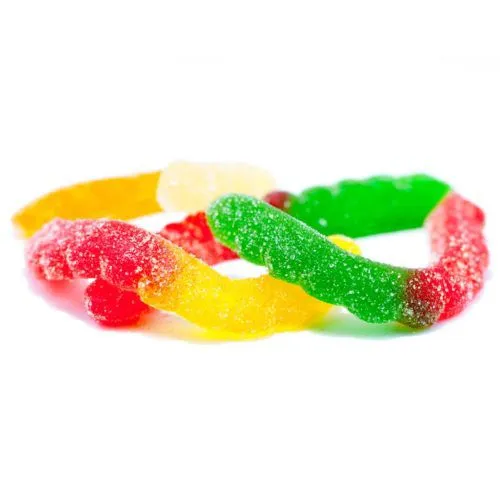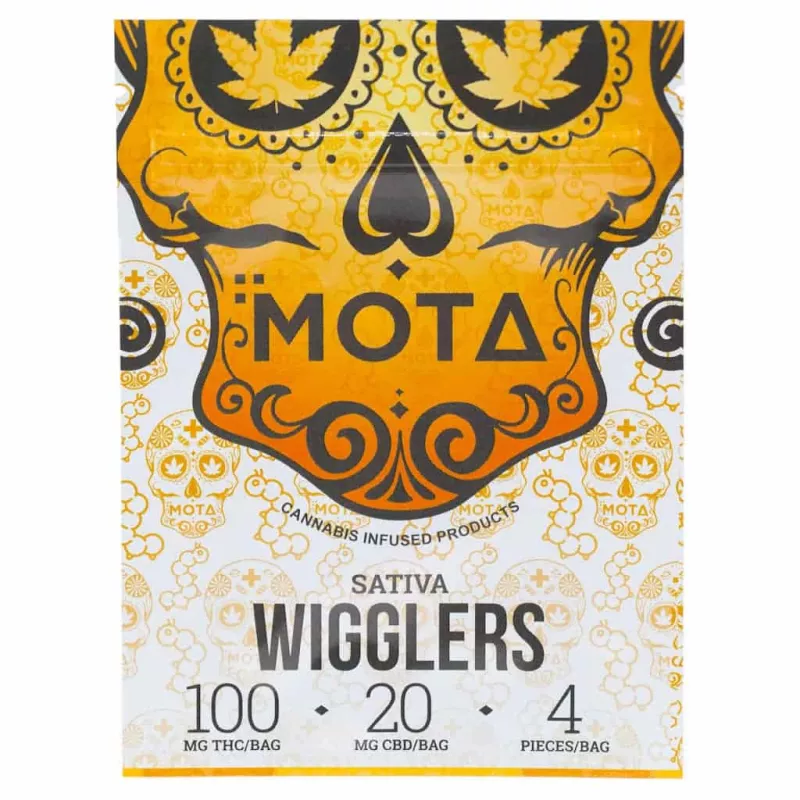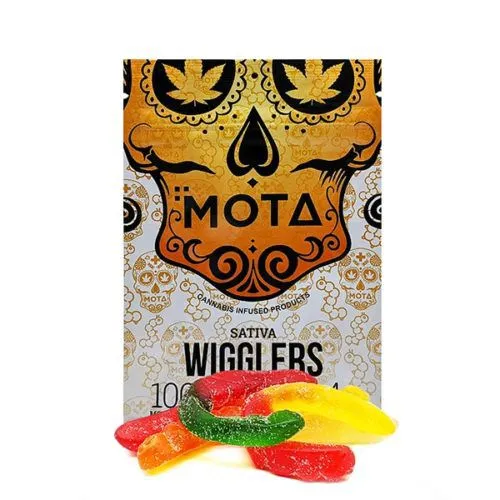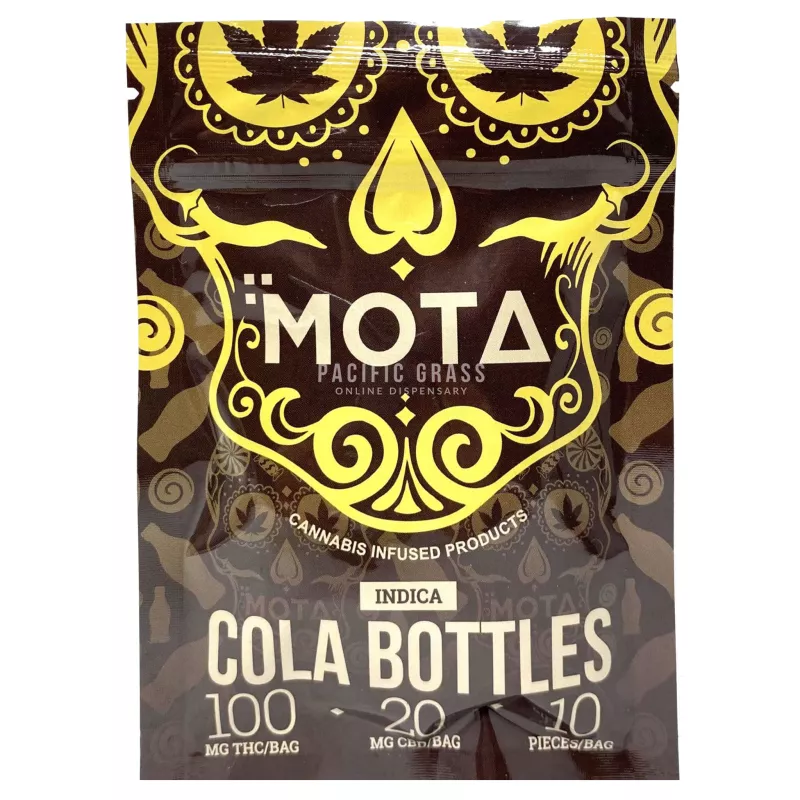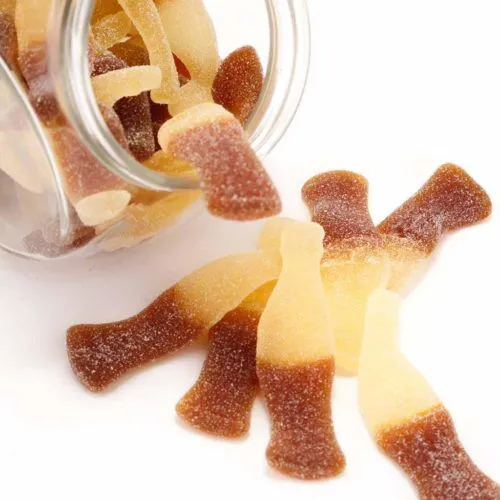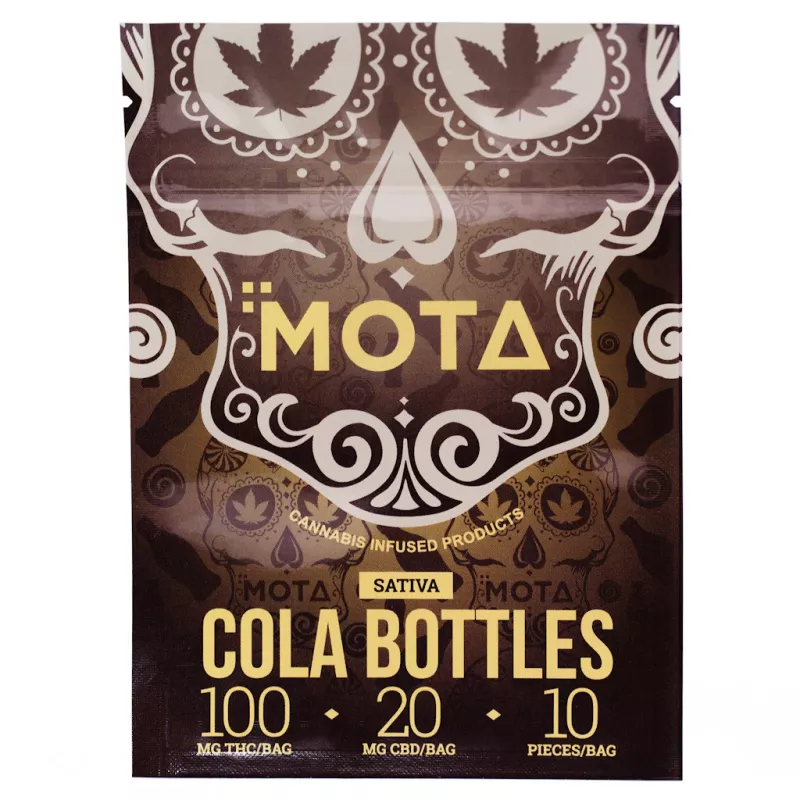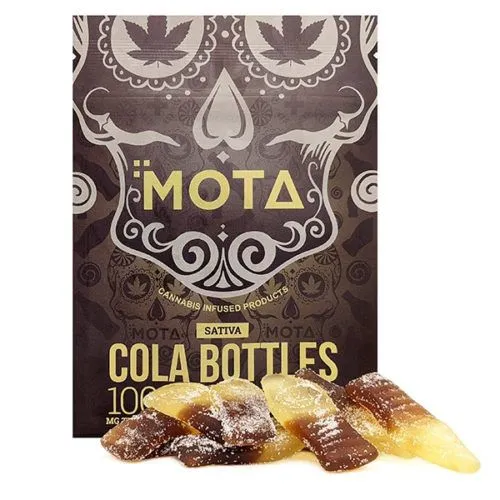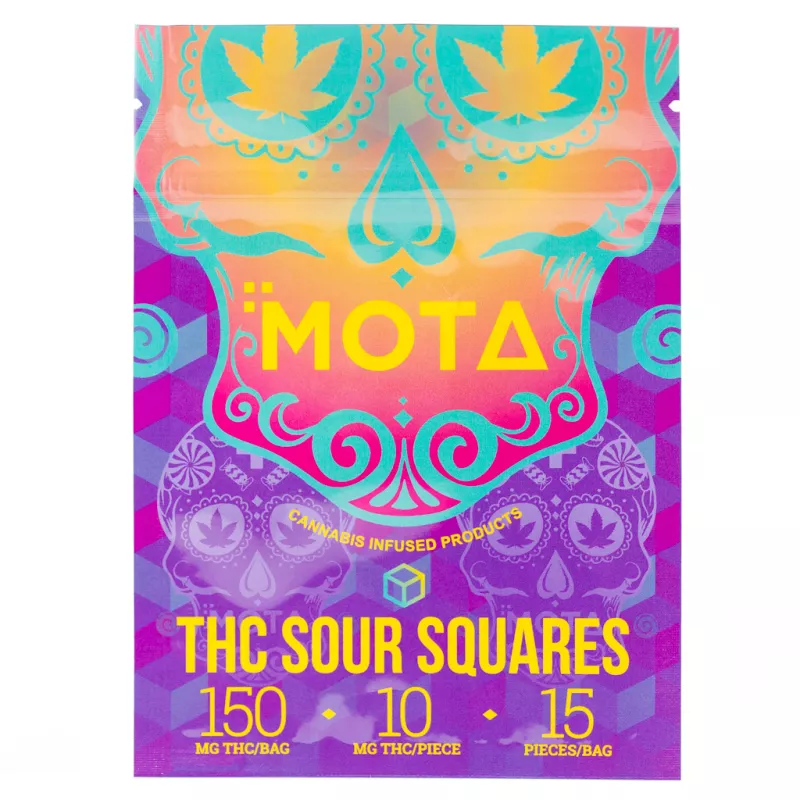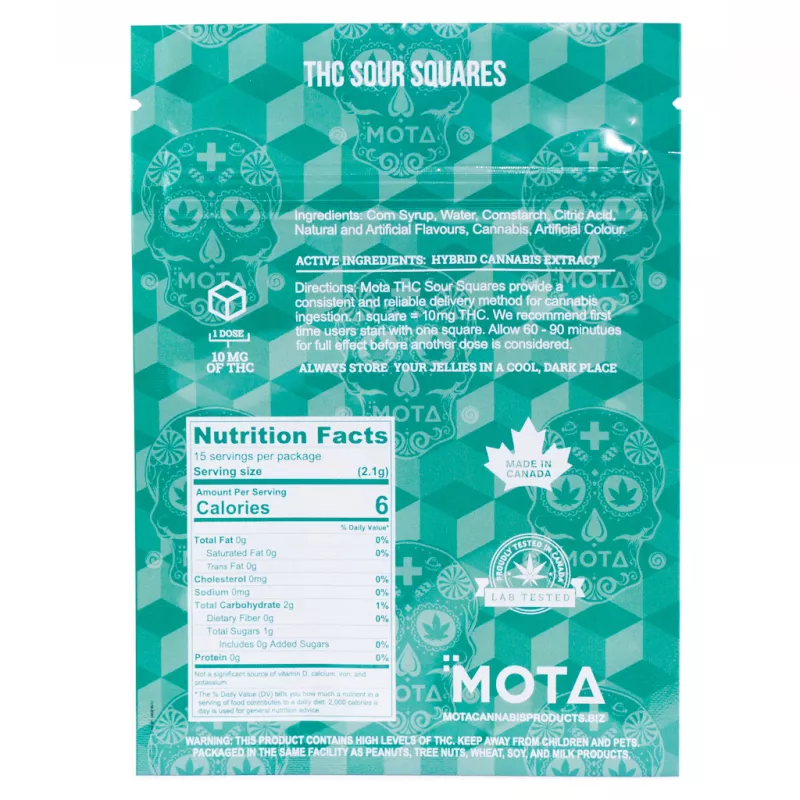Vaping CBD oil has become an increasingly popular way to enjoy the benefits of cannabidiol. CBD vape pens and CBD vape starter kits provide a fast, convenient method to get […]
- Shop All
- Type
- (144) THC>
- (75) CBD>
- Need
- Sleep>
- (21) Pain>
- (10) Anxiety>
- (6) Pets>
- (88) Edibles
- (14) CBD Edibles>
- (60) THC Edibles>
- (3) Ratio Edibles>
- (33) Hybrid Edibles>
- (87) Vegan>
- (5) Beverages>
- Strain
- (29) Indica>
- (24) Sativa>
- (47) Hybrid>
- (14) Tinctures
- (5) Anxiety Tinctures>
- (9) CBD Tincture>
- (1) Pain Tincture>
- (4) Ratio Tincture>
- (4) Sleep Tincture>
- (4) THC Tincture>
- (4) Capsules
- (1) CBD Capsules>
- (0) THC Capsules>
- (3) Ratio Capsules>
- Foggers
Shop THC
-
Cbd : Thc Capsules 3:1 Ratio | Night Time - Birch + Fog
THC 900mg | CBD 300mg$70.00 -
Cbd : Thc Capsules 3:1 Ratio | Day Time - Birch + Fog
THC 900mg | CBD 300mg$70.00 -
Exotic Fruit High Dose THC Gummies - Liift
THC 3000mg | CBD 0mg$65.00 -
DEAL
4 Pack Sativa Thc Gummy Blokks - Kandy Kandy
THC 600mg | CBD 0mg$99.76 -
Watermelon Sativa Gummy Sunshine Bears - Kandy Kandy
THC 150mg | CBD 0mg$25.50 -
Key Lime Sativa Gummy Sunshine Bears - Kandy Kandy
THC 150mg | CBD 0mg$25.50 -
Grape Sativa Gummy Sunshine Bears - Kandy Kandy
THC 150mg | CBD 0mg$25.50 -
Cherry Sativa Gummy Sunshine Bears - Kandy Kandy
THC 150mg | CBD 0mg$25.50 -
Blueberry Sativa Gummy Sunshine Bears - Kandy Kandy
THC 150mg | CBD 0mg$25.50 -
Watermelon Indica Gummy Bedtime Bears - Kandy Kandy
THC 150mg | CBD 0mg$25.50 -
Key Lime Indica Gummy Bedtime Bears - Kandy Kandy
THC 150mg | CBD 0mg$25.50 -
Grape Indica Gummy Bedtime Bears - Kandy Kandy
THC 150mg | CBD 0mg$25.50 -
Cherry Indica Gummy Bedtime Bears - Kandy Kandy
THC 150mg | CBD 0mg$25.50 -
Blueberry Indica Gummy Bedtime Bears - Kandy Kandy
THC 150mg | CBD 0mg$25.50 -
Mimosa Sativa THC Vape Pen - Now + Then
THC 1000mg | CBD 0mg$30.00 -
Strawberry Ratio THC Vape Pen - Now + Then
THC 500mg | CBD 500mg$30.00 -
Grape Indica THC Vape Pen - Now + Then
THC 1000mg | CBD 0mg$30.00 -
Honey Oil THC Vape Pen - Now + Then
THC 1000mg | CBD 0mg$30.00 -
Slim J’S Filtered Prerolls - Now + Then
THC 3500mg | CBD 0mg$22.00 -
Honey Oil Glass Dispenser - Now + Then
THC 1000mg | CBD 0mg$30.00 -
Sativa Extract Glass Dispenser - Now + Then
THC 1000mg | CBD 0mg$28.00 -
Indica Extract Glass Dispenser - Now + Then
THC 1000mg | CBD 0mg$28.00 -
Phoenix Tears Glass Dispenser - Now + Then
THC 1000mg | CBD 0mg$26.00 -
1:1 Ratio Tincture - Now + Then
THC 500mg | CBD 500mg$60.00 -
4:1 Ratio Tincture - Now + Then
THC 250mg | CBD 1000mg$60.00 -
10:1 Ratio Tincture - Now + Then
THC 100mg | CBD 1000mg$60.00 -
10:1 Ratio Capsules - Now + Then
THC 0mg | CBD 1500mg$65.00 -
LIMITED EDITION Candy Cane Crunch THC Chocolate Bar - CHOCOLIT
THC 500mg | CBD 0mg$24.99 -
Pumpkin Spice Latte THC Chocolate Bar - Chocolit
THC 500mg | CBD 0mg$30.00 -
Vegan Mint THC Dark Chocolate Bar - Chocolit
THC 500mg | CBD 0mg$30.00 -
Mini Strawberry Milkshake Thc Chocolate Bar - Chocolit
THC 60mg | CBD 0mg$9.00 -
Strawberry Milkshake Thc Chocolate Bar - Chocolit
THC 500mg | CBD 0mg$30.00 -
1:1 Ratio Vegan Dark Chocolate Bar - Chocolit
THC 250mg | CBD 250mg$30.00 -
1:1 Ratio Milk Chocolate Bar - Chocolit
THC 250mg | CBD 250mg$30.00 -
500mg Birthday Cake Bar Thc Chocolate Bar - Chocolit
THC 500mg | CBD 0mg$30.00 -
Cookies And Cream THC Chocolate Bar - Chocolit
THC 500mg | CBD 0mg$30.00 -
500mg Classic Milk Bar Thc Chocolate Bar - Chocolit
THC 500mg | CBD 0mg$30.00 -
500mg Smores Bar Thc Chocolate Bar - Chocolit
THC 500mg | CBD 0mg$30.00 -
Tangie Full Spectrum Vape Cartridges - Kloud 9
THC 1000mg | CBD 0mg$33.00 -
Atf Full Spectrum Vape Cartridges - Kloud 9
THC 1000mg | CBD 0mg$33.00 -
Northern Lights Full Spectrum Vape Cartridges - Kloud 9
THC 1000mg | CBD 0mg$33.00 -
Grandaddy Purple Full Spectrum Vape Cartridges - Kloud 9
THC 1000mg | CBD 0mg$33.00 -
King Louis Xiii Full Spectrum Vape Cartridges - Kloud 9
THC 1000mg | CBD 0mg$33.00 -
Girl Scout Cookies Full Spectrum Vape Cartridges - Kloud 9
THC 1000mg | CBD 0mg$33.00 -
Blue Dream Full Spectrum Vape Cartridges - Kloud 9
THC 1000mg | CBD 0mg$33.00 -
Strawberry Cough Full Spectrum Vape Cartridges - Kloud 9
THC 1000mg | CBD 0mg$33.00 -
Og Kush Full Spectrum Vape Cartridges - Kloud 9
THC 1000mg | CBD 0mg$30.00 -
Jack Herer Full Spectrum Vape Cartridges - Kloud 9
THC 1000mg | CBD 0mg$30.00 -
DEAL
Raw Full Spectrum Vape Cartridges - Kloud 9
THC 1000mg | CBD 0mg$30.00$24.00 -
Versace THC Vape Pen - Diamond
THC 1000mg | CBD 0mg$32.00 -
AC/DC RATIO Vape Pen - Diamond
THC 500mg | CBD 500mg$32.00 -
Blueberry Diesel THC Vape Pen - Diamond
THC 1000mg | CBD 0mg$32.00 -
Watermelon THC Vape Pen - Unicorn Hunter
THC 1000mg | CBD 0mg$47.99 -
Charlotte's Web Thc Vape Pen - Diamond
THC 1000mg | CBD 0mg$32.00 -
Tom Ford Thc Vape Pen - Diamond
THC 1000mg | CBD 0mg$32.00 -
Strawberry Thc Vape Pen - Unicorn Hunter
THC 1000mg | CBD 0mg$47.99 -
Pineapple Express Thc Vape Pen - Unicorn Hunter
THC 1000mg | CBD 0mg$47.99 -
Girl Scout Cookies Thc Vape Pen - Unicorn Hunter
THC 1000mg | CBD 0mg$47.99 -
Orange Creamsicle Thc Vape Pen - Unicorn Hunter
THC 1000mg | CBD 0mg$47.99 -
Gelato Thc Vape Pen - Unicorn Hunter
THC 1000mg | CBD 0mg$47.99 -
Pink Kush Thc Vape Pen - Unicorn Hunter
THC 1000mg | CBD 0mg$47.99 -
Blueberry Thc Vape Pen - Unicorn Hunter
THC 1000mg | CBD 0mg$47.99 -
Purple Kush Thc Vape Pen - Unicorn Hunter
THC 1000mg | CBD 0mg$47.99 -
Limited Edition Apple Pie THC Gummies - SEC
THC 60mg | CBD 0mg$7.99 -
Neon Trees Hybrid Anytime Smoke - Herban Legends
THC 7000mg | CBD 0mg$69.00 -
Flawless Victory Indica Hybrid Anytime Smoke - Herban Legends
THC 7000mg | CBD 0mg$69.00 -
Purple Kerosene Hybrid Anytime Smoke - Tegridy Farms
THC 7000mg | CBD 0mg$69.00 -
Sativa THC Chocolate Shatter Bomb - Euphoria Extractions
THC 240mg | CBD 0mg$26.00 -
Indica THC Chocolate Shatter Bombs - Euphoria Extractions
THC 240mg | CBD 0mg$26.00 -
Indica Peach Sours - Euphoria Extractions
THC 600mg | CBD 0mg$38.00 -
Indica Blue Raspberry Sours - Euphoria Extraction
THC 600mg | CBD 0mg$38.00 -
Indica Watermelon Sours - Euphoria Extractions
THC 600mg | CBD 0mg$38.00 -
Sativa Watermelon Sours - Euphoria Extractions
THC 600mg | CBD 0mg$38.00 -
Sativa Peach Sours - Euphoria Extractions
THC 600mg | CBD 0mg$38.00 -
Sativa Blue Raspberry Sours - Euphoria Extractions
THC 600mg | CBD 0mg$38.00 -
Chem Dawg Sativa Galaxy Prerolls - Moonwalker
THC 1750mg | CBD 0mg$21.50 -
Sour Pink Indica Galaxy Prerolls - Moonwalker
THC 1750mg | CBD 0mg$21.50 -
Wedding Frost Hybrid Anytime Smoke - Herban Legends
THC 7000mg | CBD 0mg$69.00 -
Mango Peach Indica Thc Gummies - Willo
THC 500mg | CBD 0mg$26.00 -
Preppy Pineapple Indica Thc Gummies - Willo
THC 200mg | CBD 0mg$21.00 -
Poppin' Pink Champagne Sativa Thc Gummies - Willo
THC 200mg | CBD 0mg$21.00 -
Milk Chocolate Indica Thc Twix - Willo
THC 300mg | CBD 0mg$26.00 -
Thc Liquid Euphoria Tincture - Nectar Infusions
THC 500mg | CBD 0mg$80.00 -
Daydream Divisible High Dose Thc Gummies - Bliss Edibles
THC 1080mg | CBD 0mg$45.00 -
Sweet Escape Divisible High Dose Thc Gummies - Bliss Edibles
THC 1080mg | CBD 0mg$45.00 -
Cherry Punch Sativa Daytime Smoke - Tegridy Farms
THC 7000mg | CBD 0mg$69.00 -
Sativa Shatter Chews - Euphoria Extractions
THC 600mg | CBD 0mg$42.00 -
Indica High Dose Shatter Bars - Euphoria Extractions
THC 1200mg | CBD 0mg$70.00 -
Sativa High Dose Shatter Bars - Euphoria Extractions
THC 1200mg | CBD 0mg$70.00 -
Indica Shatter Chews - Euphoria Extractions
THC 600mg | CBD 0mg$42.00 -
Indica Prerolls - Aloha
THC 1500mg | CBD 0mg$25.00 -
Sativa Prerolls - Aloha
THC 1500mg | CBD 0mg$25.00 -
Strawberry Thc Vape Cartridge - Unicorn Hunter
THC 1000mg | CBD 0mg$38.00 -
Wedding Cake Thc Vape Cartridge - Unicorn Hunter
THC 1000mg | CBD 0mg$38.00 -
Master Kush Thc Vape Cartridge - Unicorn Hunter
THC 1000mg | CBD 0mg$38.00 -
Blueberry Thc Vape Cartridge - Unicorn Hunter
THC 1000mg | CBD 0mg$38.00 -
Purple Kush Thc Vape Cartridge - Unicorn Hunter
THC 1000mg | CBD 0mg$38.00 -
Watermelon Thc Gummies - Bliss Edibles
THC 250mg | CBD 0mg$17.00 -
Thc Chocolate Brownie - Faded Edibles
THC 180mg | CBD 0mg$29.95 -
Indica Vegan Thc Gummies Cherry Berry - Mota
THC 120mg | CBD 0mg$18.00 -
Hybrid Vegan Thc Gummies Melon Medley - Mota
THC 120mg | CBD 0mg$18.00 -
Sativa Vegan Thc Gummies Far Out Fruit - Mota
THC 120mg | CBD 0mg$18.00 -
Vegan Thc Candy Dweebs - Mota
THC 125mg | CBD 0mg$14.99 -
250mg Party Mix Thc Gummies - Bliss Edibles
THC 250mg | CBD 0mg$17.50 -
375mg Party Mix Thc Gummies - Bliss Edibles
THC 375mg | CBD 0mg$24.50 -
Mini Plumping Lip Gloss - Highonlove™
THC 0mg | CBD 0mg$14.00 -
375mg Tropical Thc Gummies - Bliss Edibles
THC 375mg | CBD 0mg$24.00 -
250mg Tropical Thc Gummies - Bliss Edibles
THC 250mg | CBD 0mg$17.50 -
Tropical 1:1 Ratio Gummies - Mota
THC 100mg | CBD 100mg$20.00 -
Rainbow Vegan Thc Gummies - Faded Edibles
THC 180mg | CBD 0mg$16.95 -
Gummy Bear Vegan Thc Gummies - Faded Edibles
THC 180mg | CBD 0mg$16.95 -
Strawberry Daze Vegan Thc Gummies - Faded Edibles
THC 180mg | CBD 0mg$16.95 -
Starlits Thc Gummies - Sec
THC 300mg | CBD 0mg$21.99 -
Party Pack Assorted Thc Gummies - Faded Edibles
THC 240mg | CBD 0mg$21.99 -
Fruit Pack Assorted Thc Gummies - Faded Edibles
THC 240mg | CBD 0mg$21.99 -
High Seas Ratio Gummies - Sec
THC 25mg | CBD 25mg$19.98 -
Happy Hour Thc Gummy - Sec
THC 50mg | CBD 0mg$7.99 -
Watermelon Vegan Thc Gummies - Faded Edibles
THC 180mg | CBD 0mg$16.95 -
Peach Vegan Thc Gummies - Faded Edibles
THC 180mg | CBD 0mg$16.95 -
Gemmies Thc Gummies - Sec
THC 35mg | CBD 0mg$6.99 -
Soothing Thc Lotion - Sweet Jane
THC 1300mg | CBD 0mg$20.99 -
Thc Iced Tea - Mota
THC 150mg | CBD 0mg$14.95 -
Blue Raspberry Thc Gummies - Faded Edibles
THC 180mg | CBD 0mg$16.95 -
Fizzy Cola Thc Gummies - Faded Edibles
THC 180mg | CBD 0mg$16.95 -
Sour Sucker Thc Gummies - Faded Edibles
THC 180mg | CBD 0mg$16.95 -
Cherry Bomb Vegan Thc Gummies - Faded Edibles
THC 180mg | CBD 0mg$16.95 -
Grape Vegan Thc Gummies - Faded Edibles
THC 180mg | CBD 0mg$16.95 -
Peach Thc Gummies - Mota
THC 100mg | CBD 20mg$13.99 -
Butterfly High Thc Gummy - Sec
THC 400mg | CBD 0mg$27.95 -
Thc Milk Chocolate Hazelnut Cup - Sweet Jane
THC 200mg | CBD 0mg$14.00 -
Hidden Gems Thc Gummies - Sec
THC 200mg | CBD 0mg$15.99 -
Sativa Thc Watermelon Gummies - Mota
THC 100mg | CBD 0mg$13.00 -
Indica Thc Watermelon Gummies - Mota
THC 100mg | CBD 0mg$13.00 -
DEAL
Vegan Thc Hemp Trail Mix Bar - Sweet Jane
THC 200mg | CBD 0mg$12.99$10.39 -
Blue Raspberry Indica Thc Sour Feet - Mota
THC 100mg | CBD 20mg$14.00 -
Canna Thc Cocoa - Mota
THC 150mg | CBD 0mg$12.00 -
Thc Mini Turtles - Sweet Jane
THC 750mg | CBD 0mg$14.00 -
Fruit Salad Thc Gummies - Sec
THC 40mg | CBD 0mg$7.95 -
Bc Pineapples Thc Gummies - Sec
THC 100mg | CBD 0mg$11.95 -
Indica Thc Gummy Worms - Mota
THC 100mg | CBD 0mg$13.99 -
Sativa Thc Gummy Worms - Mota
THC 100mg | CBD 0mg$13.99 -
Cola Bottle Indica Gummies - Mota
THC 100mg | CBD 0mg$11.95 -
Cola Bottle Sativa Gummies - Mota
THC 100mg | CBD 0mg$13.99 -
Thc Sour Squares - Mota
THC 150mg | CBD 0mg$15.50
Popular Categories
Trying a Vape Pen: Enhance Your ExperienceWritten by Olivia St James
[toc]Vape pens have exploded in popularity over the last few years as a portable and convenient way to enjoy flower, concentrates, and vape juices. These compact, pen-shaped devices produce vapor […]
THC Vape Pen - Unlock Its Full PotentialWritten by Olivia St James
THC vape pens provide a convenient and discreet way to enjoy the benefits of THC. With vaping's rising popularity, there are now more options than ever when it comes to […]
Rick Simpson Oil Vs Cbd OilWritten by Sarah Lightfoot
The Differences Between CBD Oil and Rick Simpson Oil In recent years, cannabis oils have gained a lot of attention for their potential health benefits. Two of the most popular […]
Latestfrom B+FBe the first to know about exciting new products, special events, seasonal offers, and much moreOur Collective
Wellness to your doorstepCopyright © 2024 All Rights Reserved | BIRCH + FOG[gtranslate]AssistantSave your cart?
x

